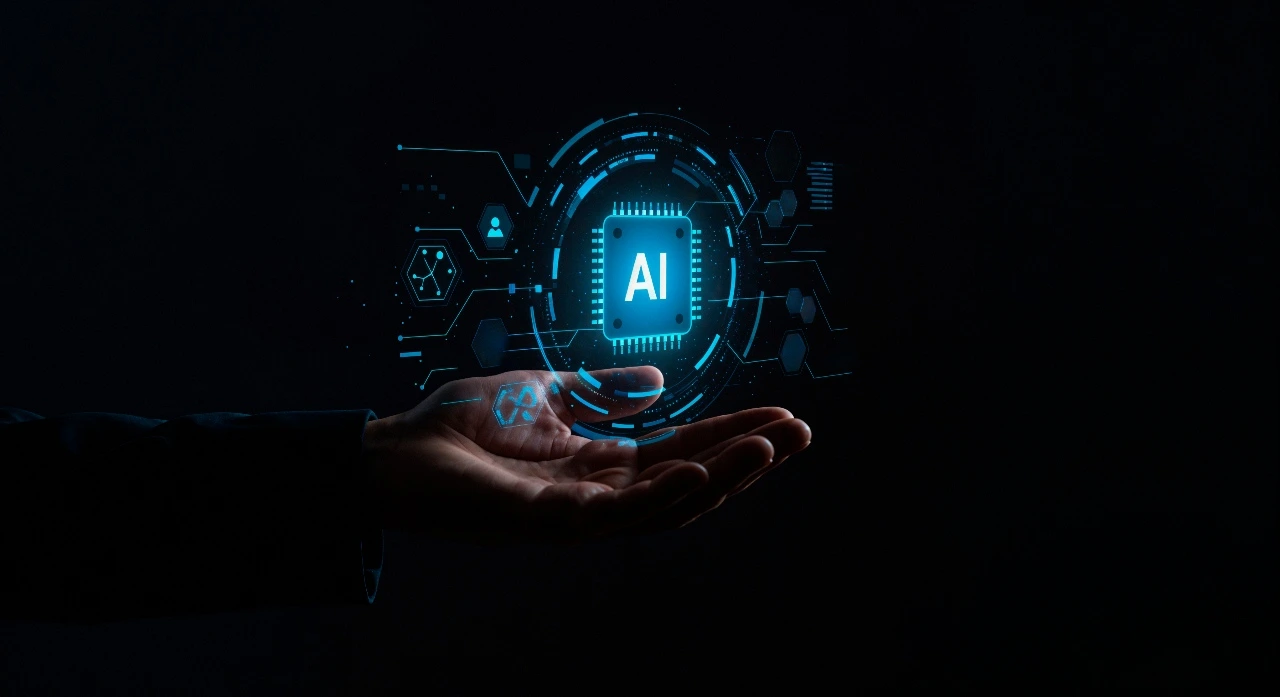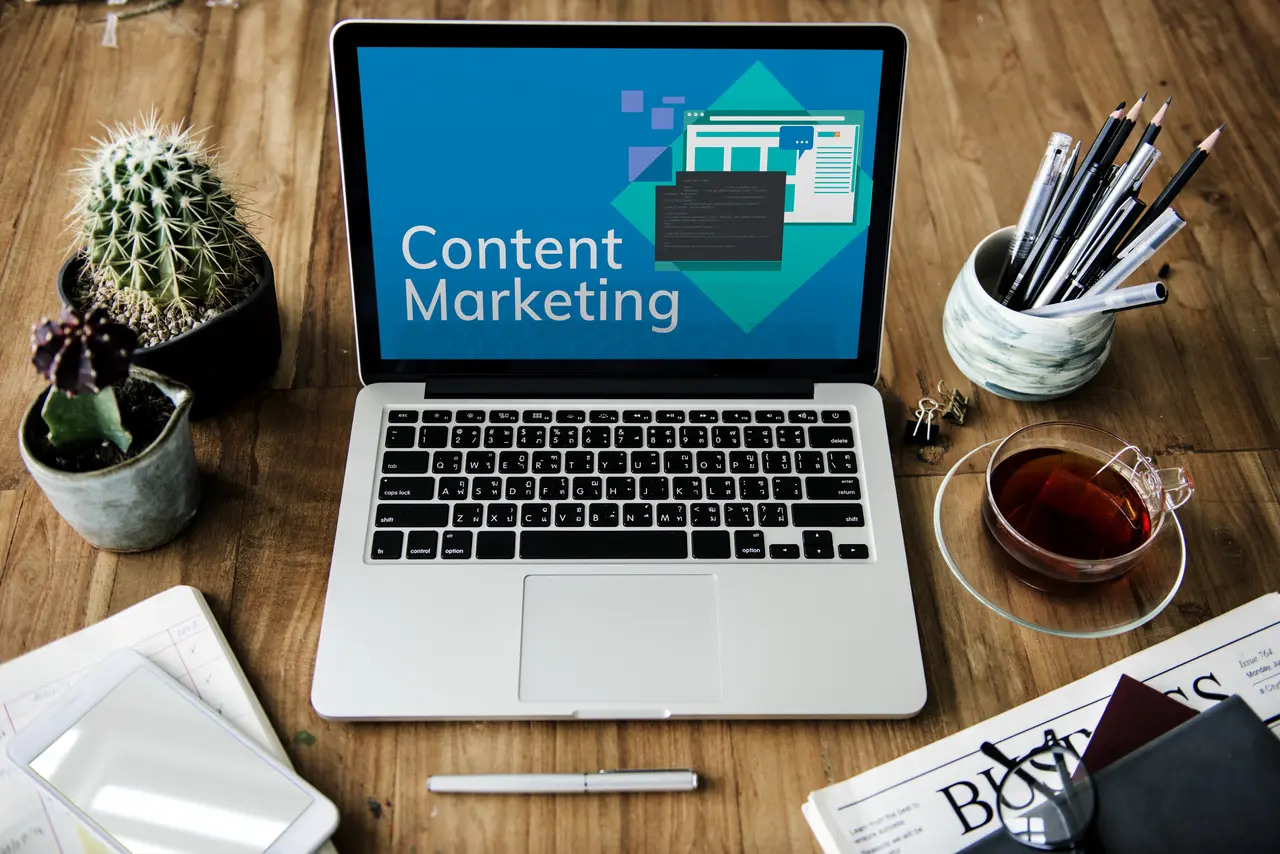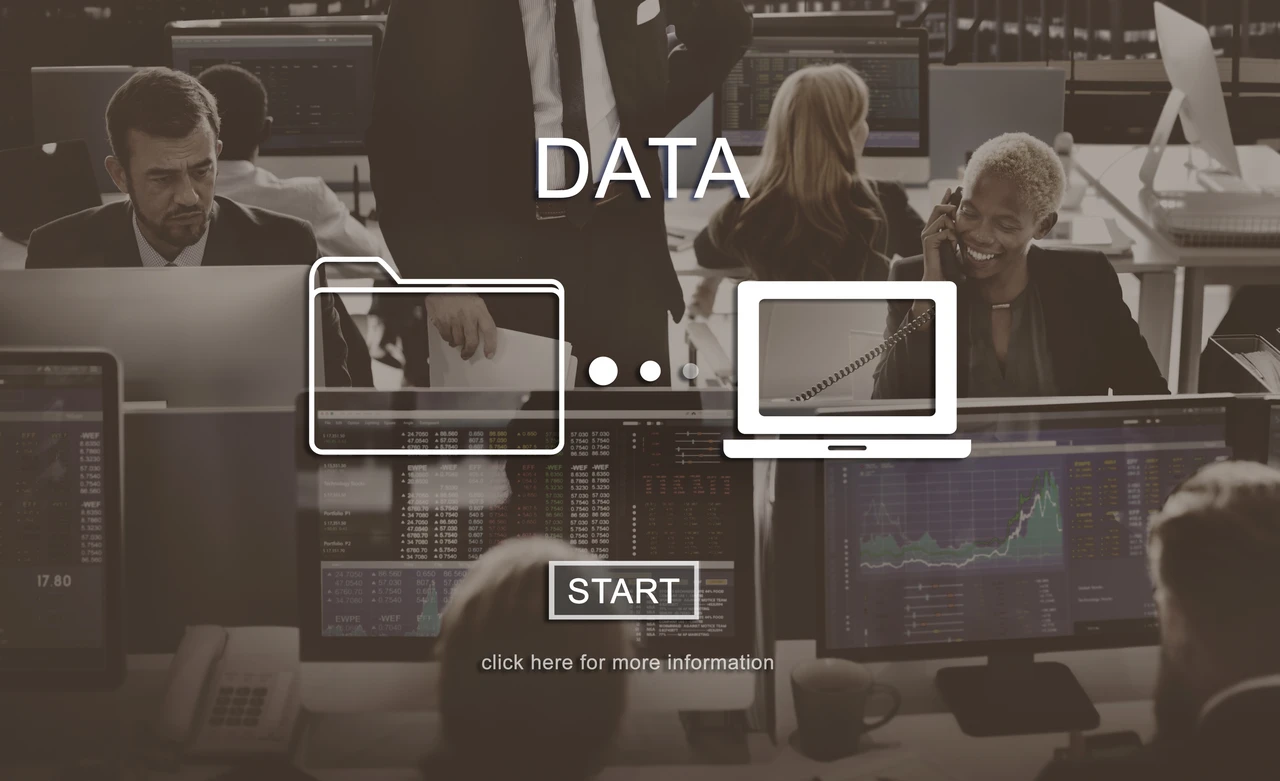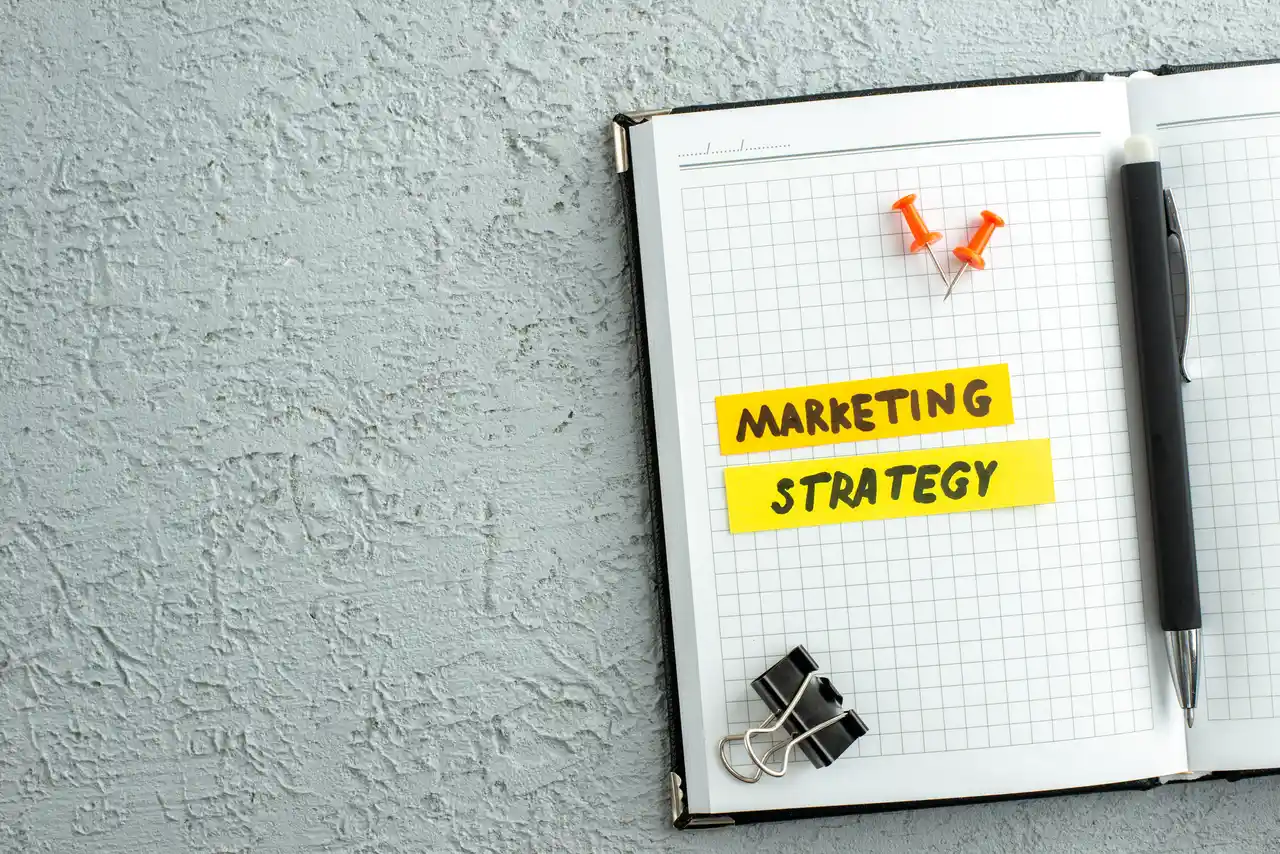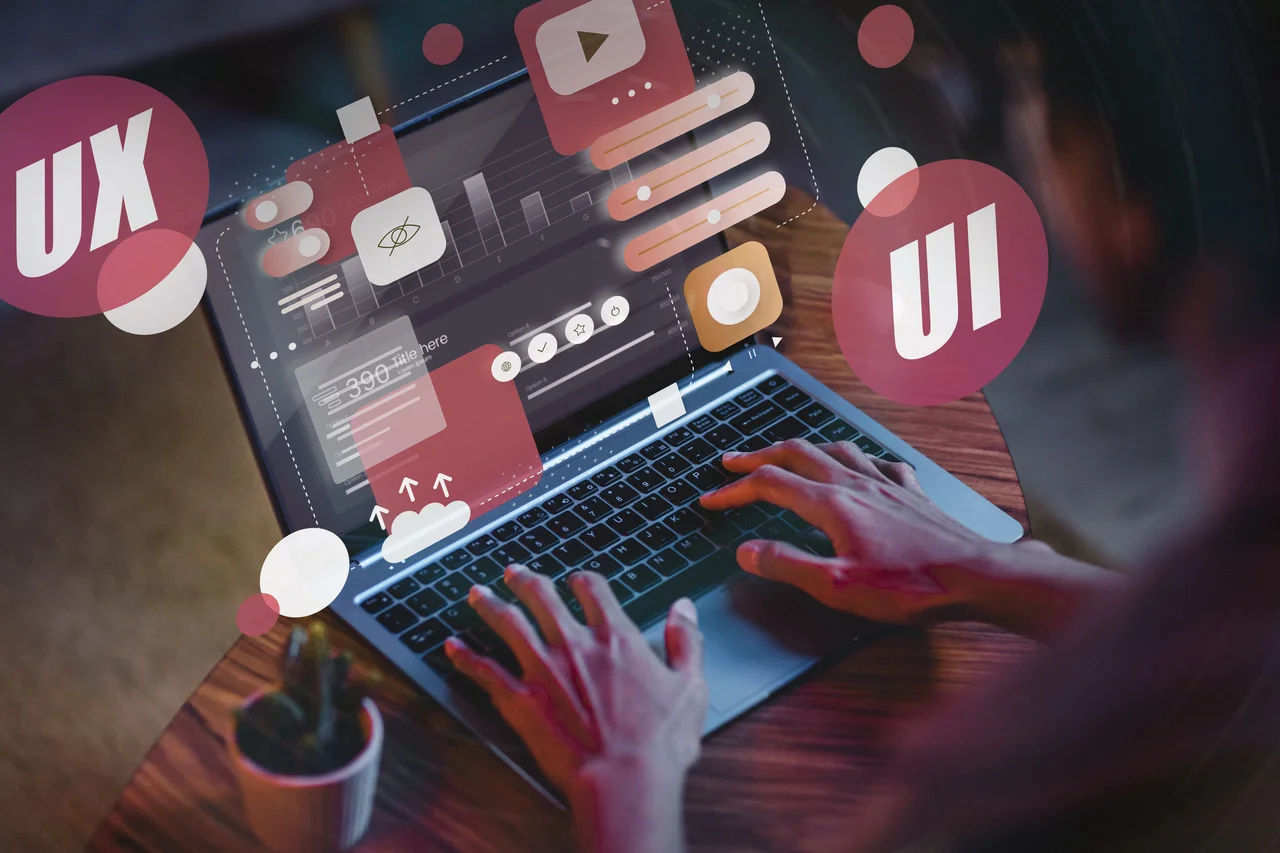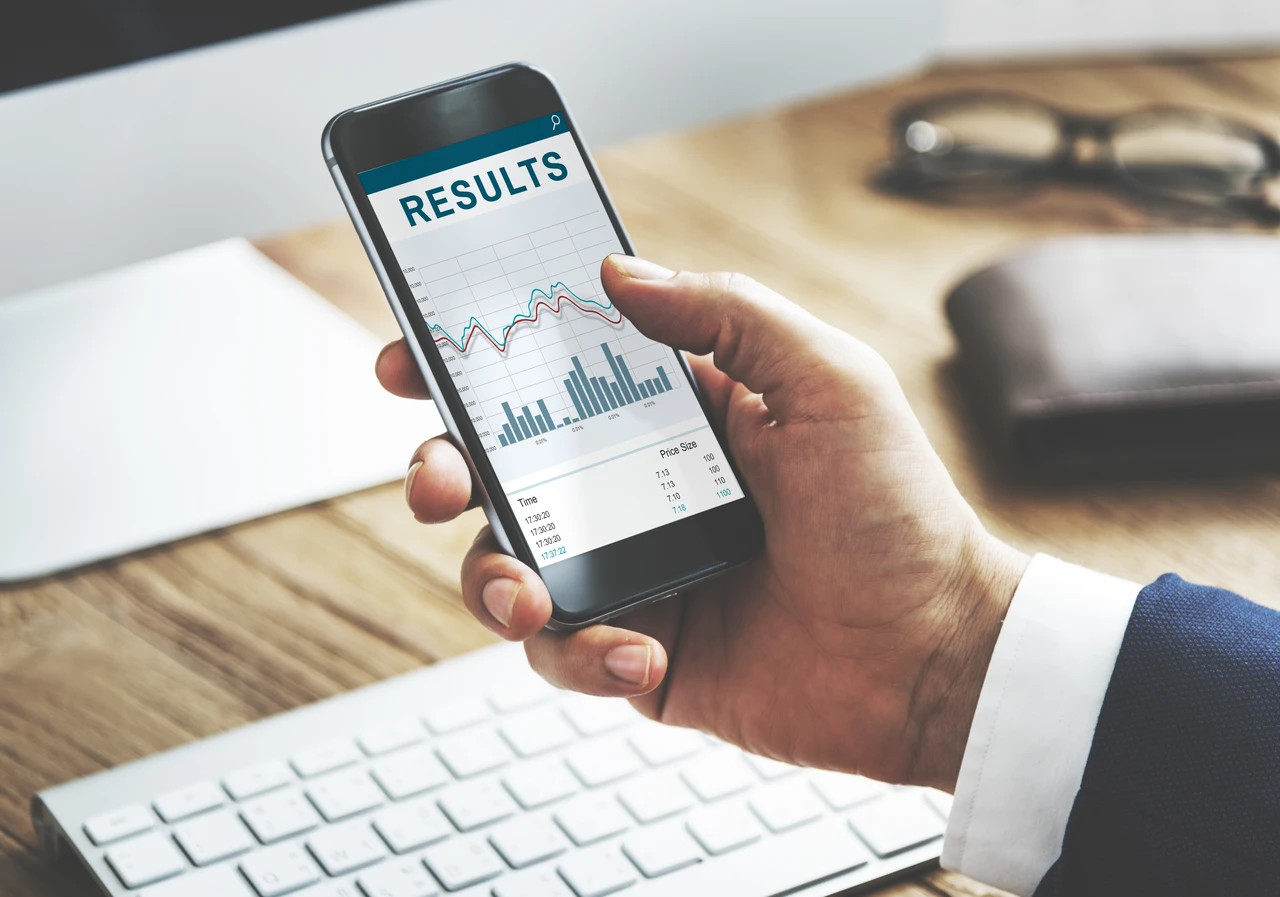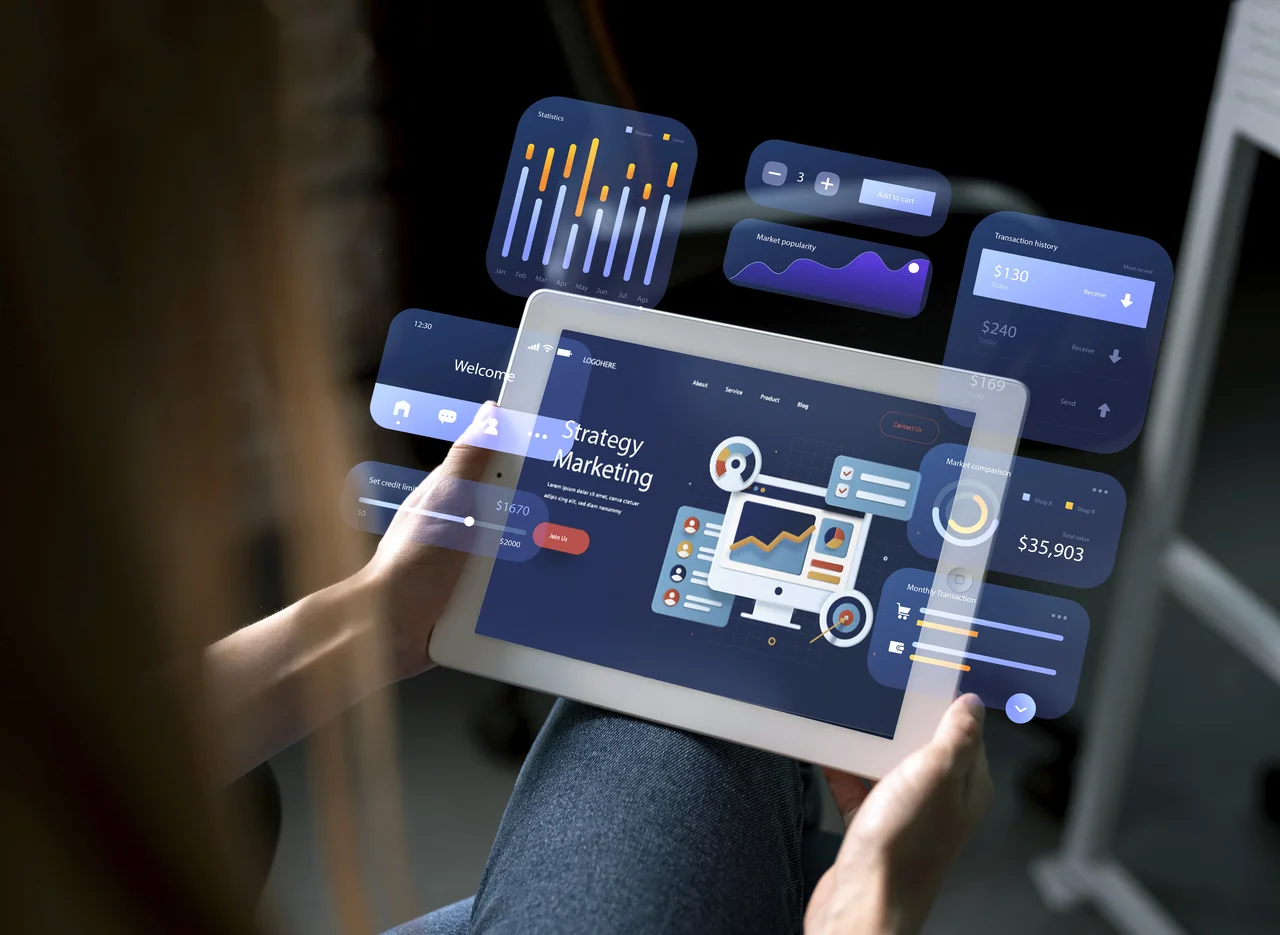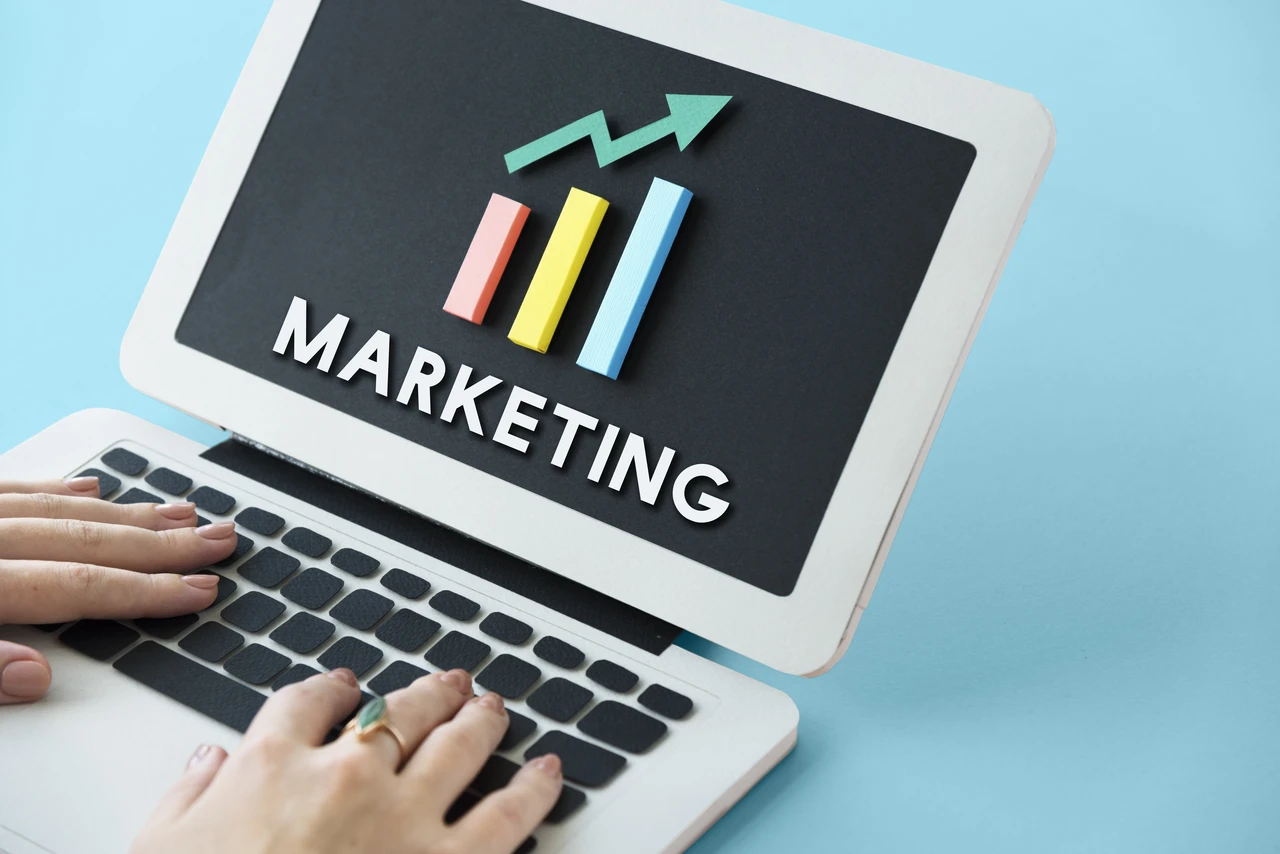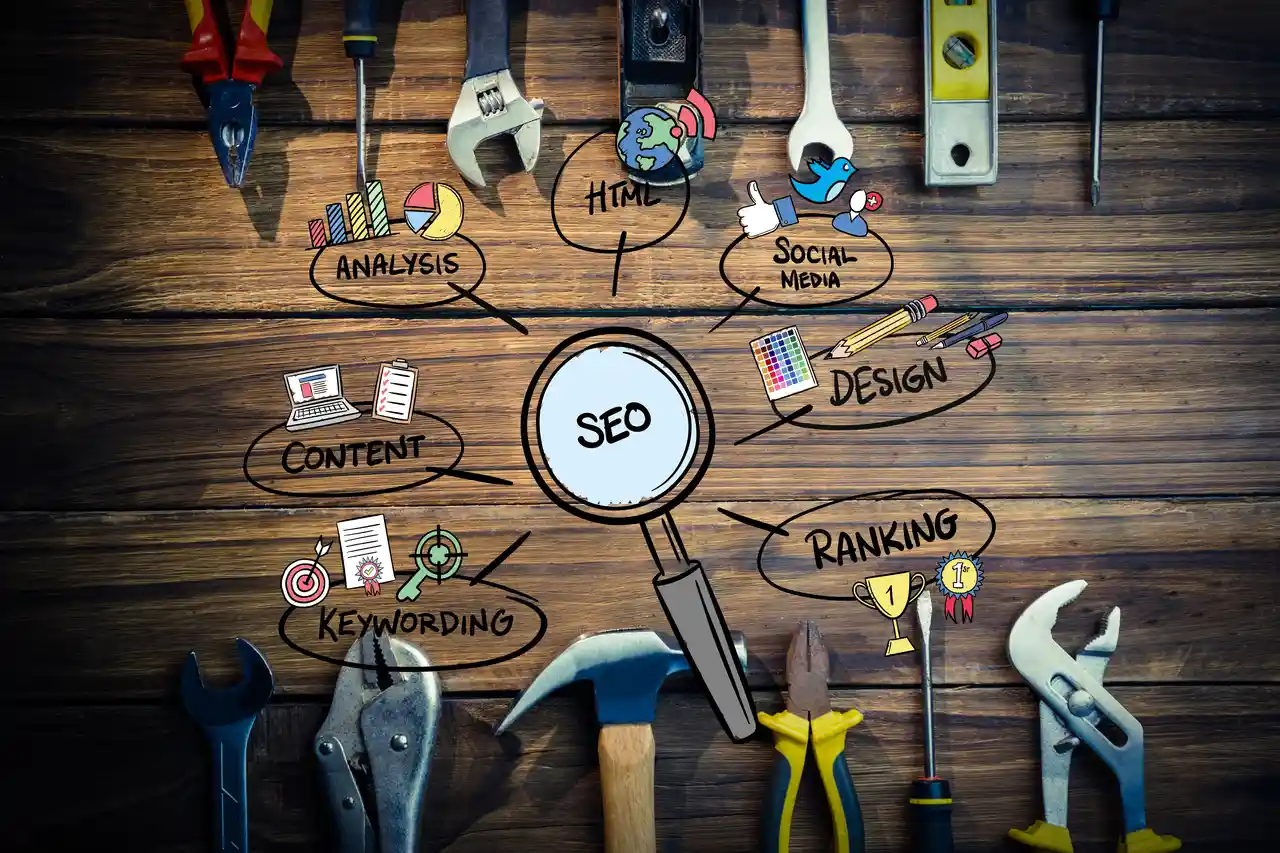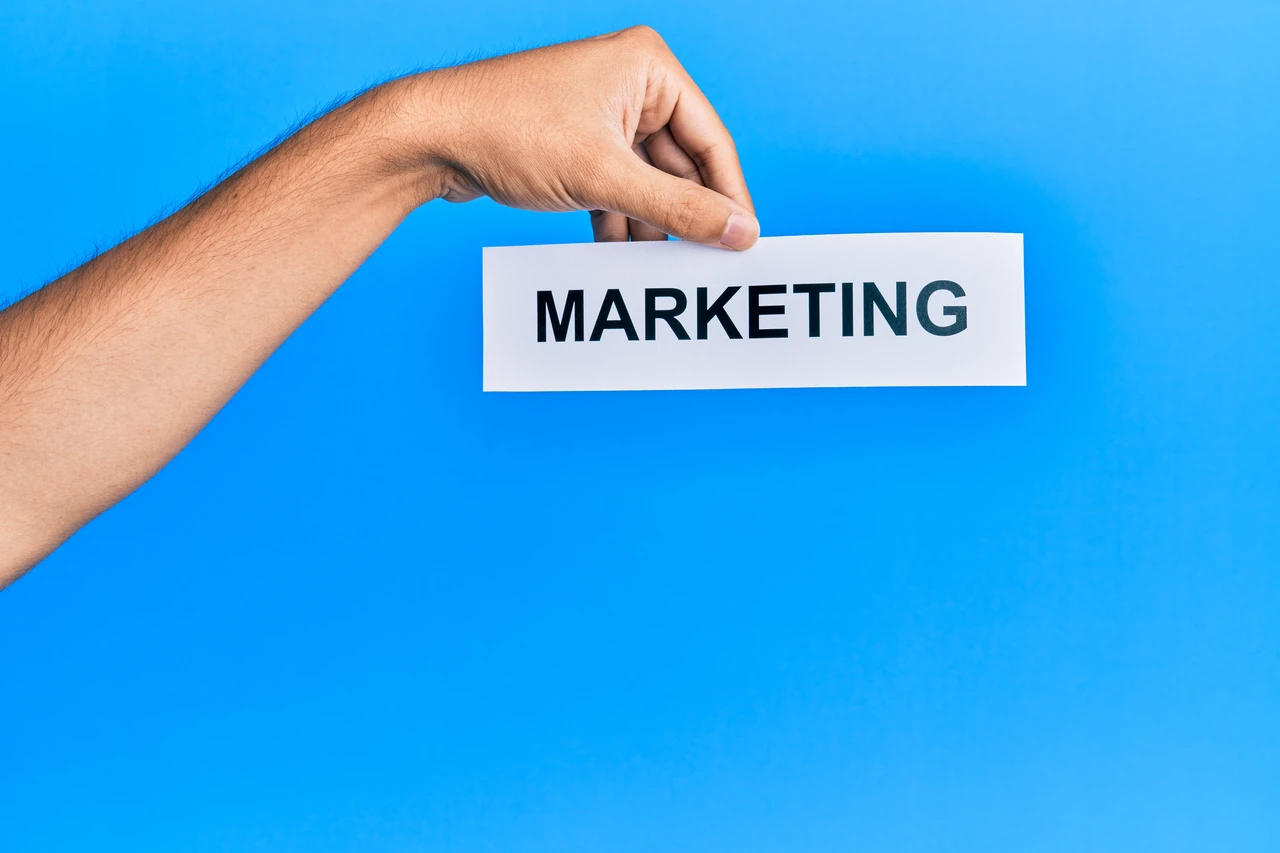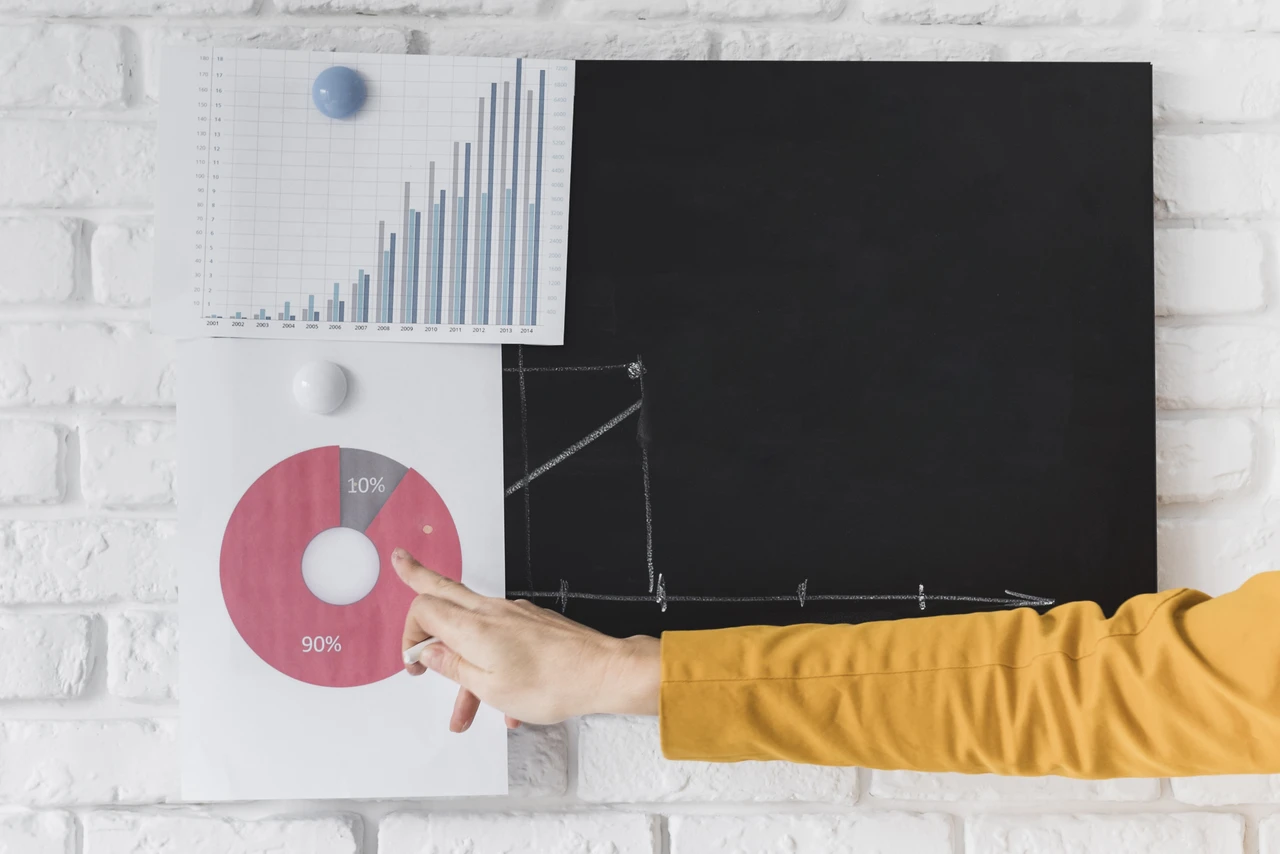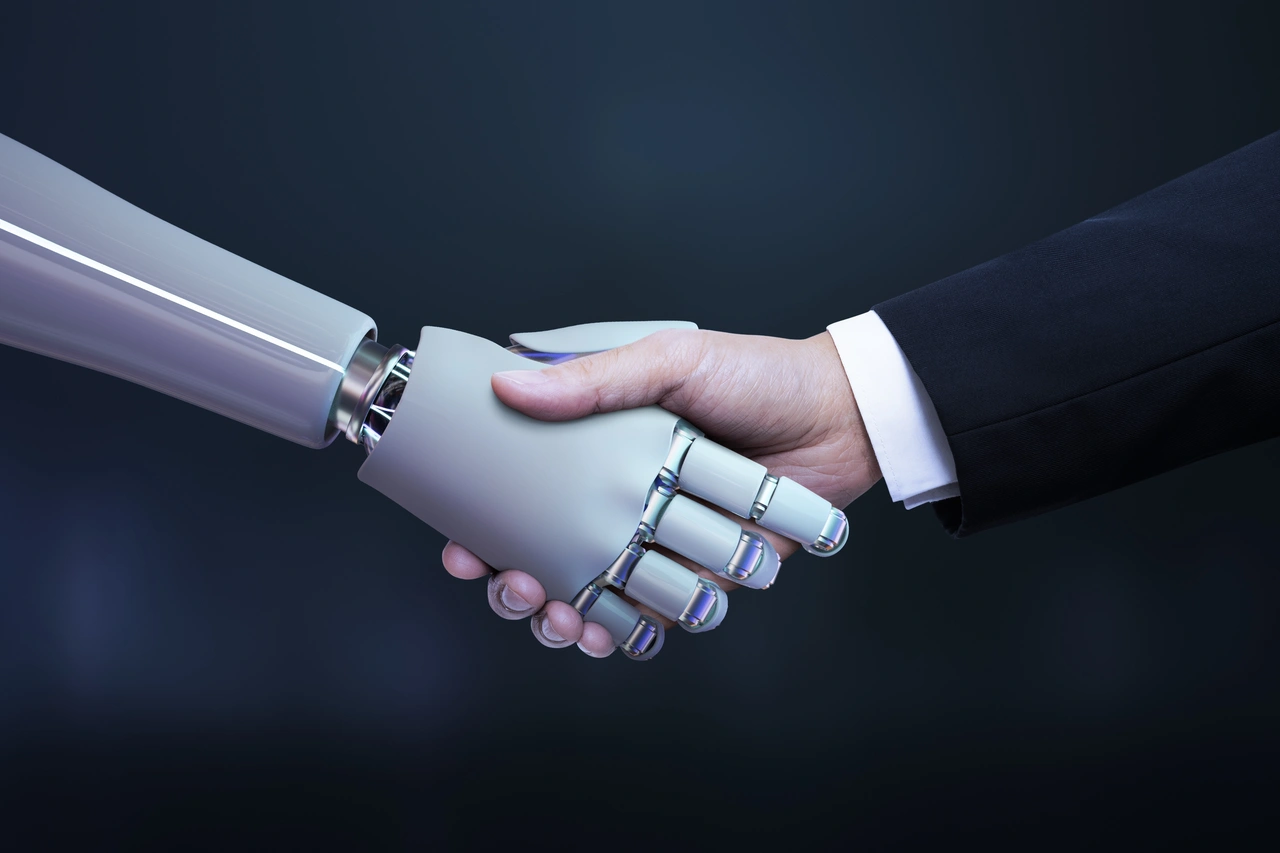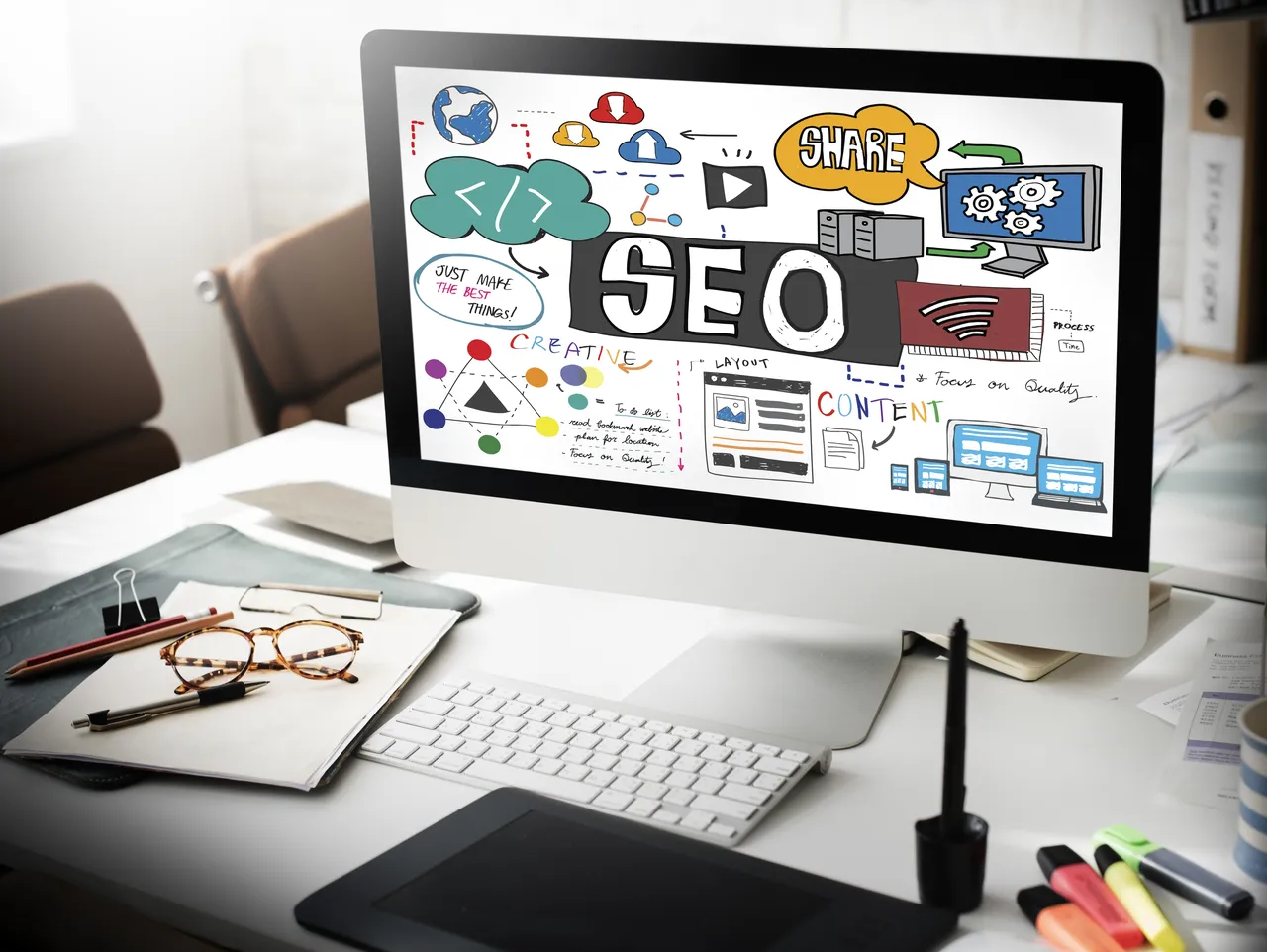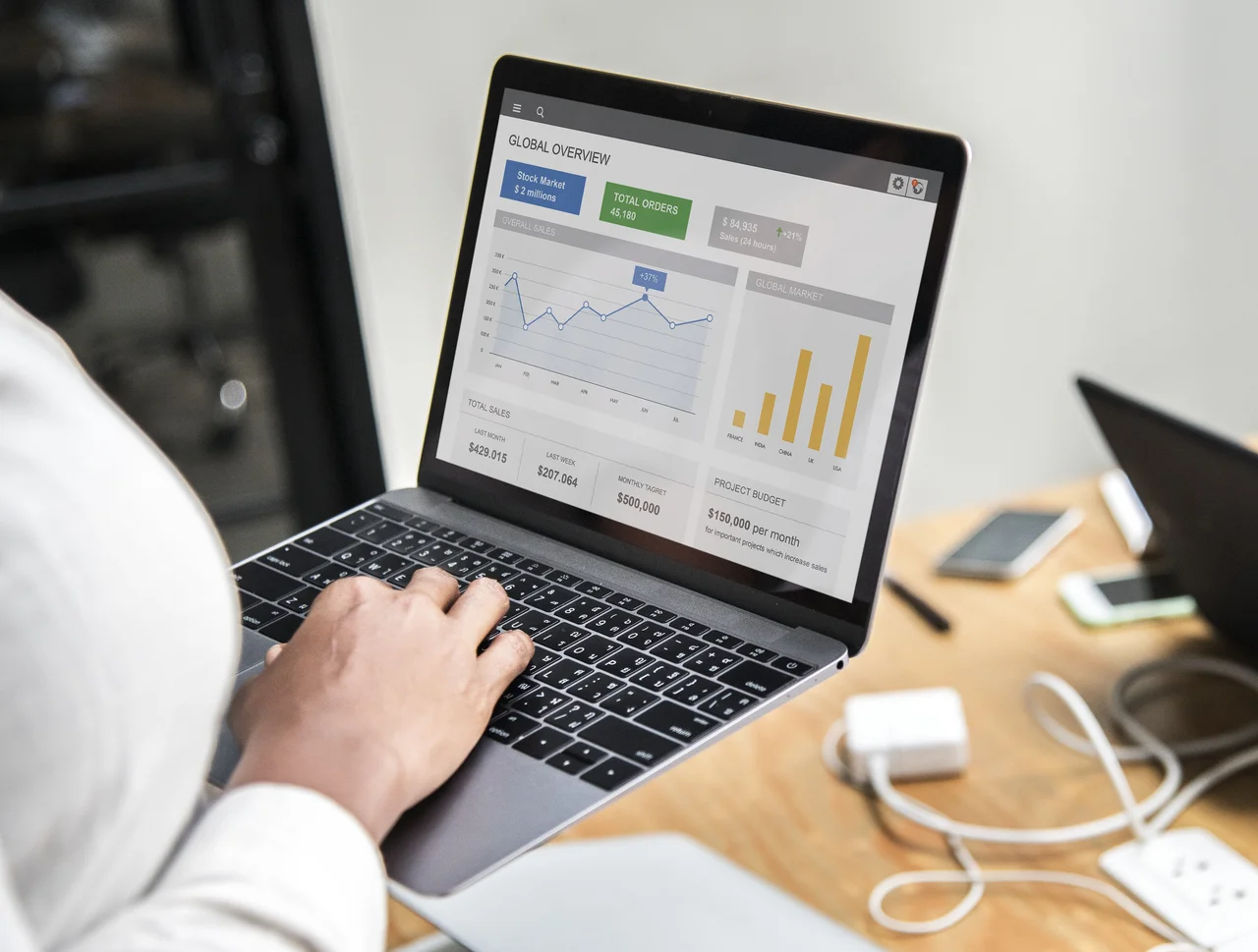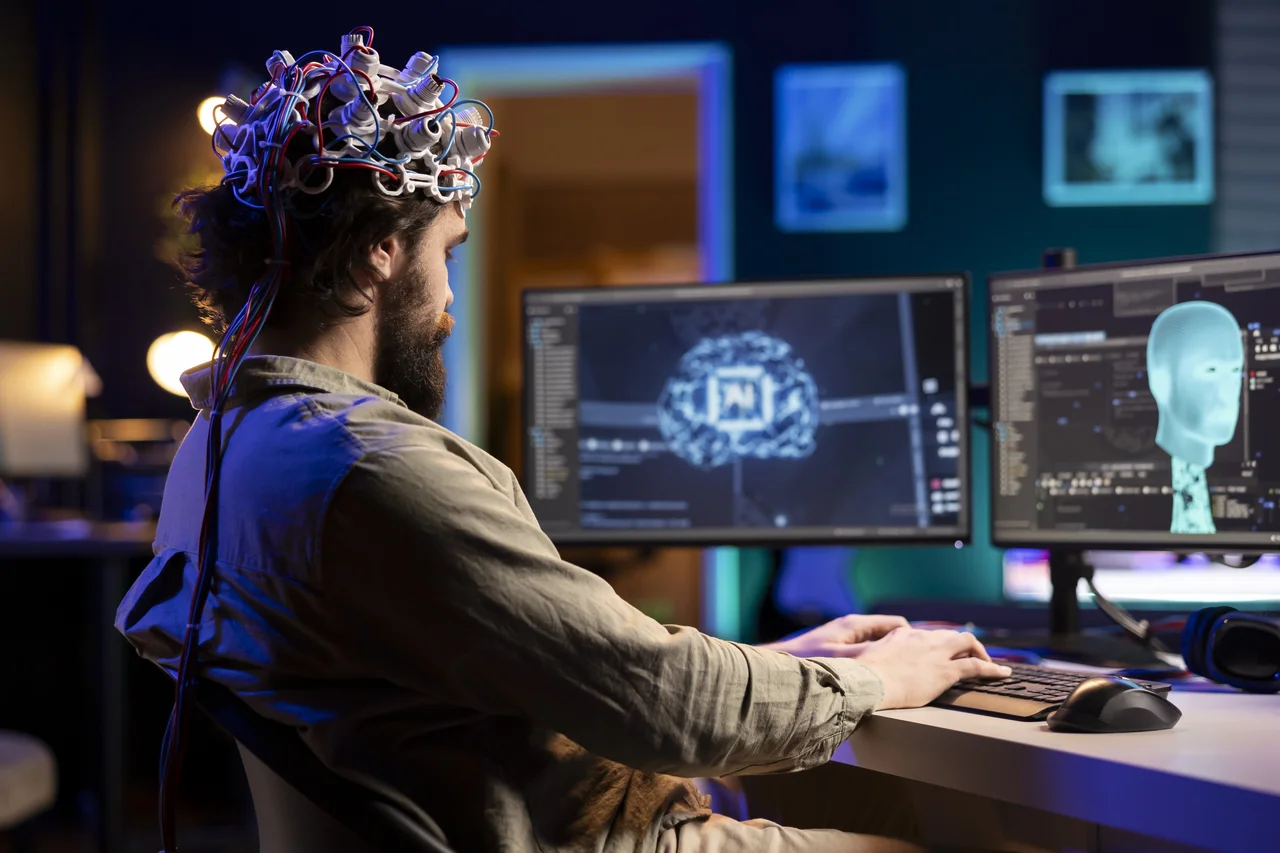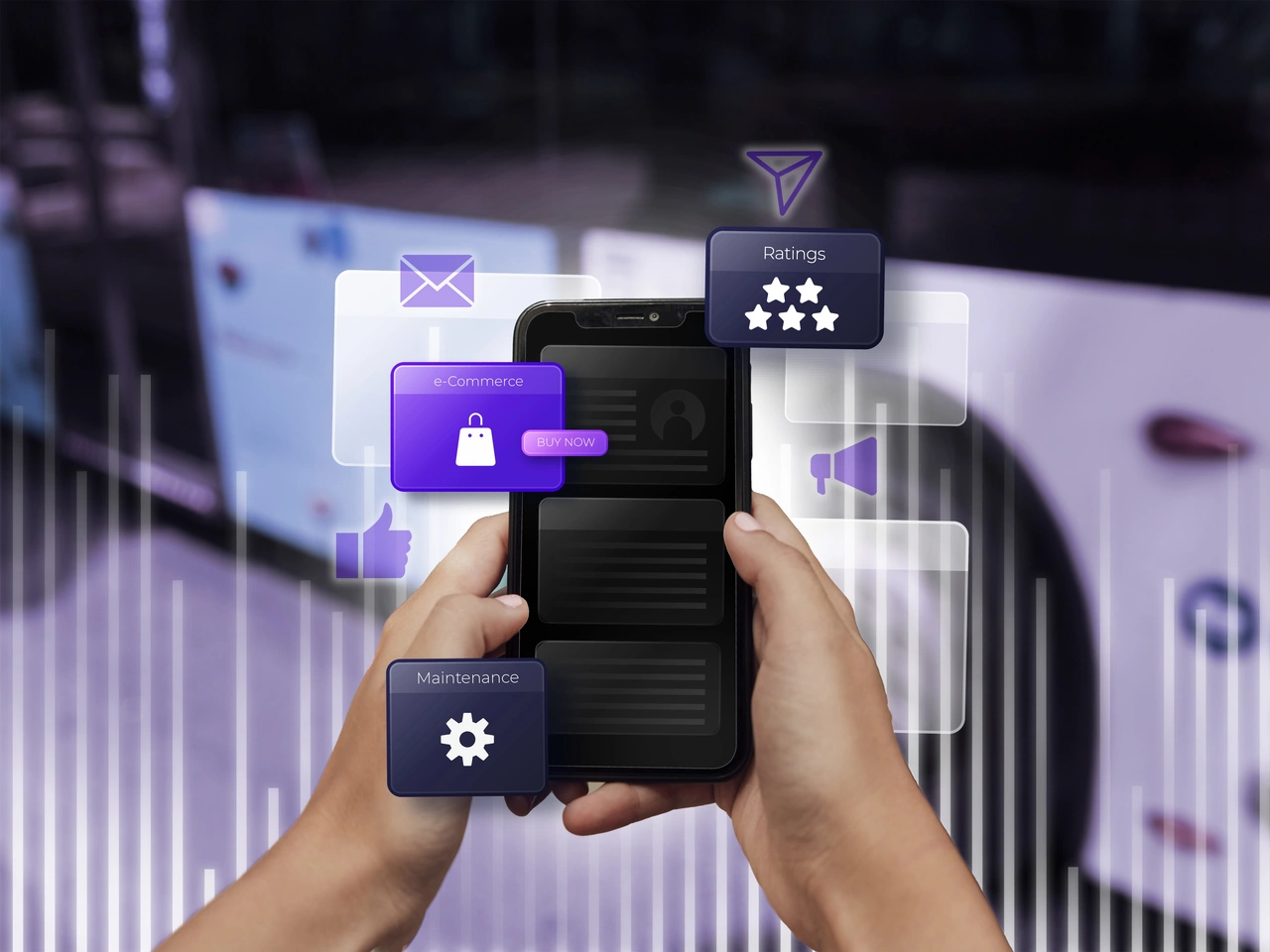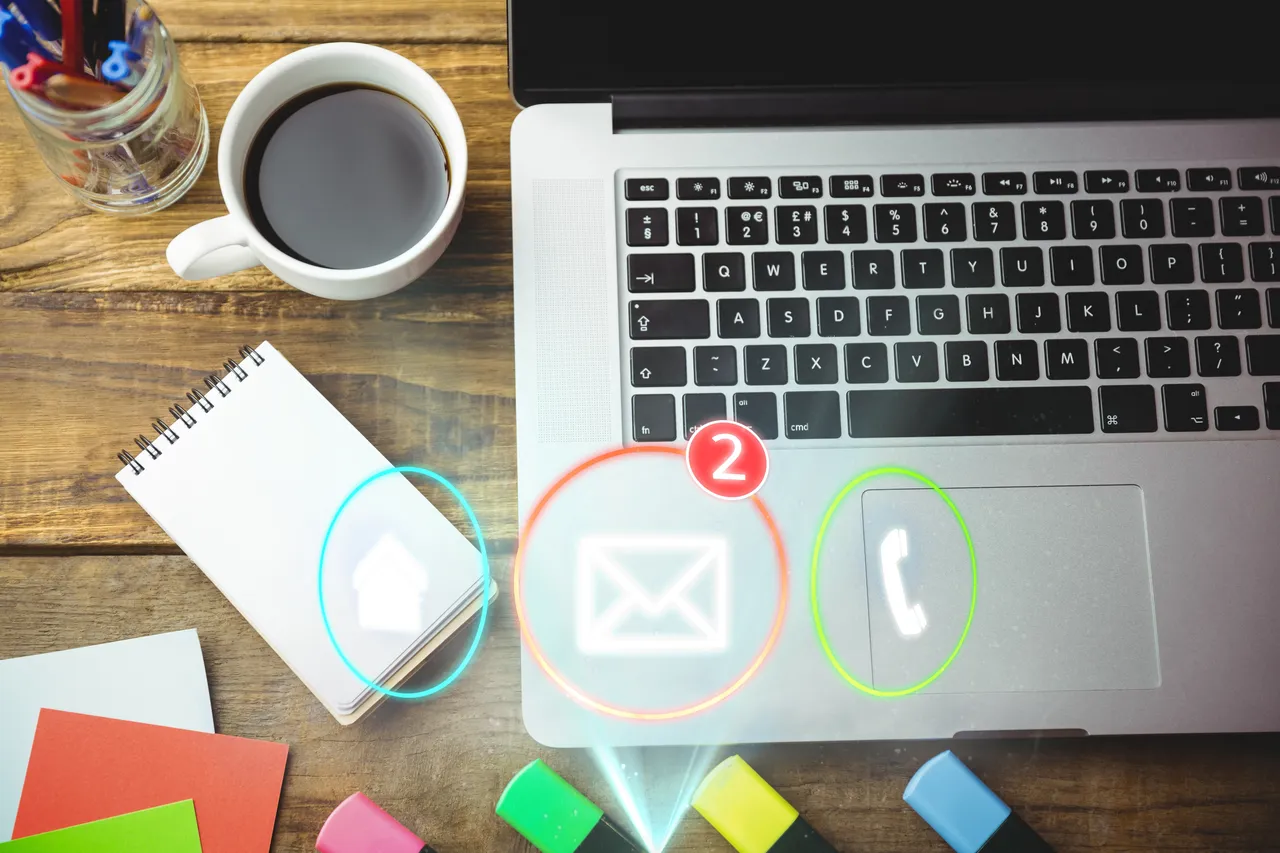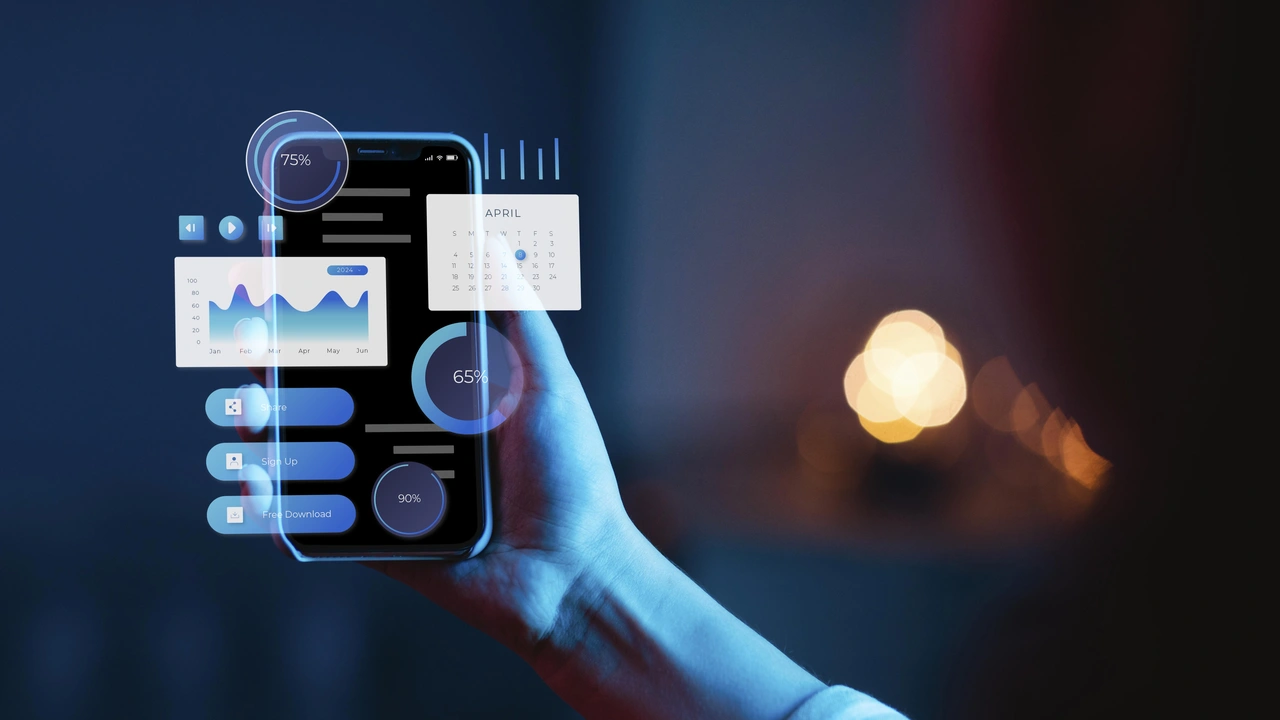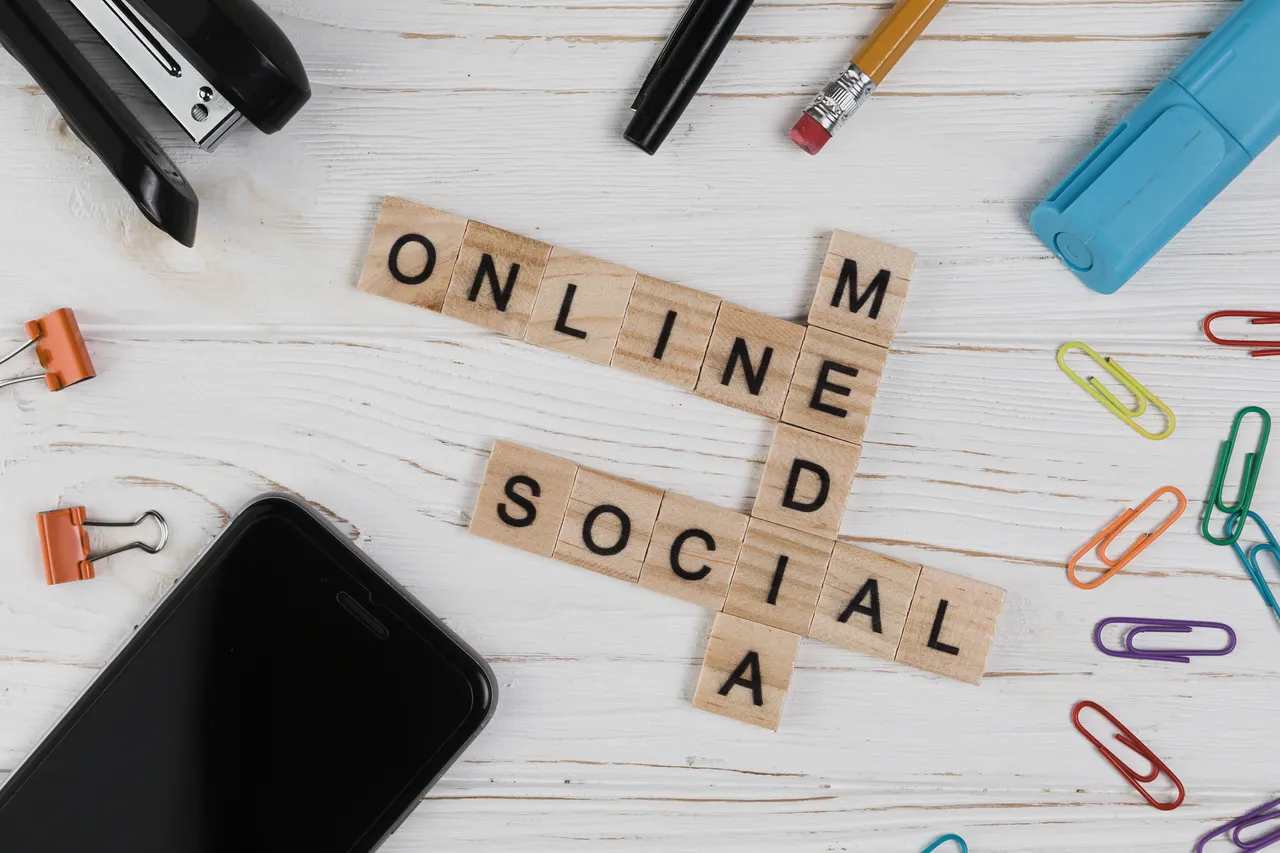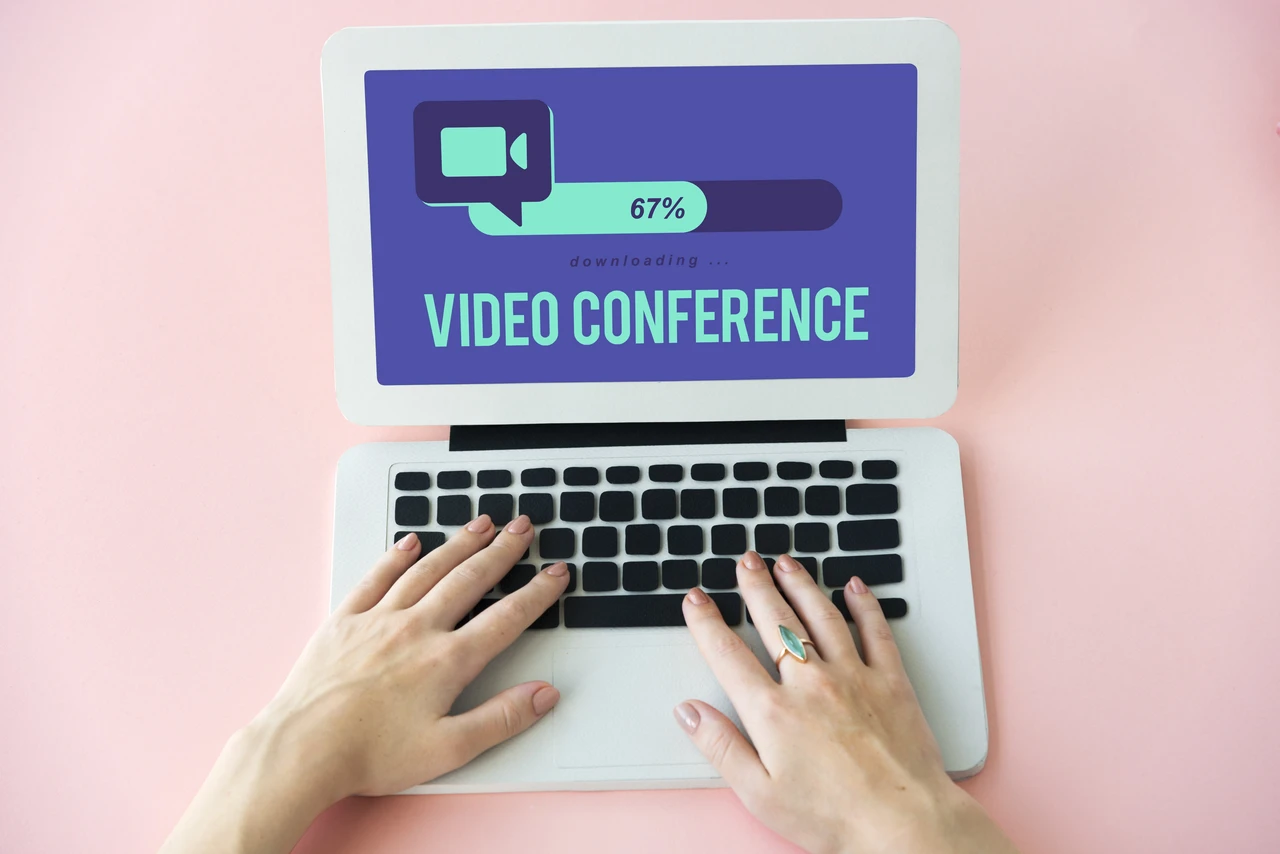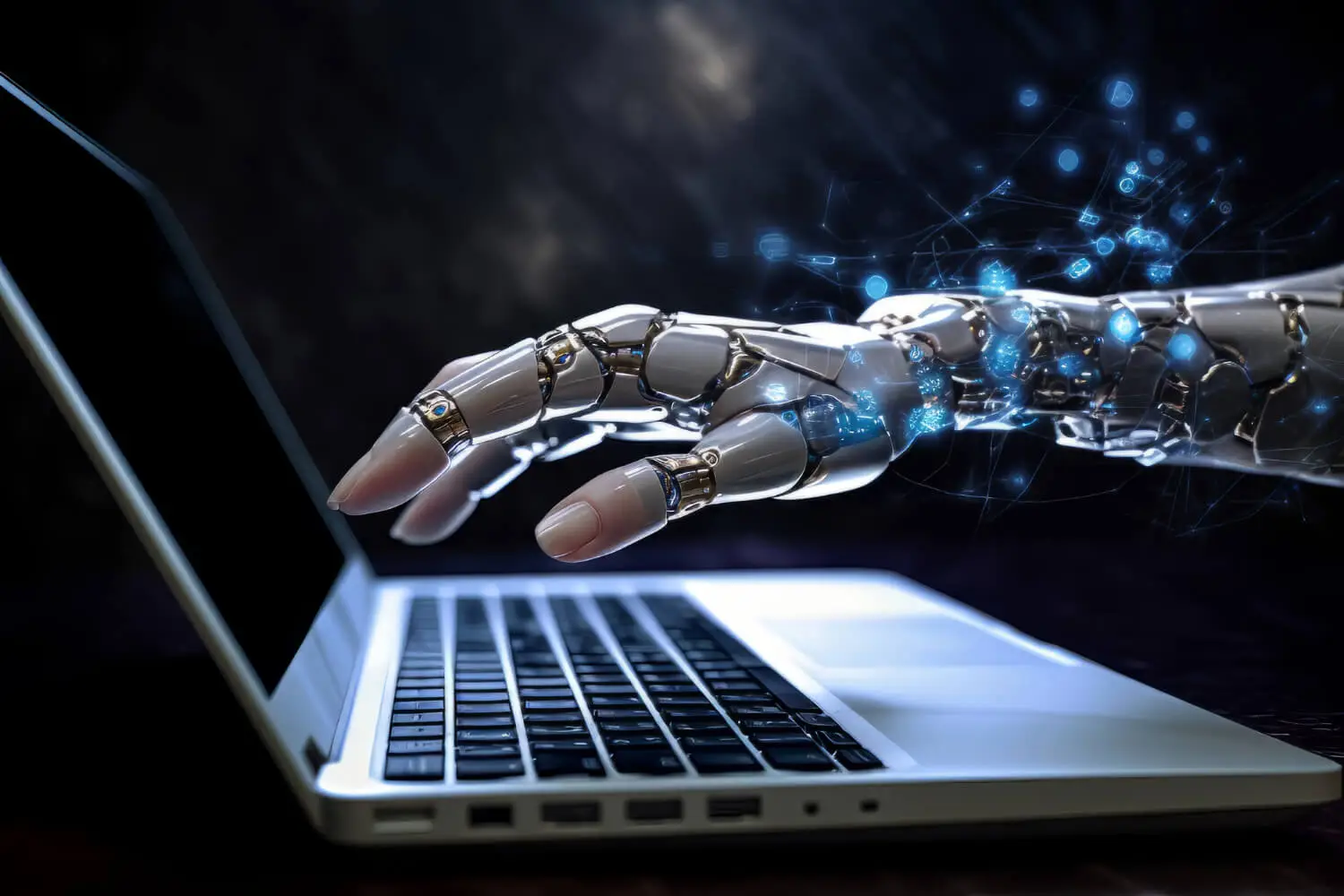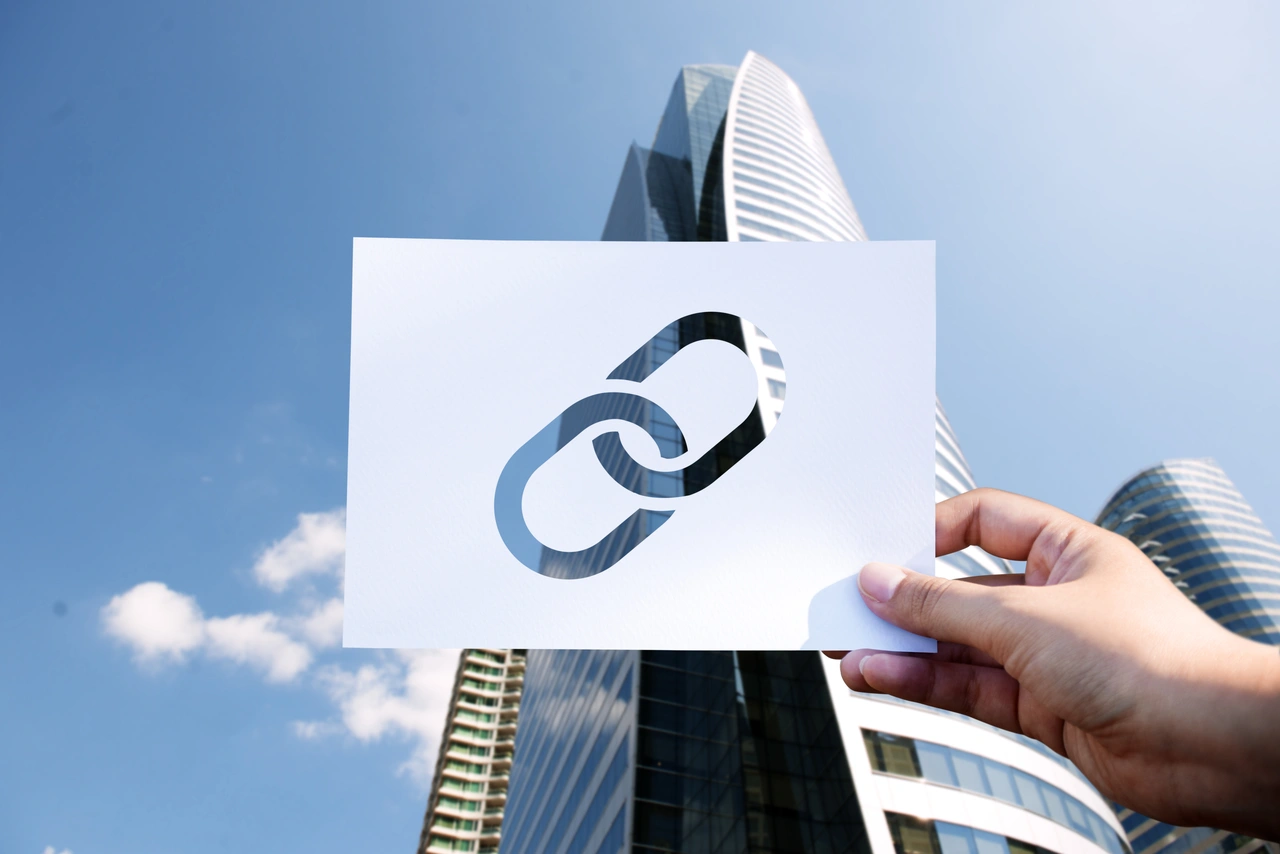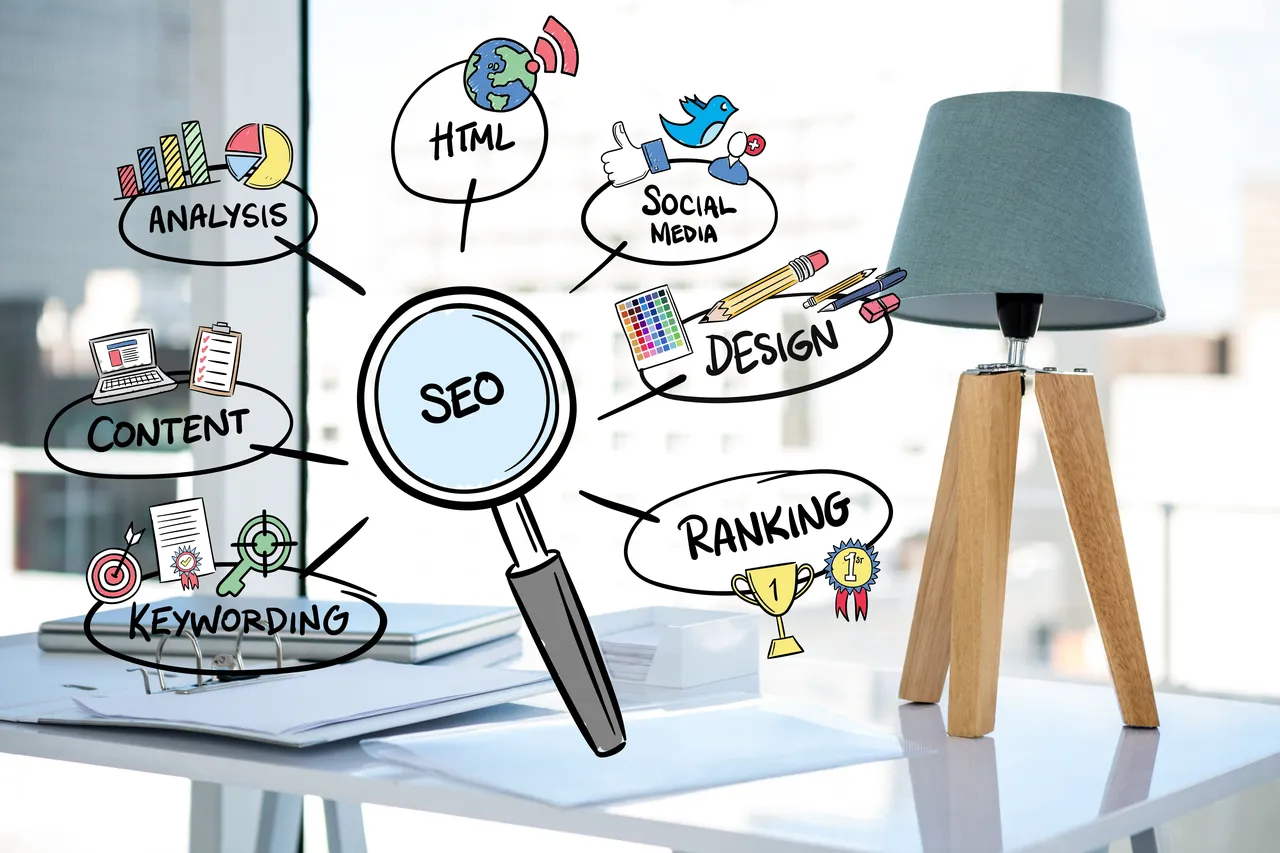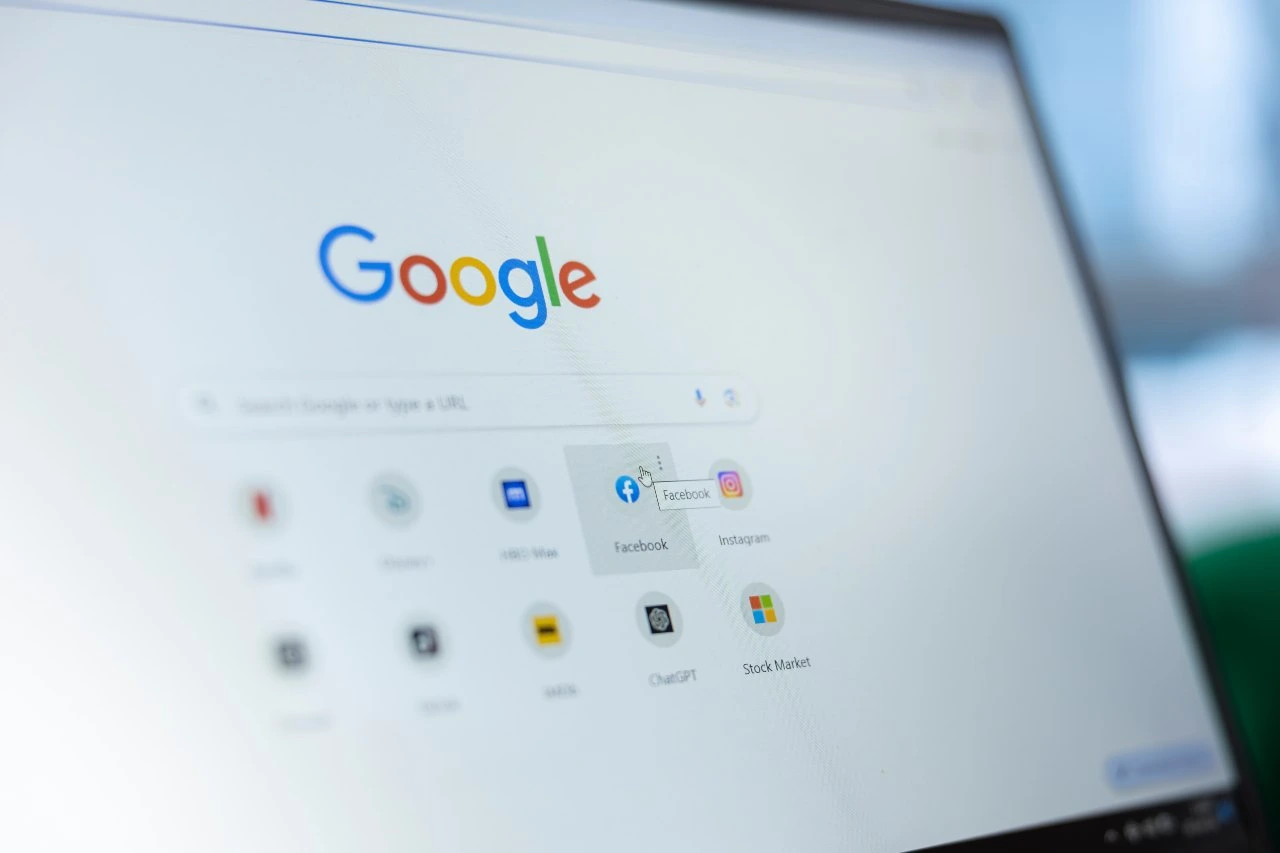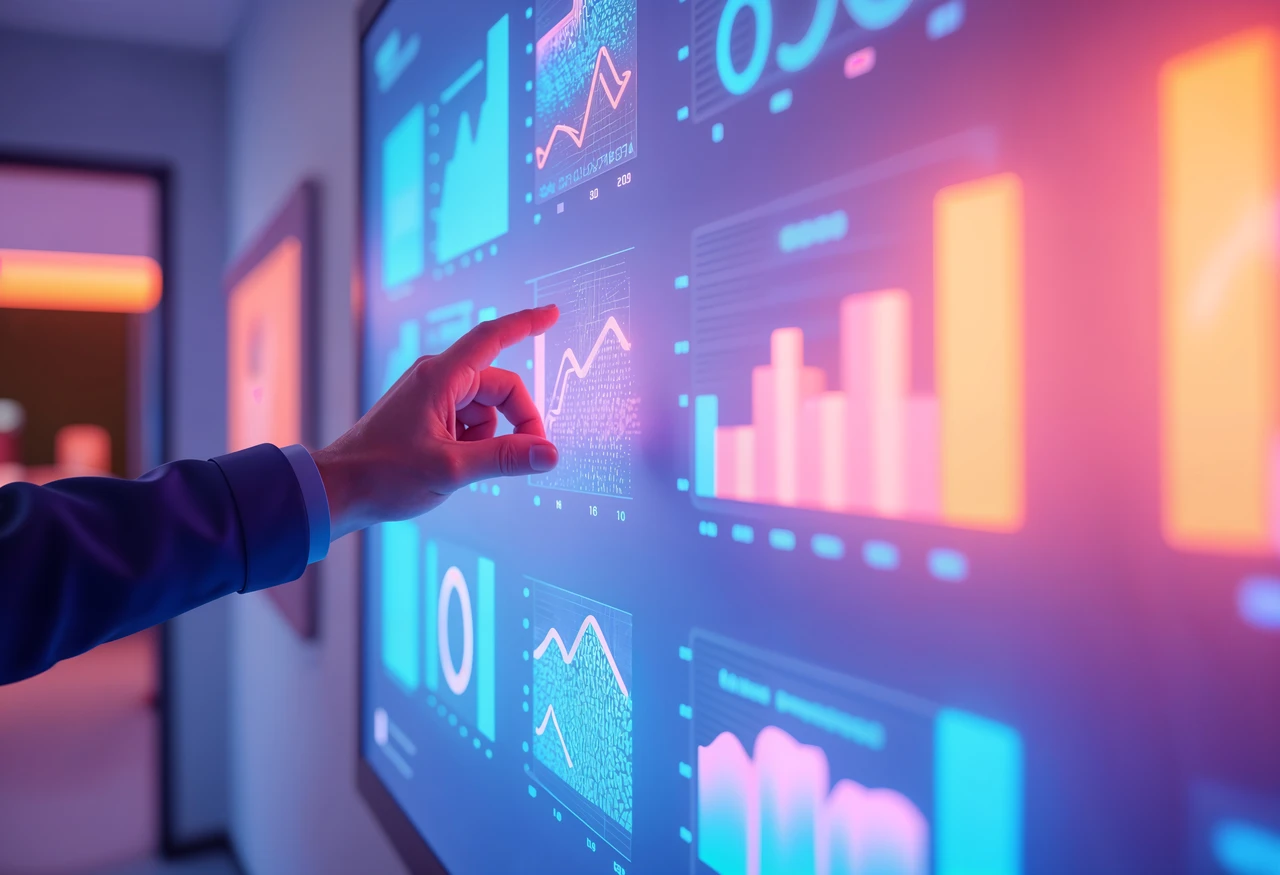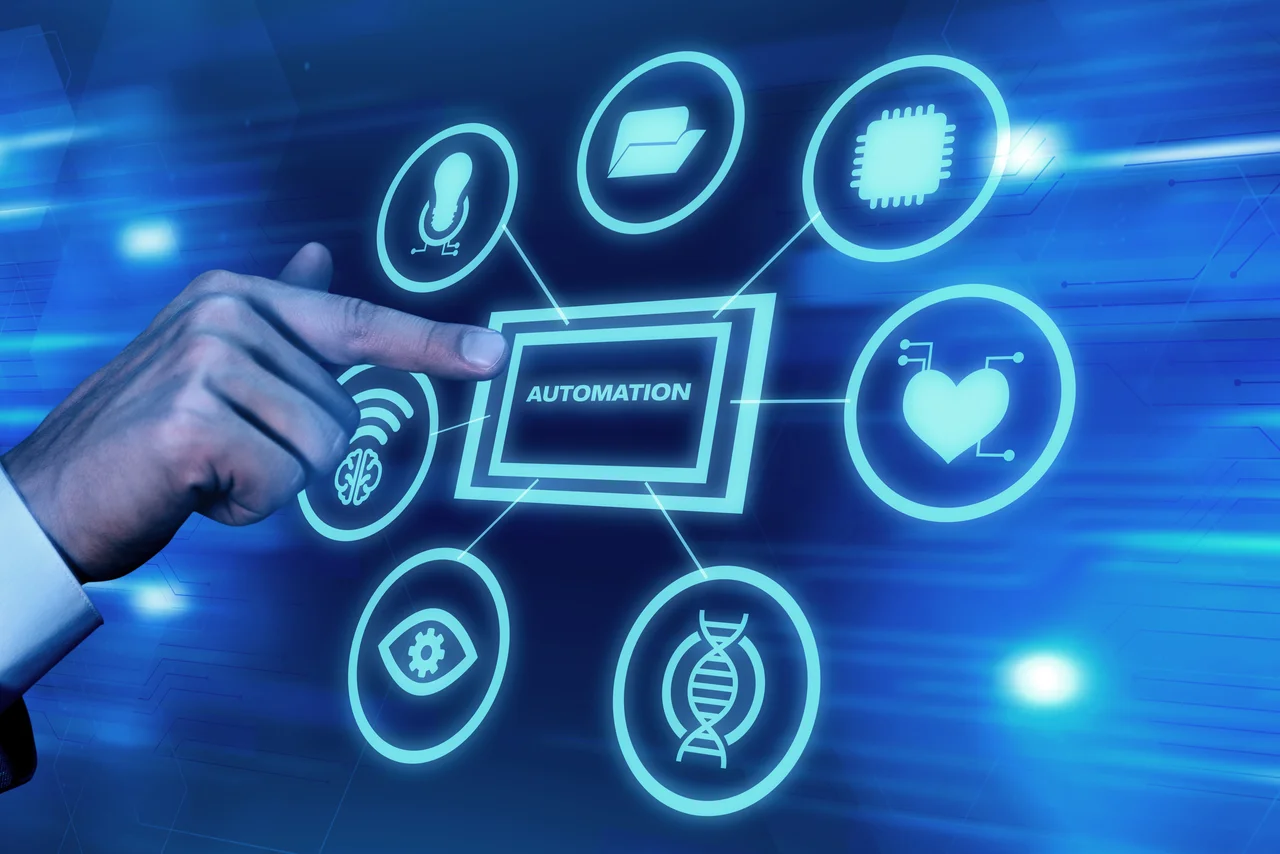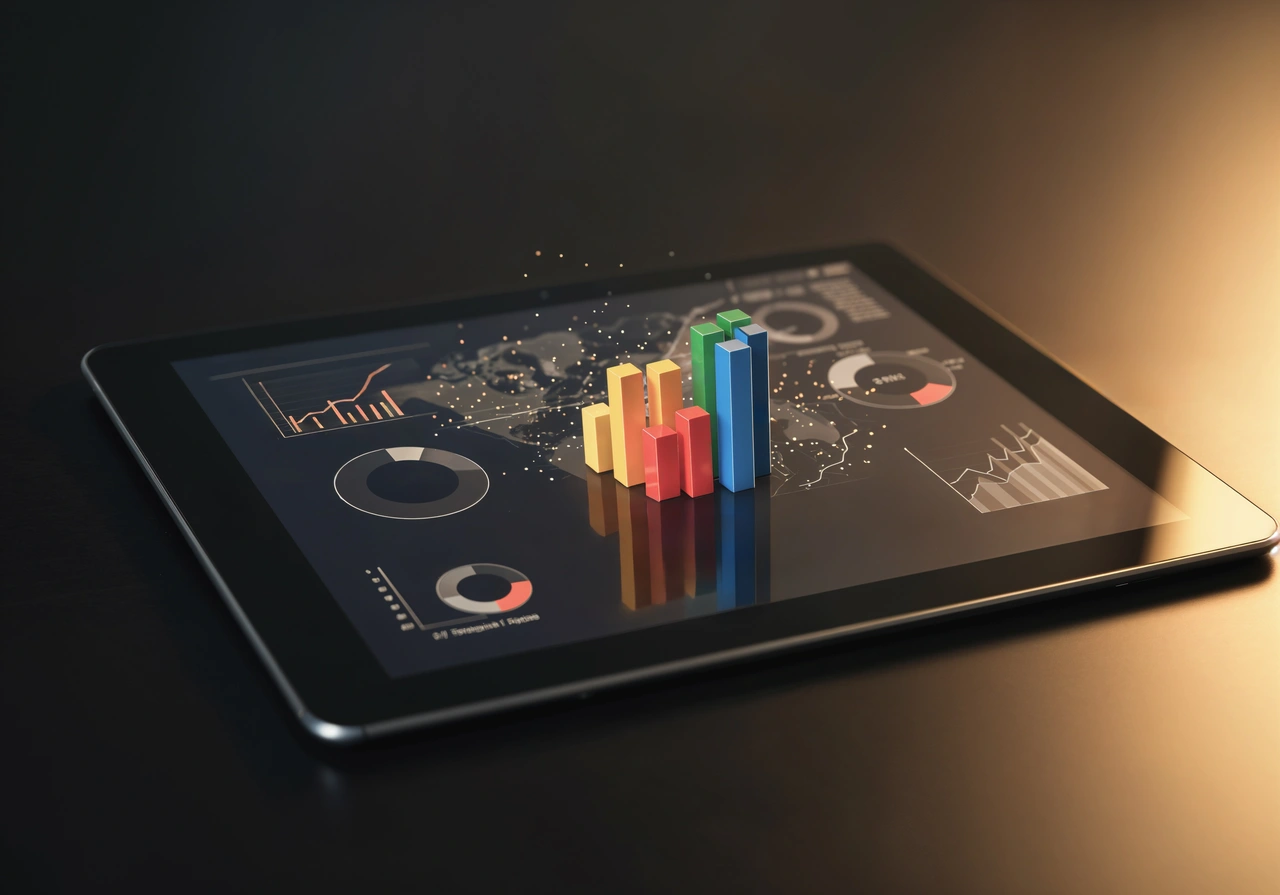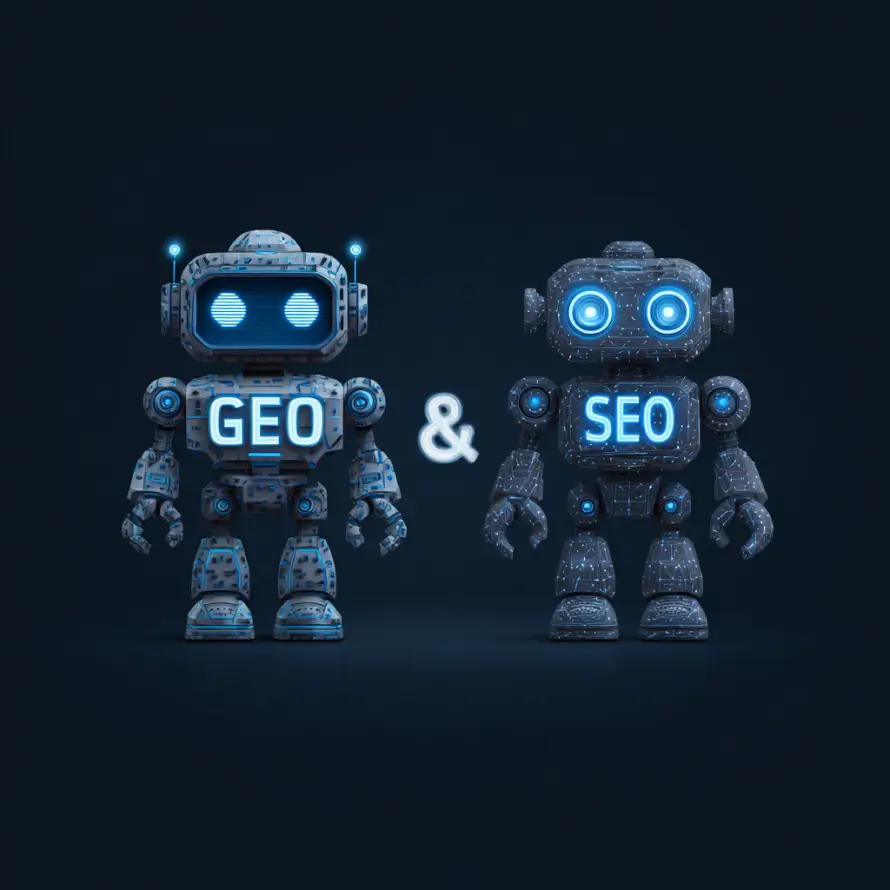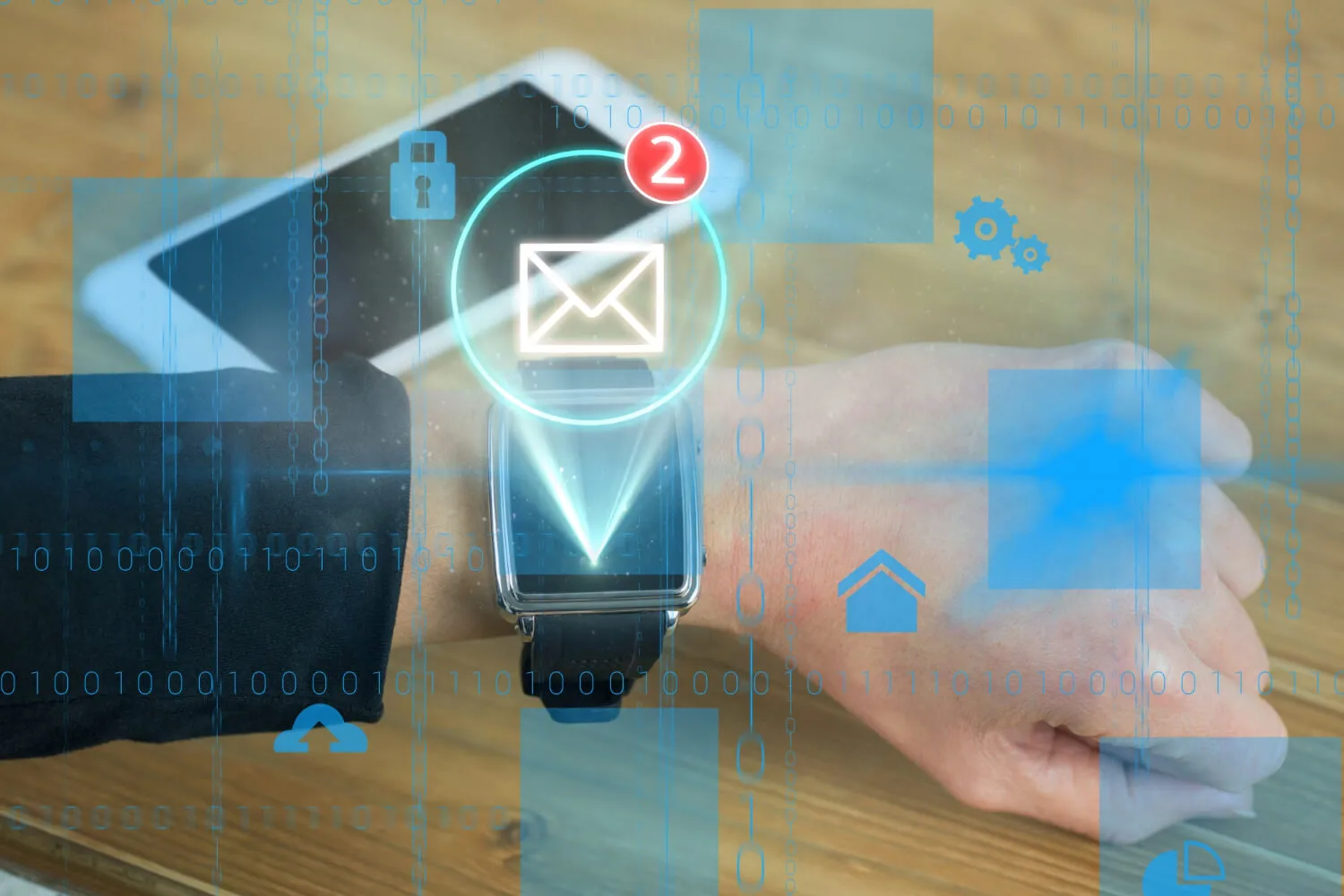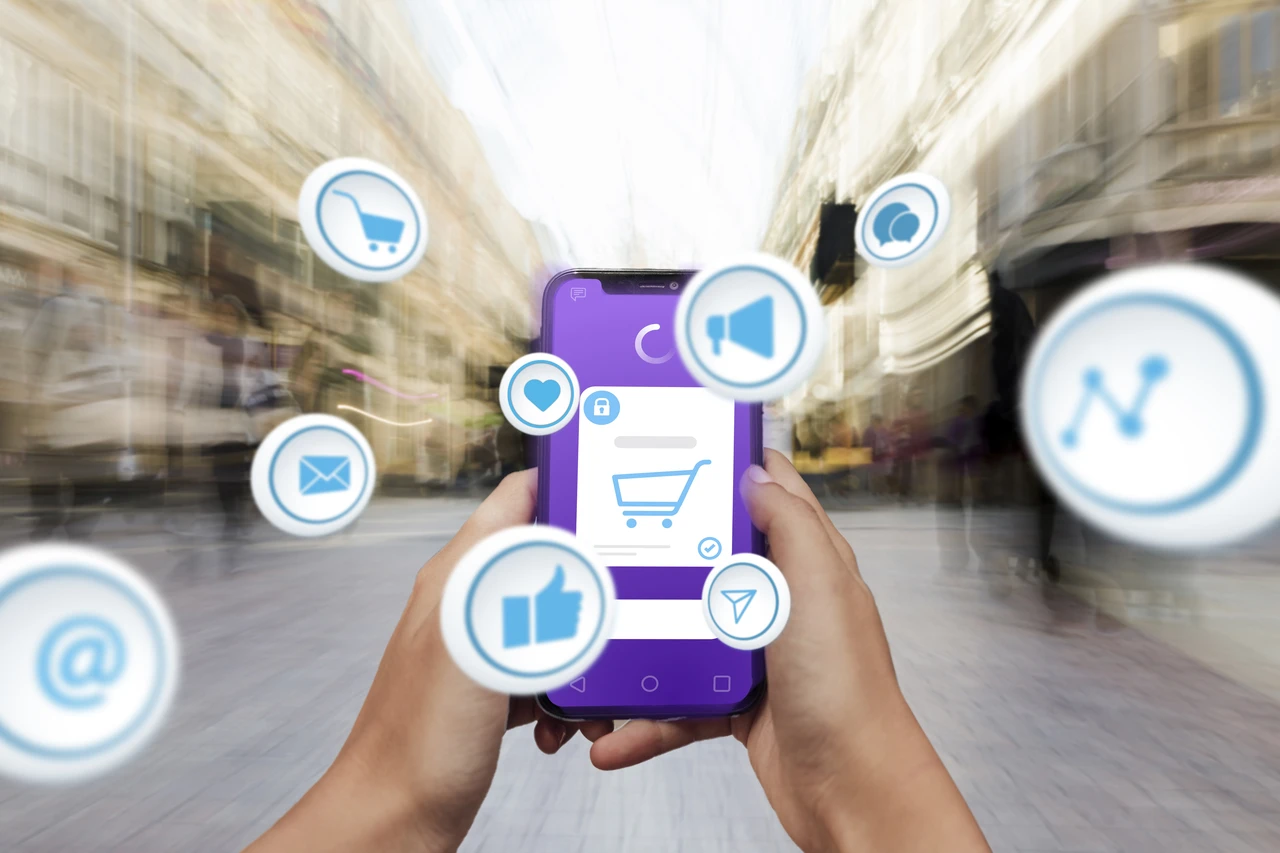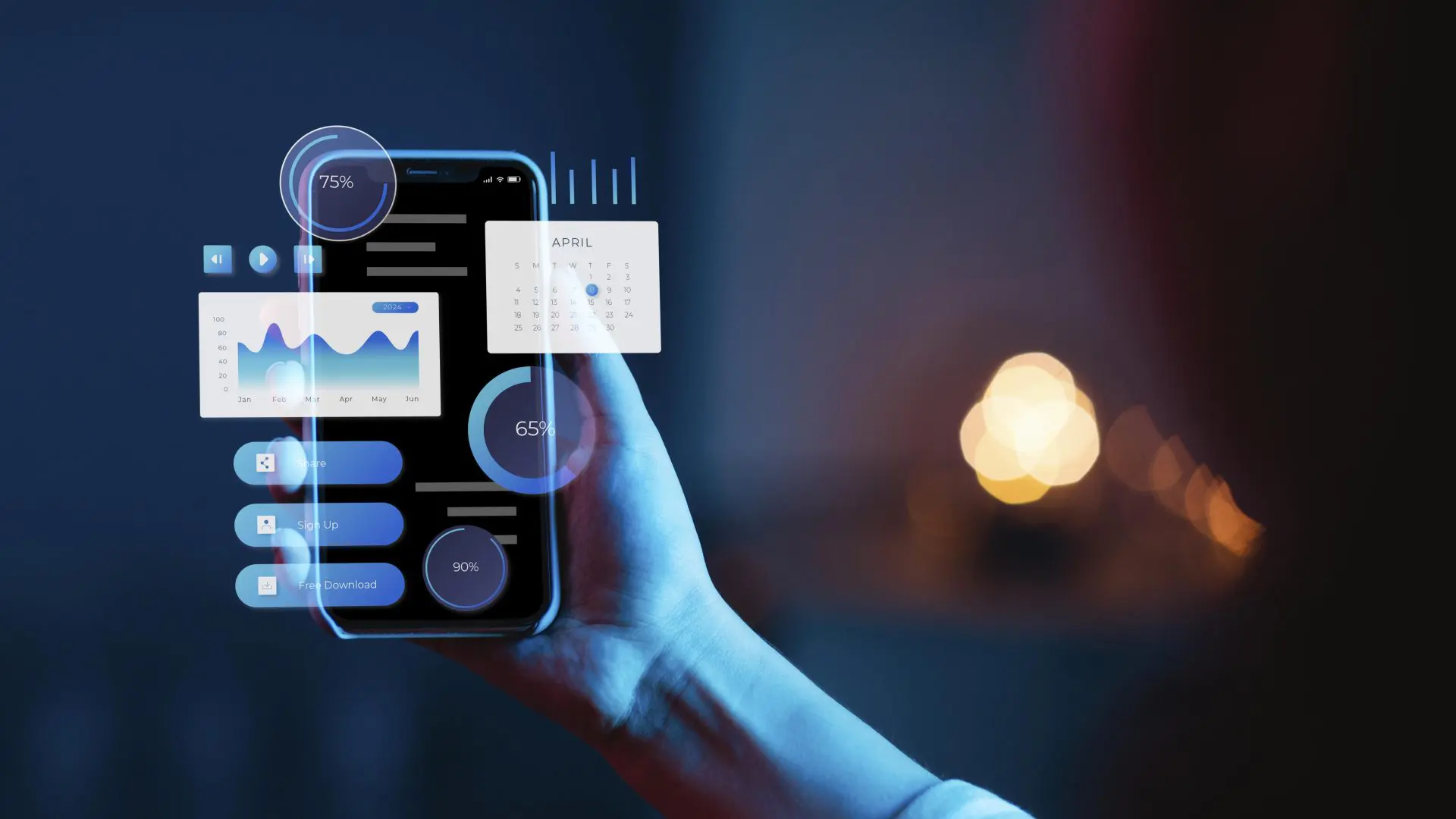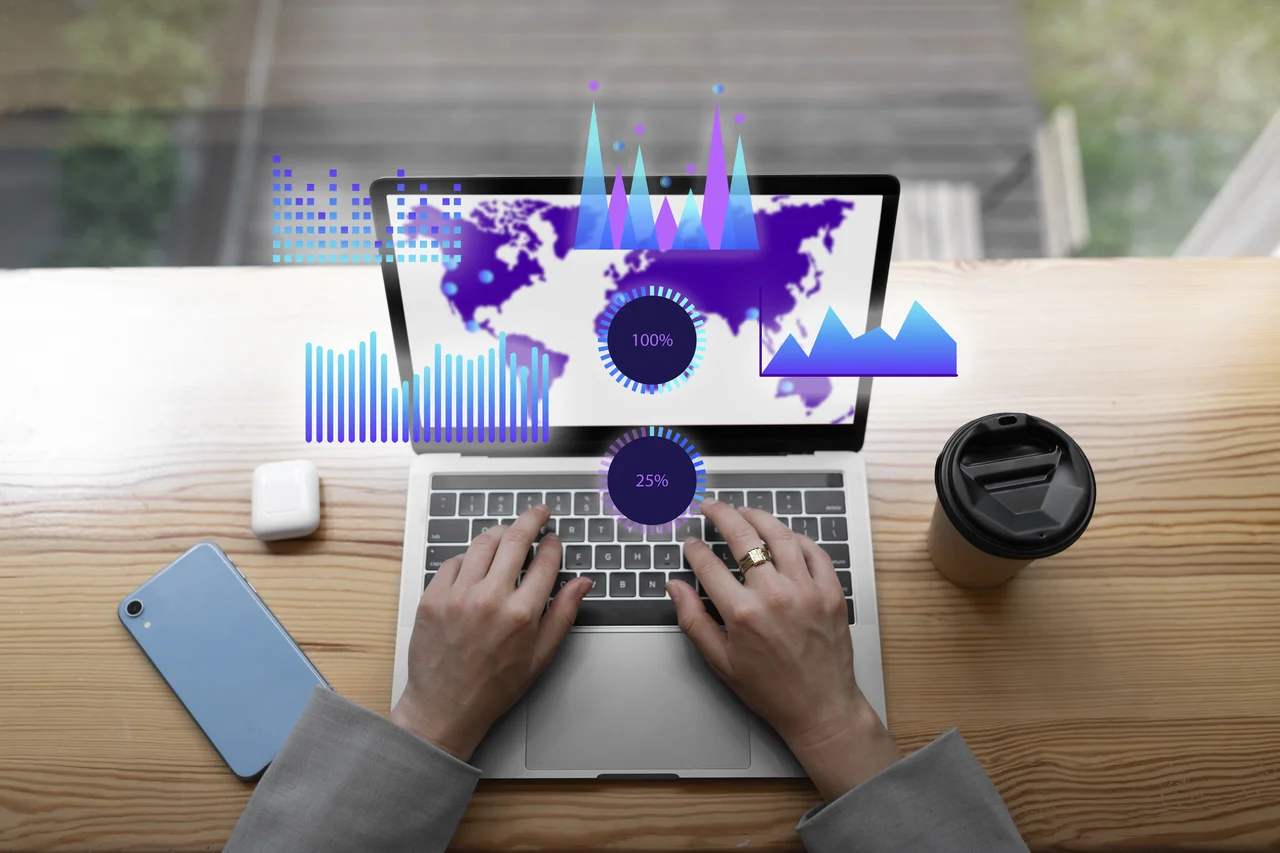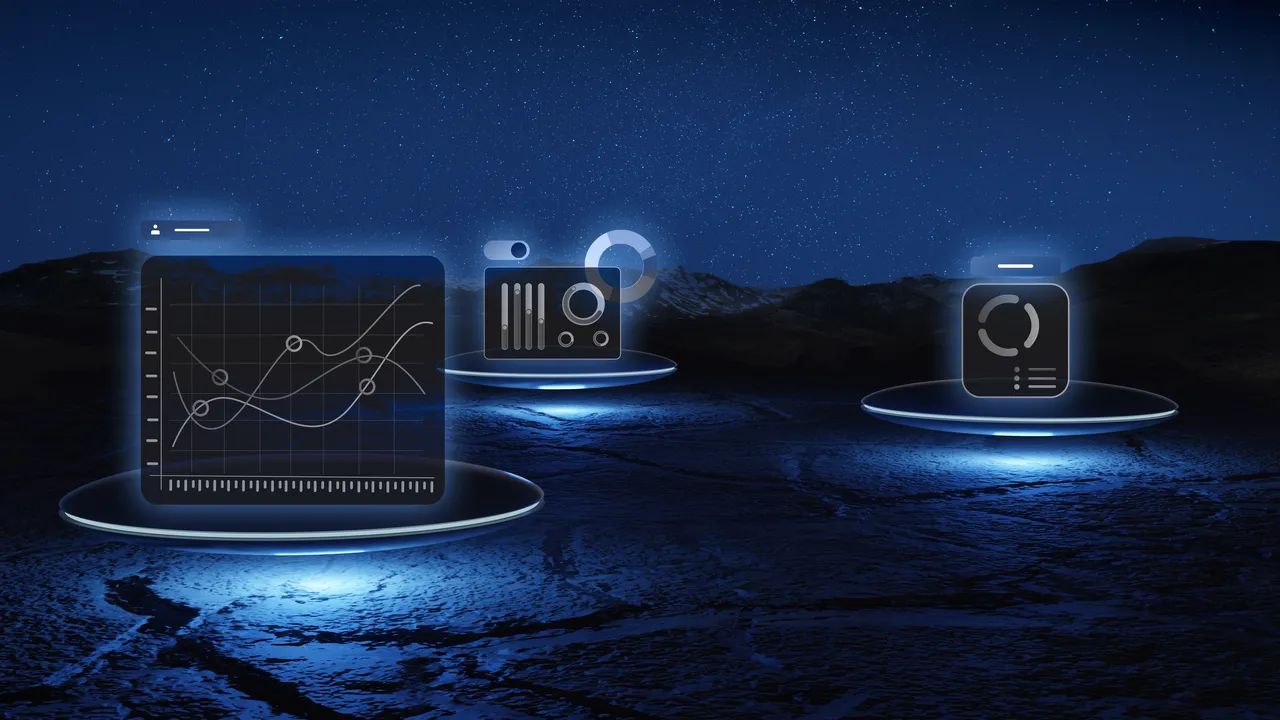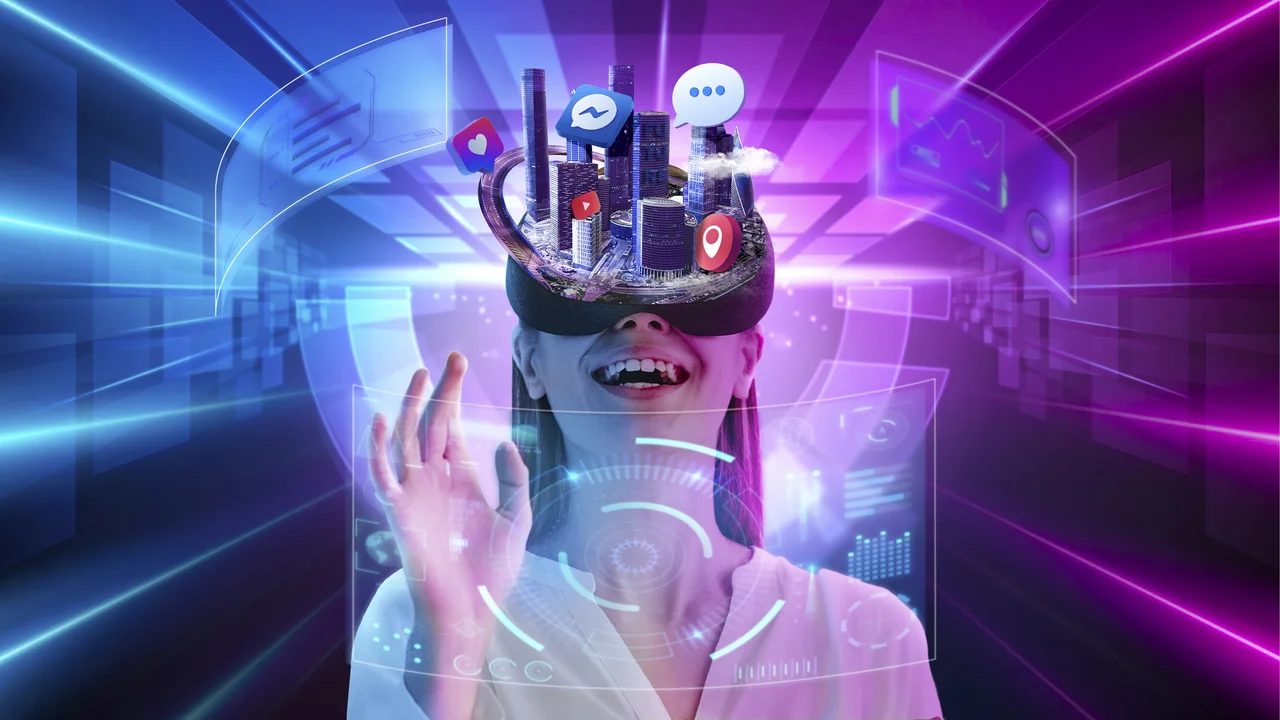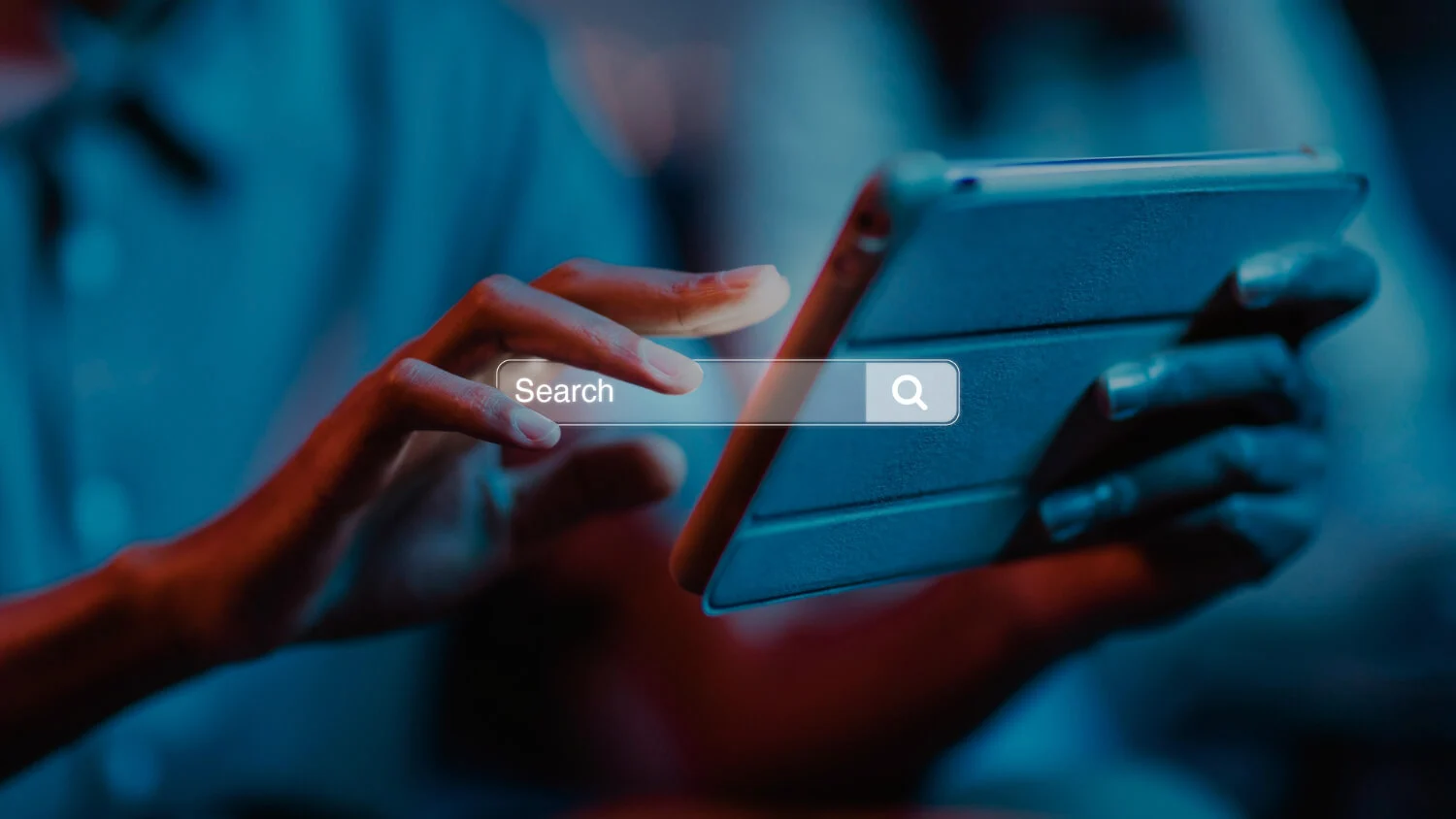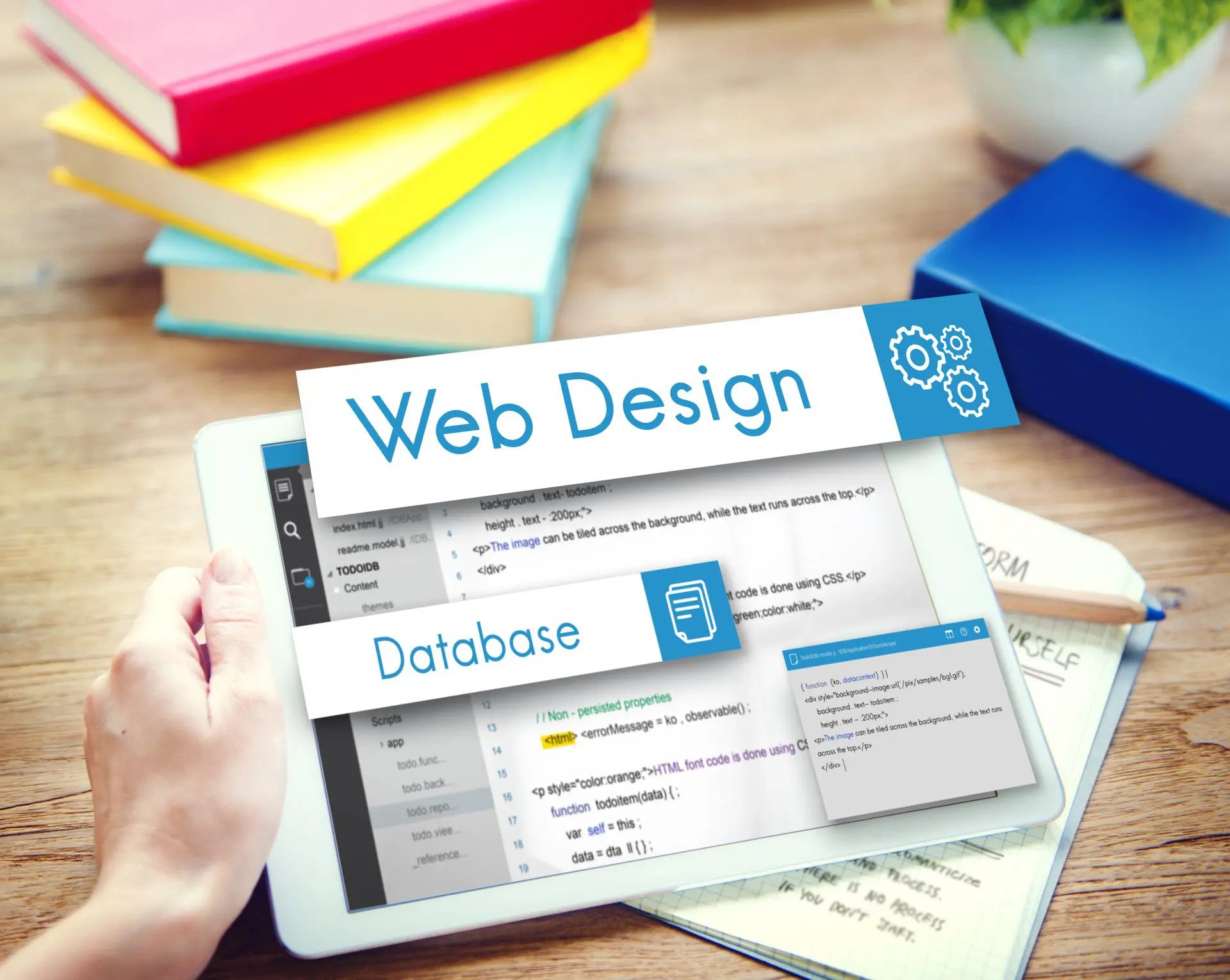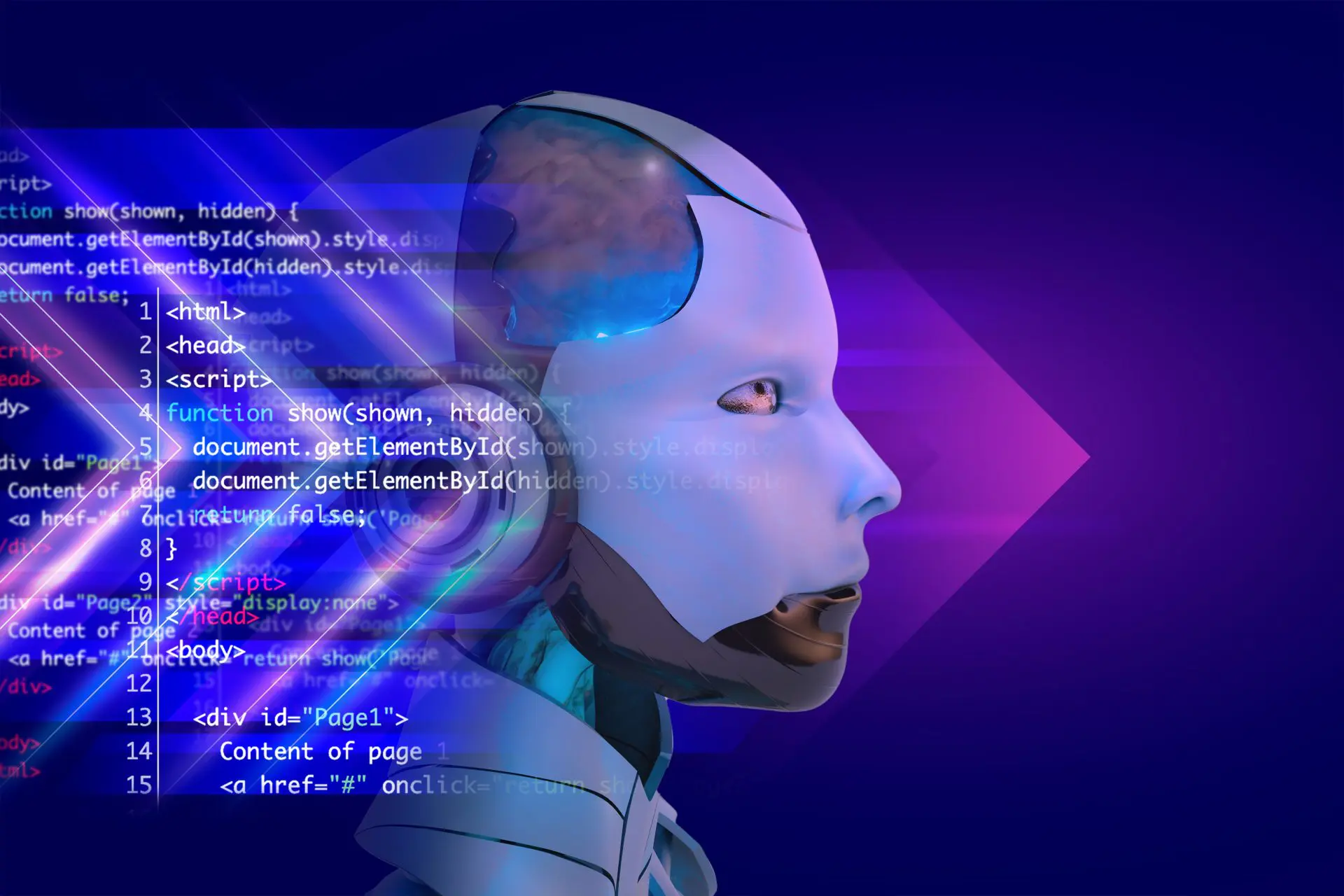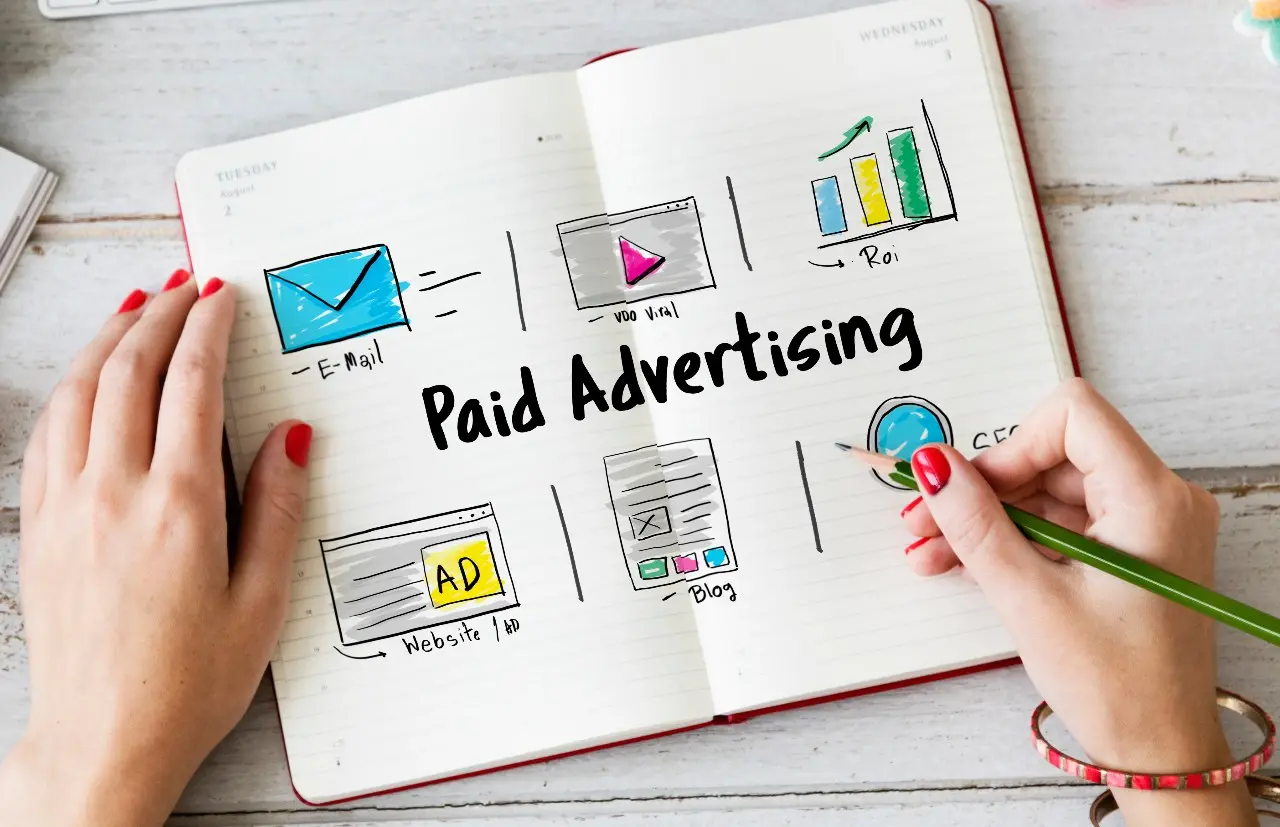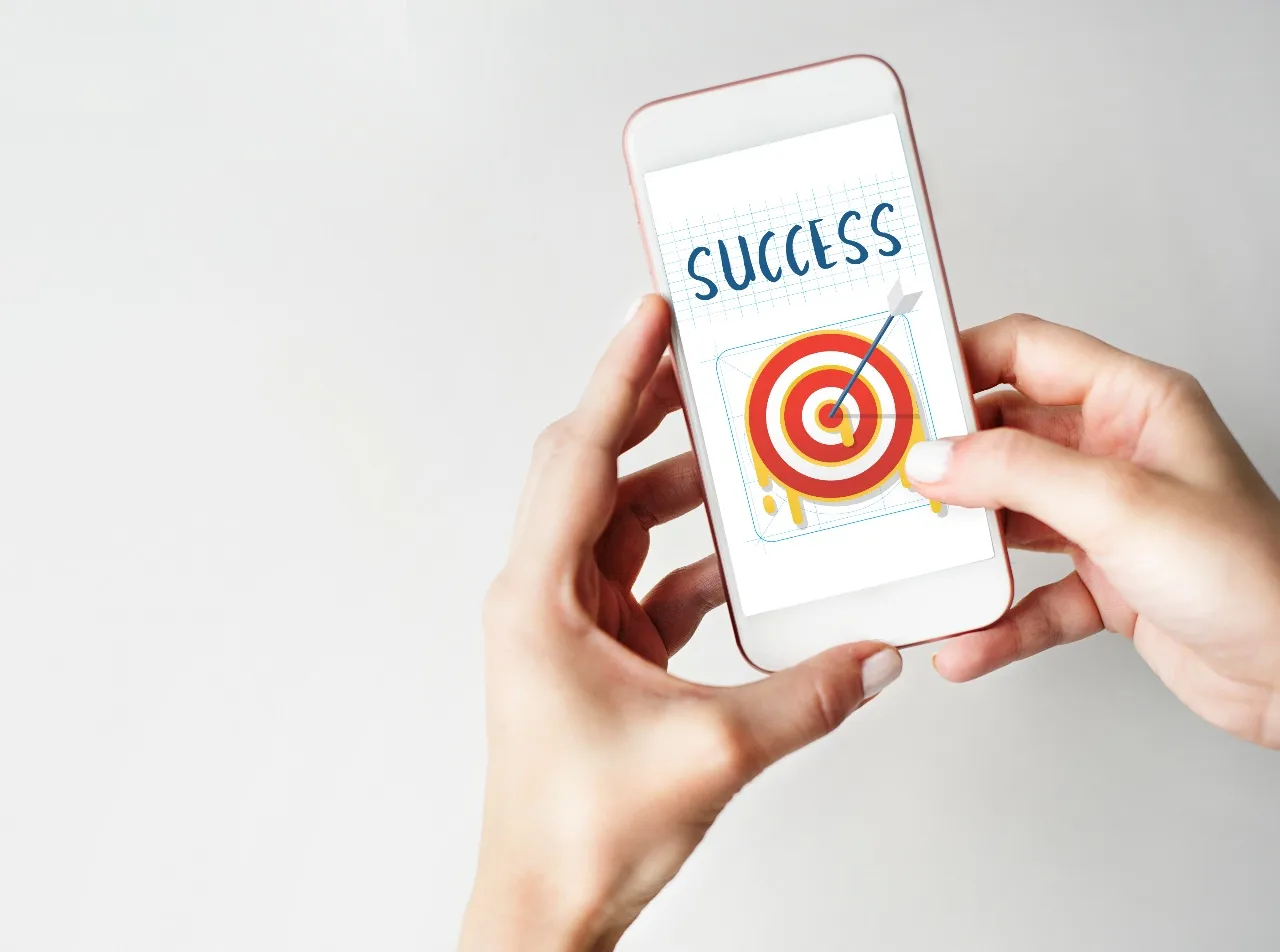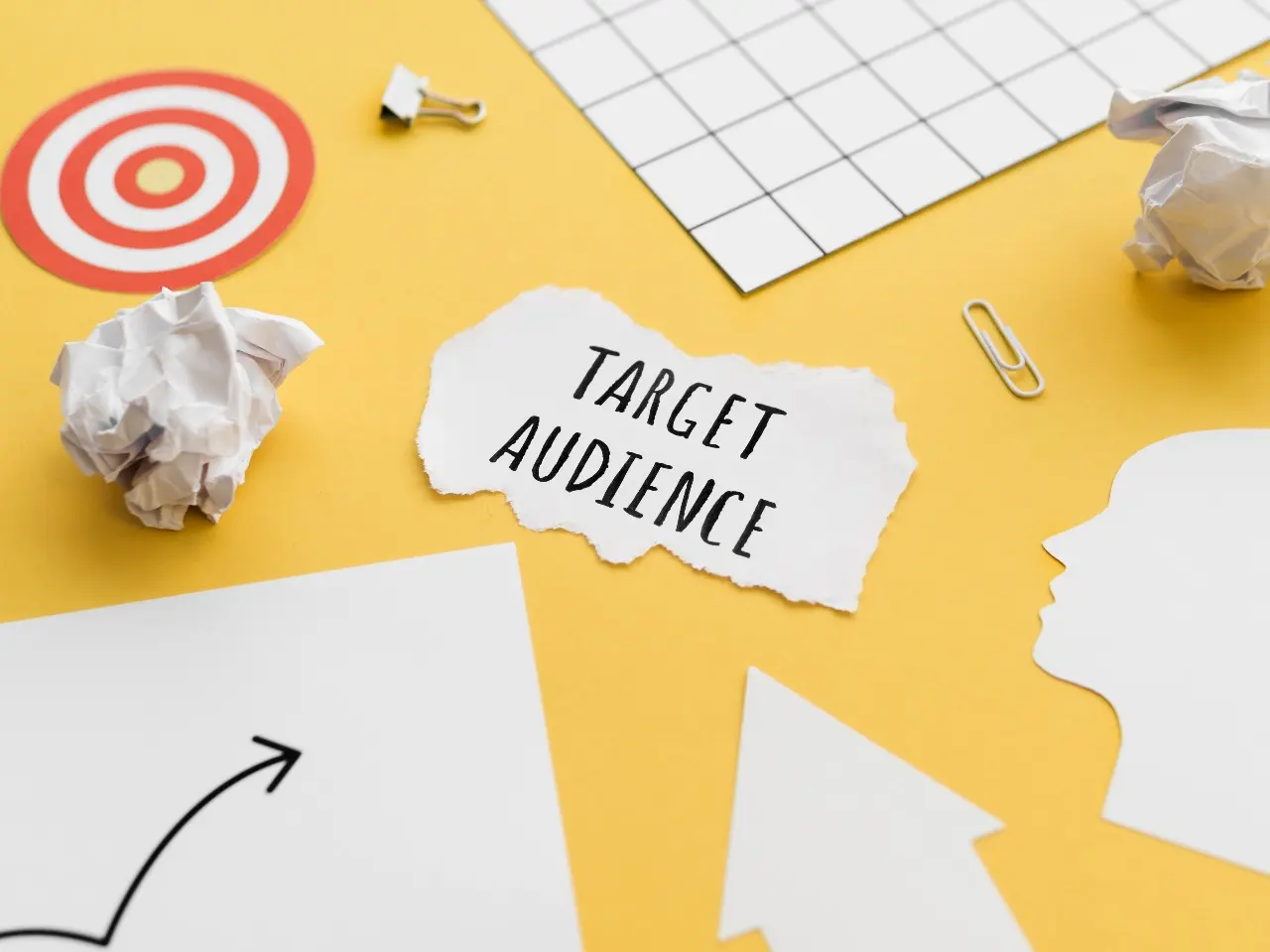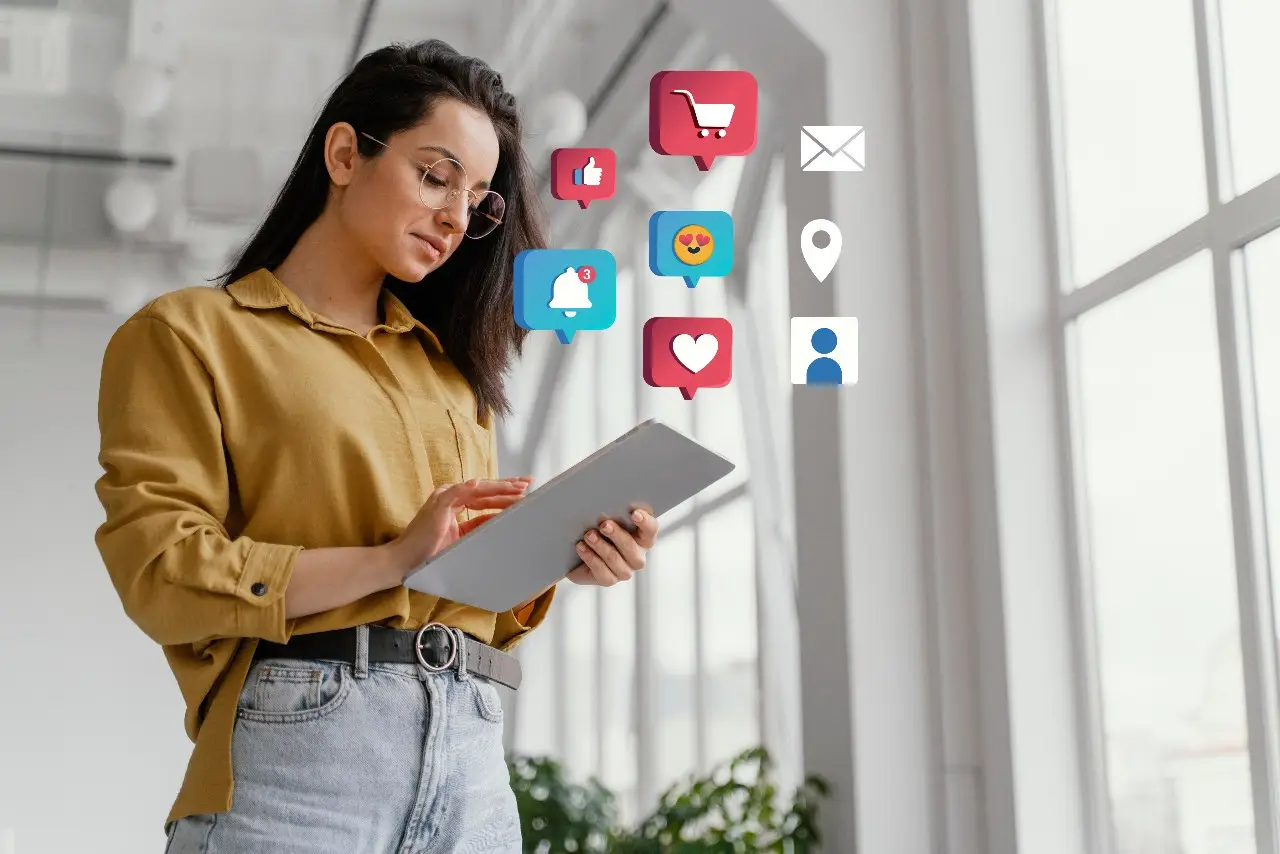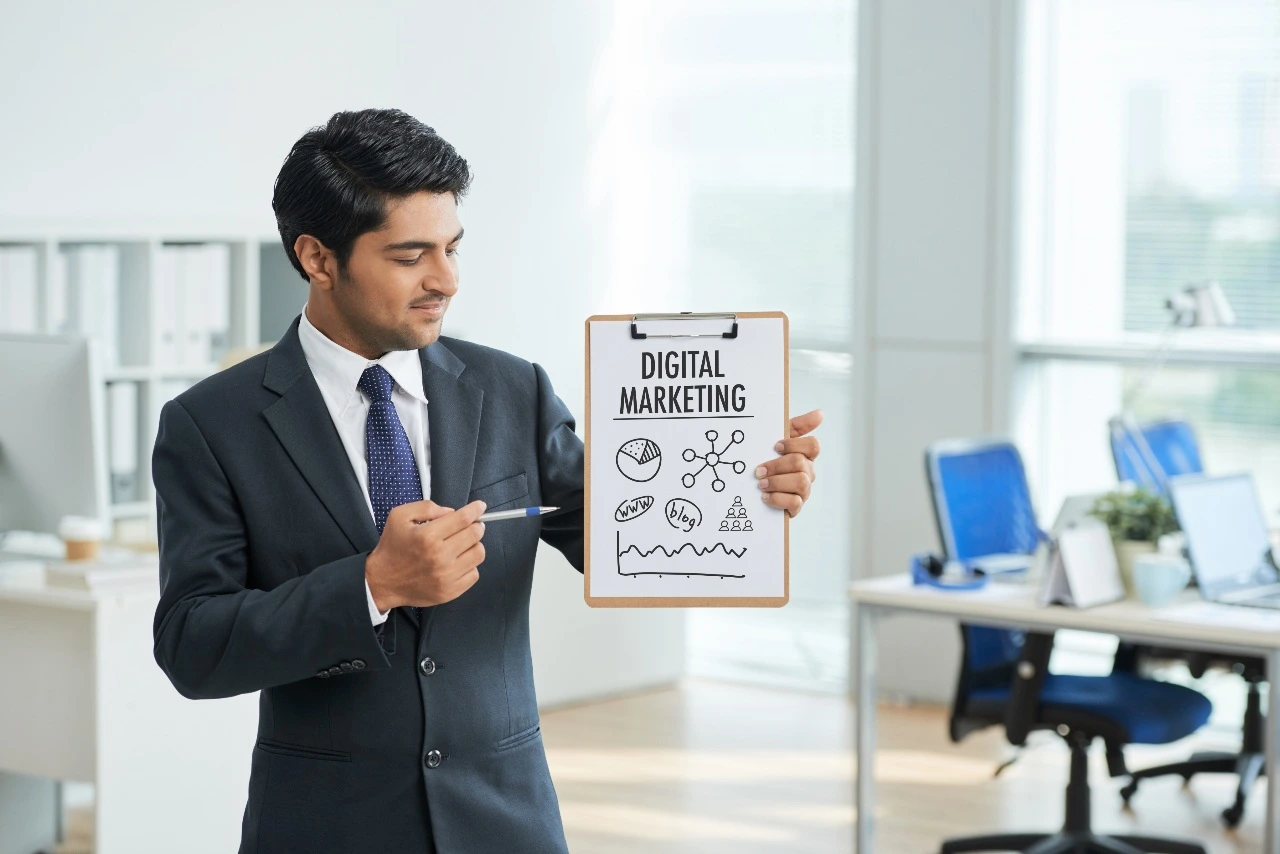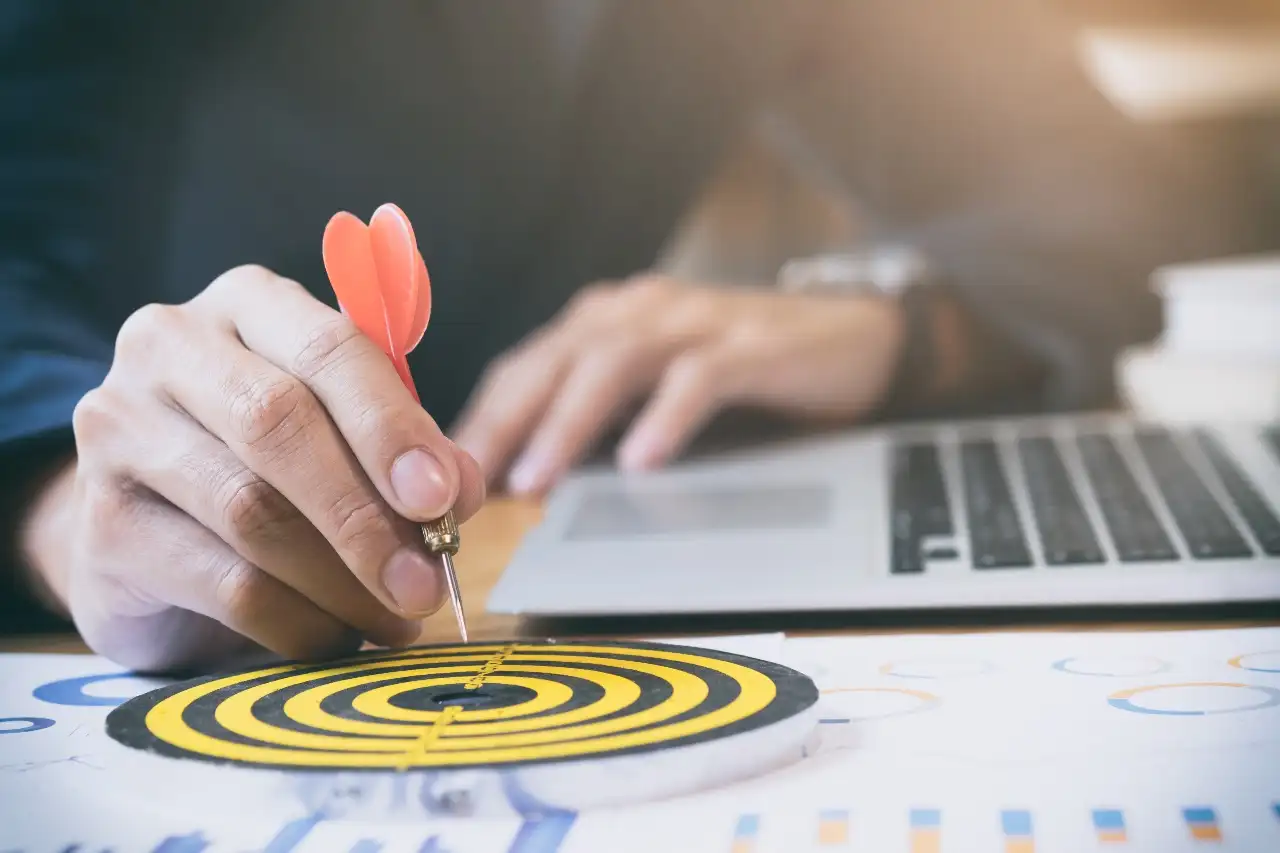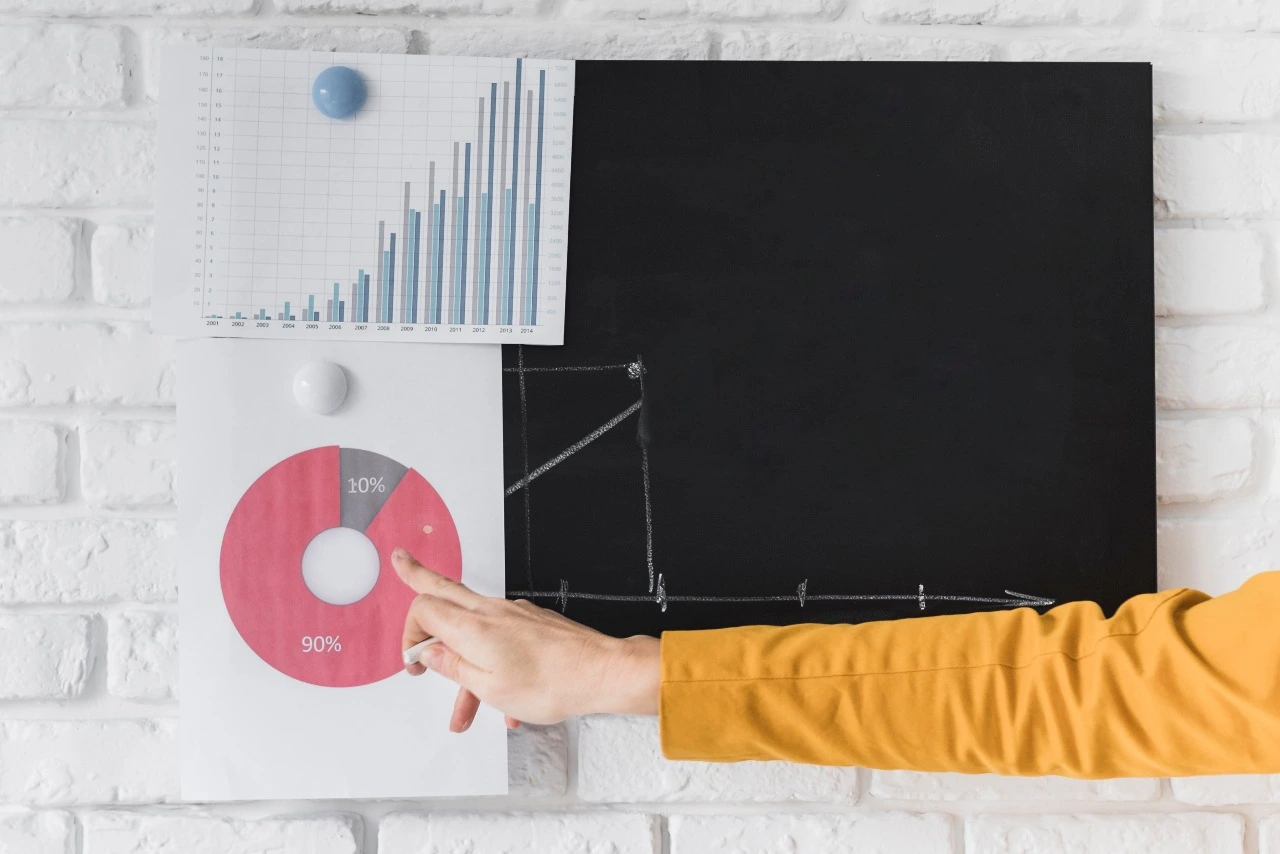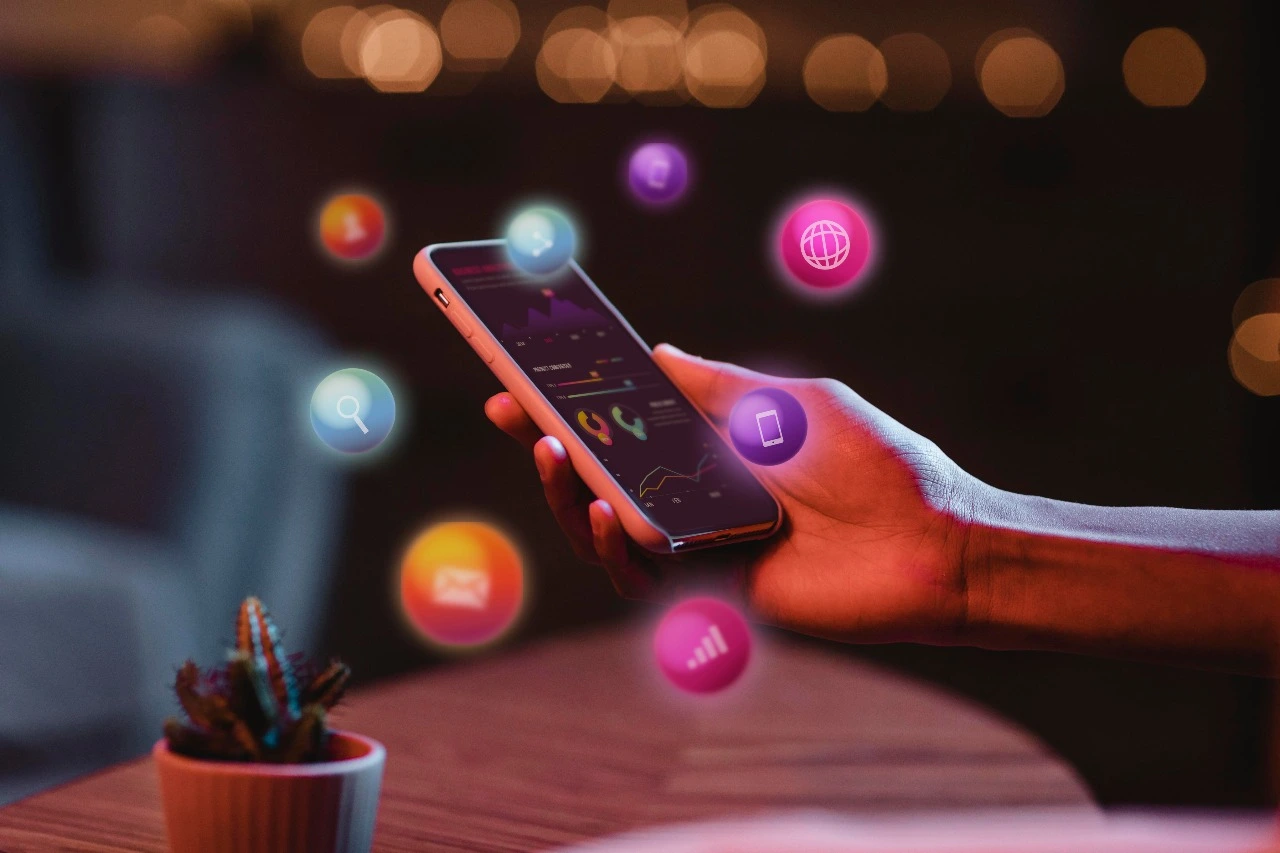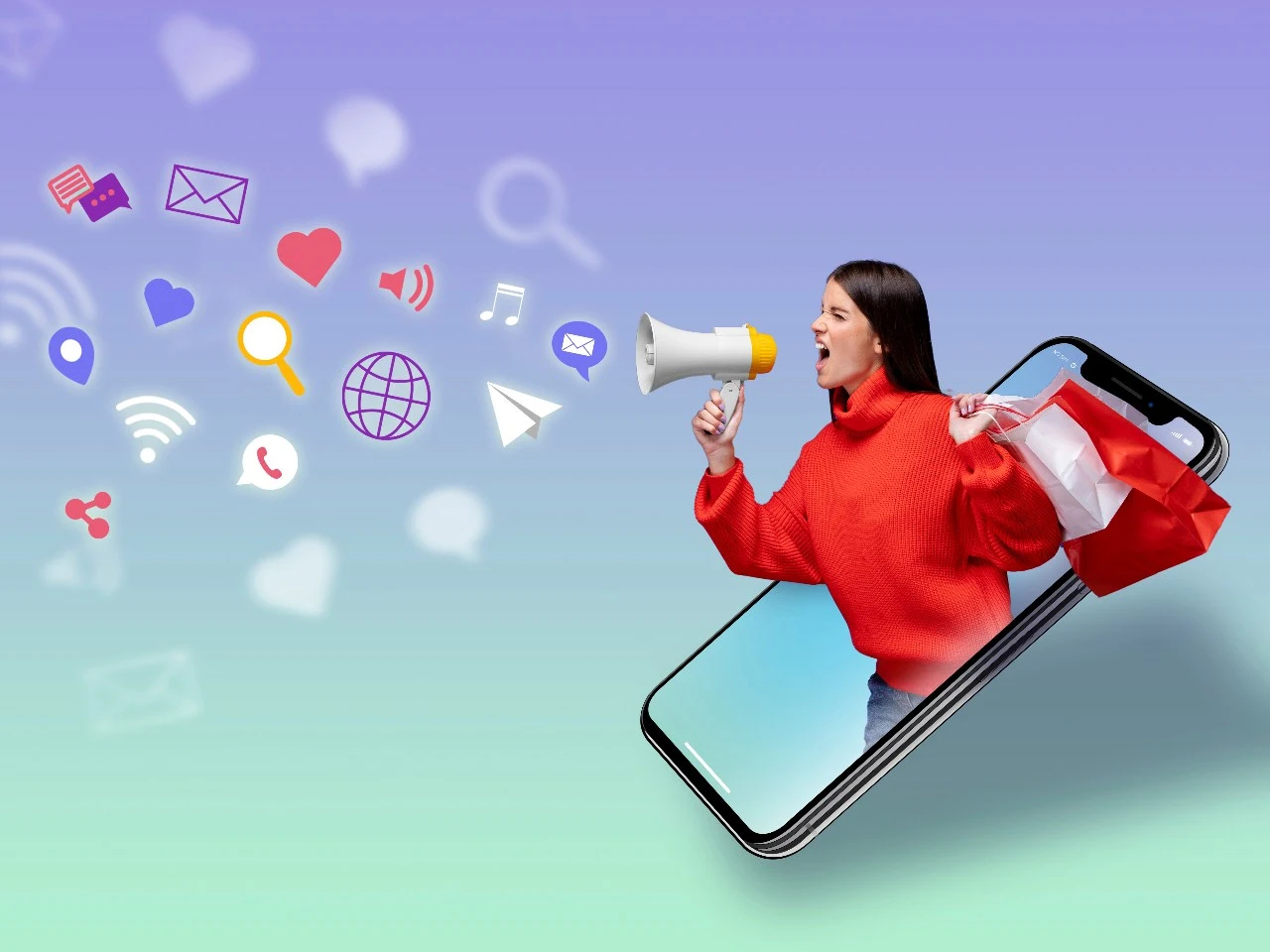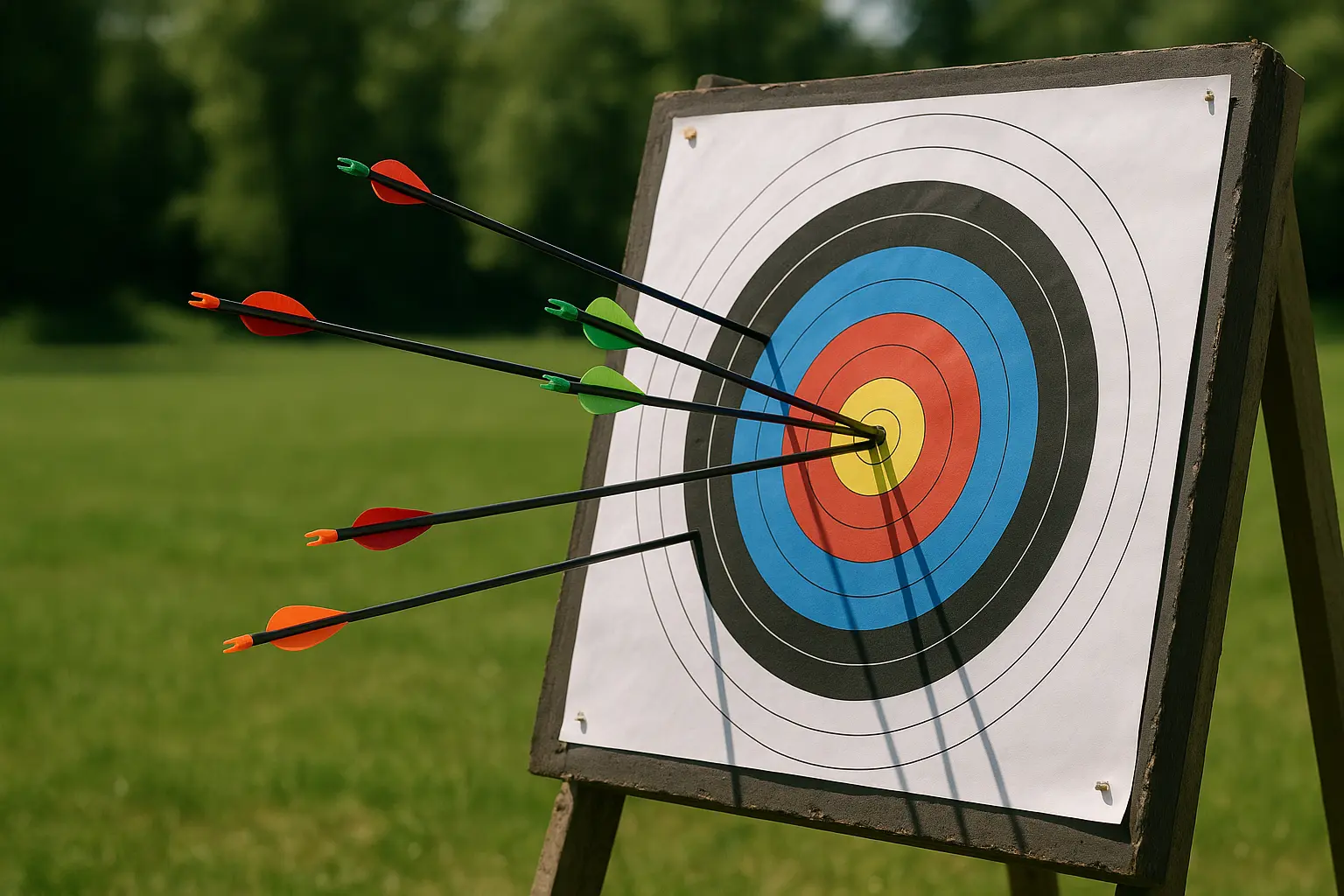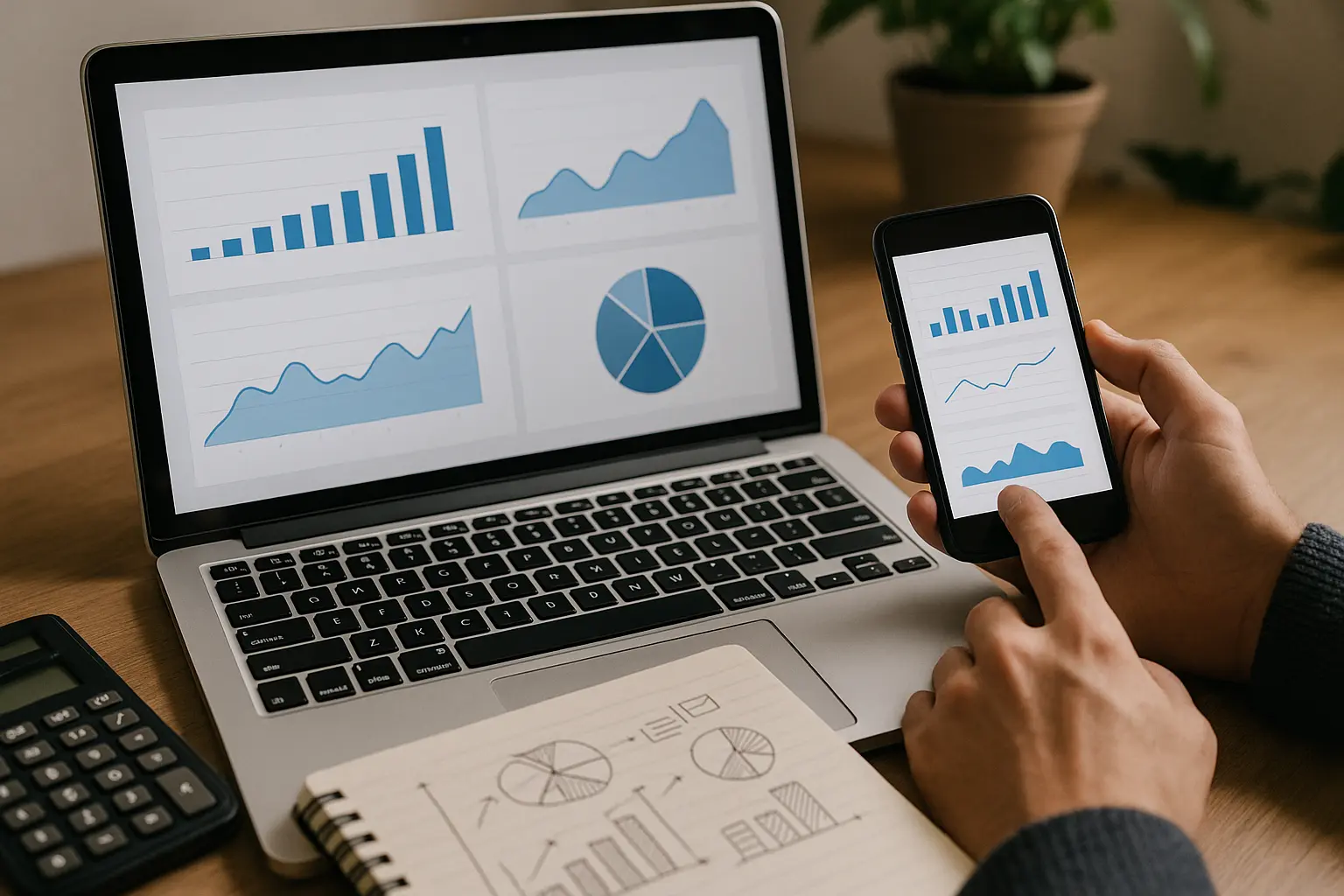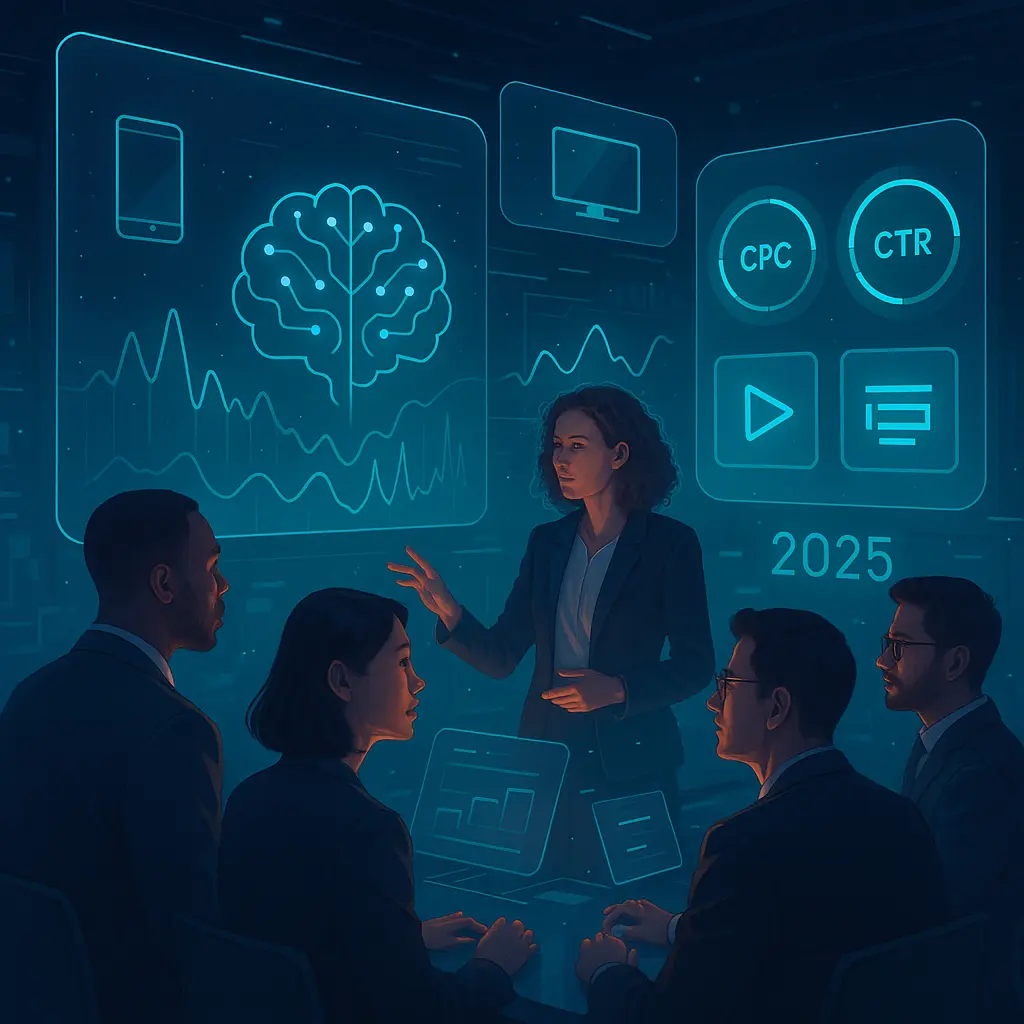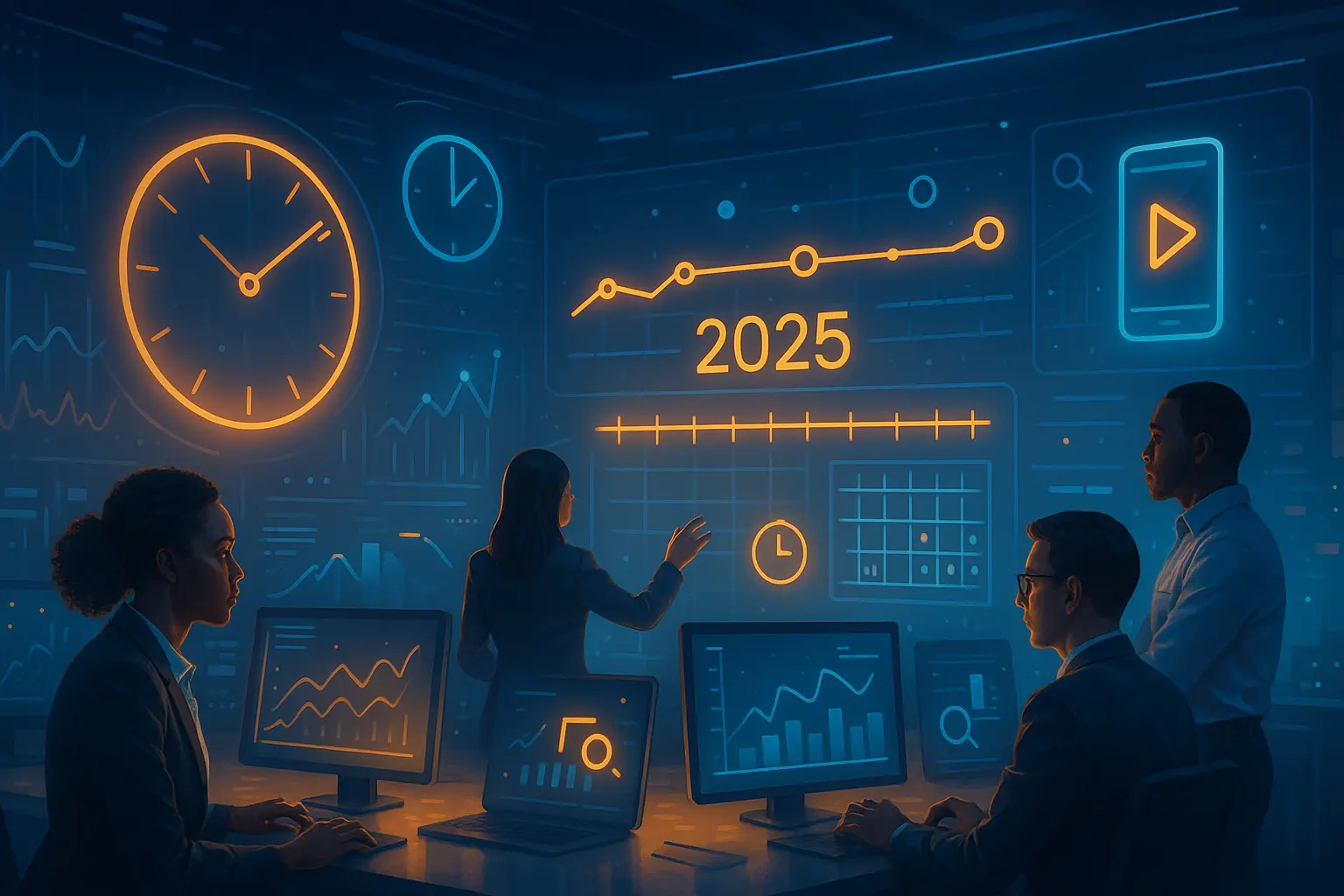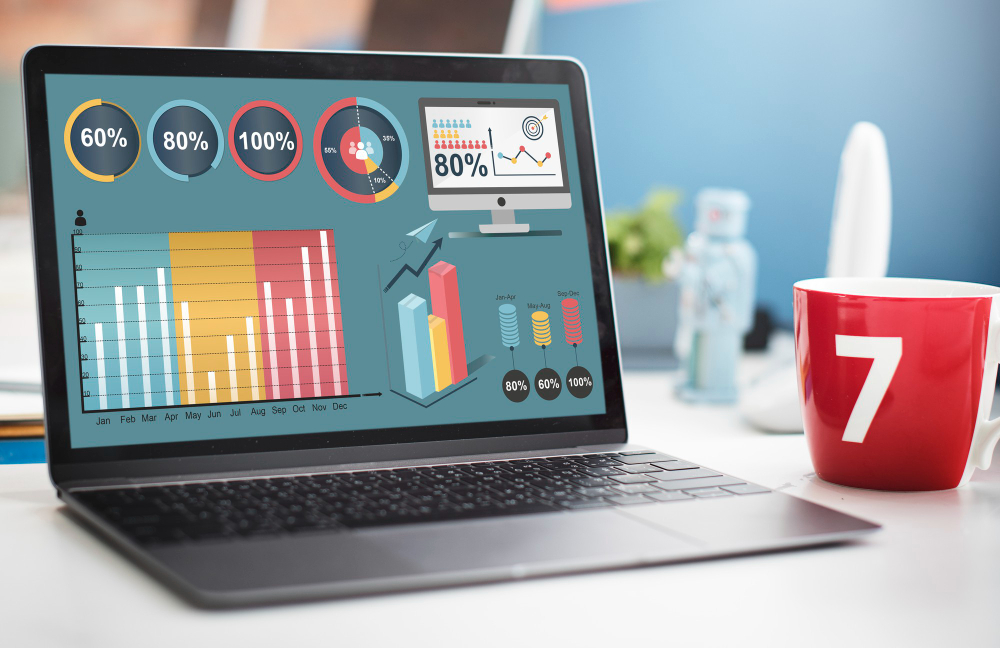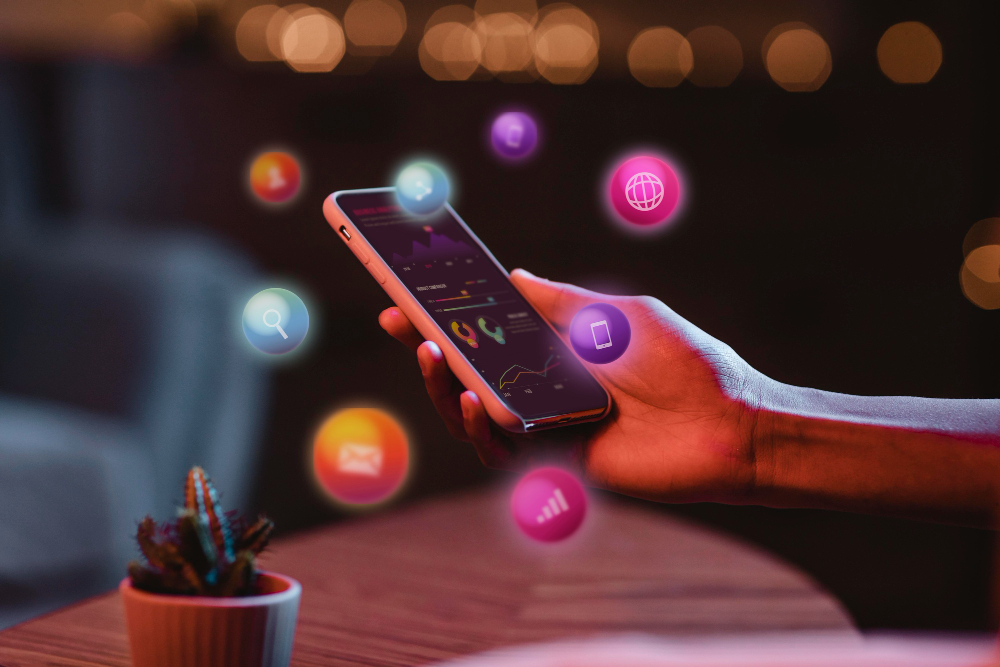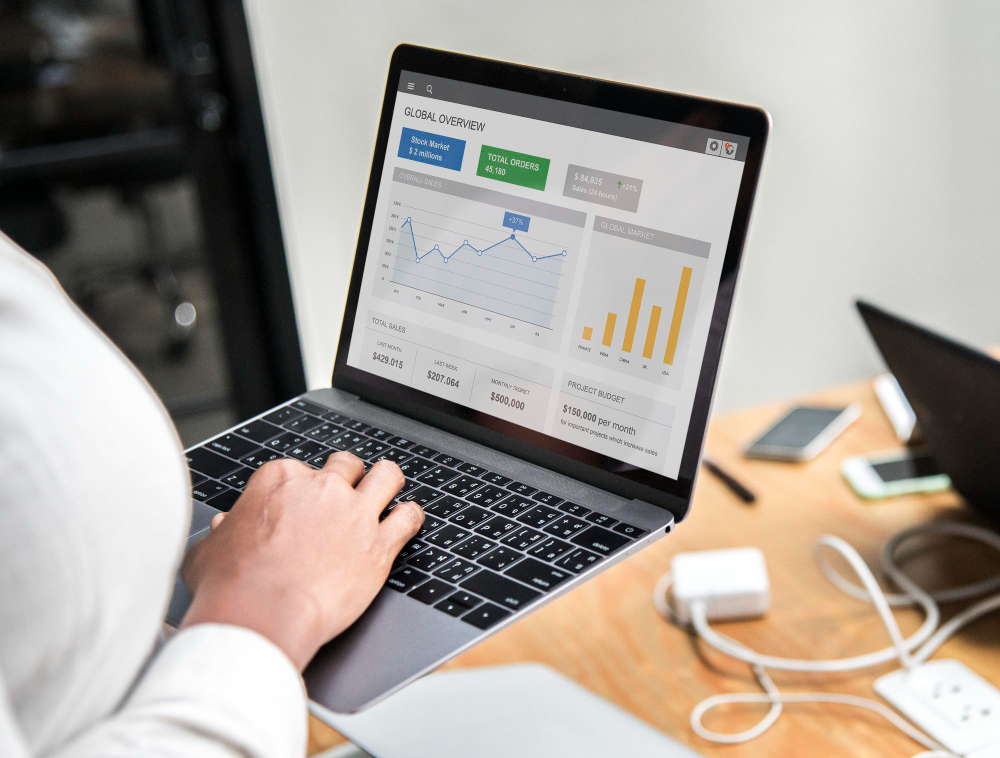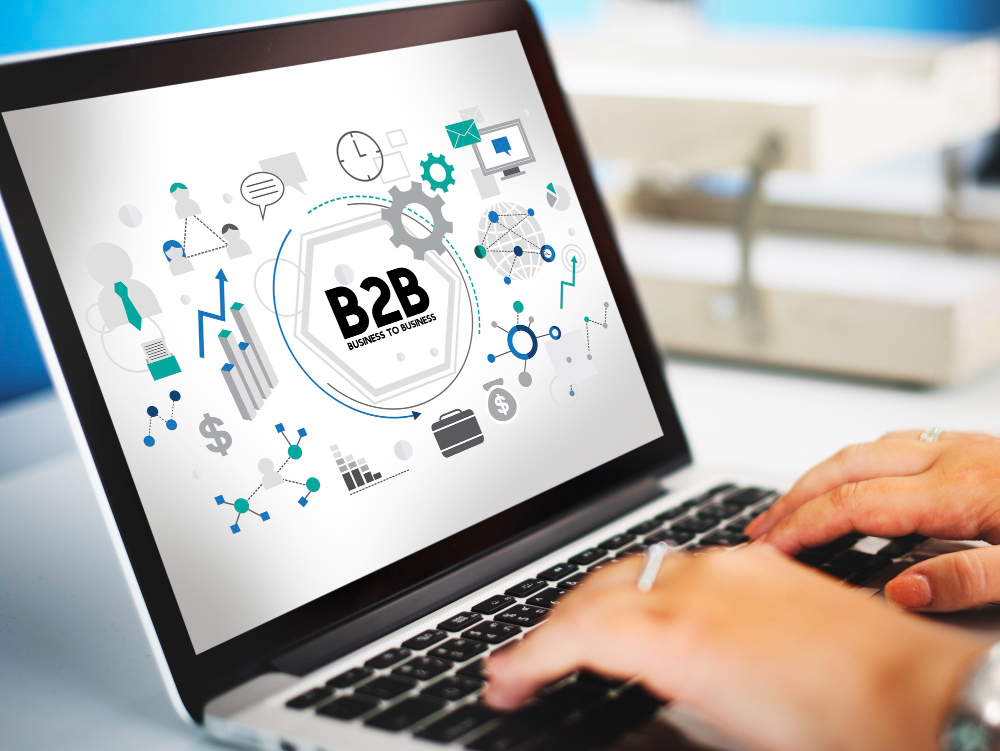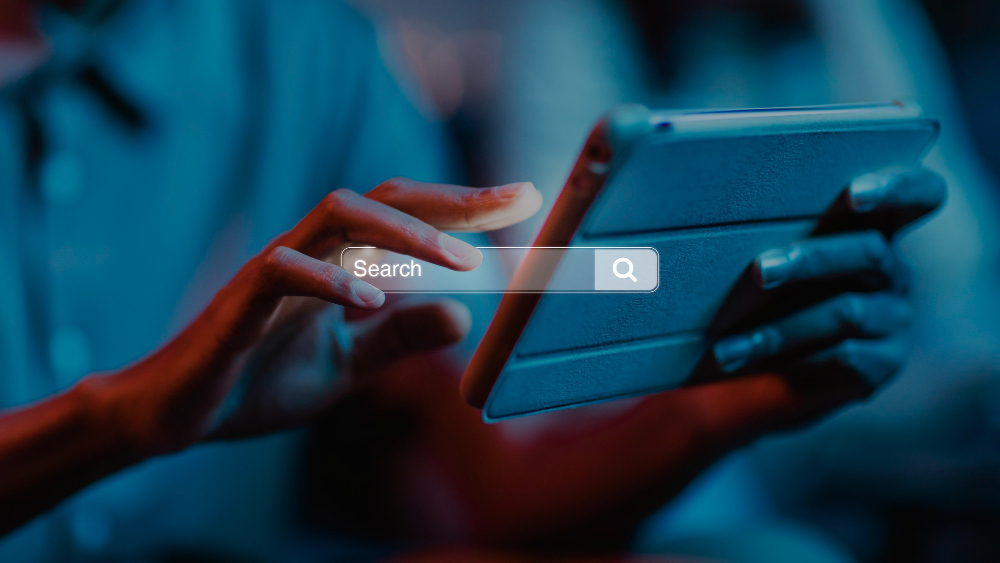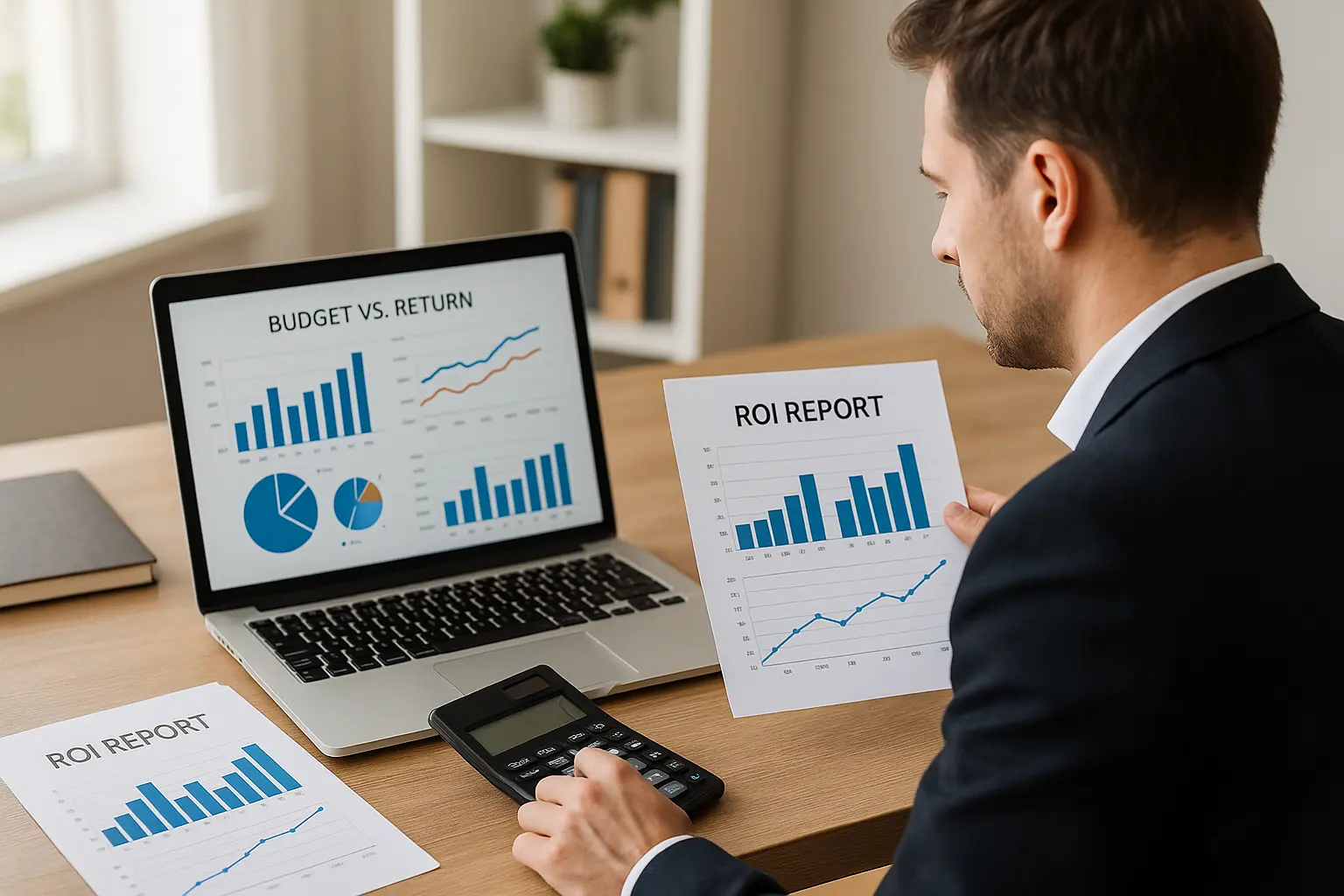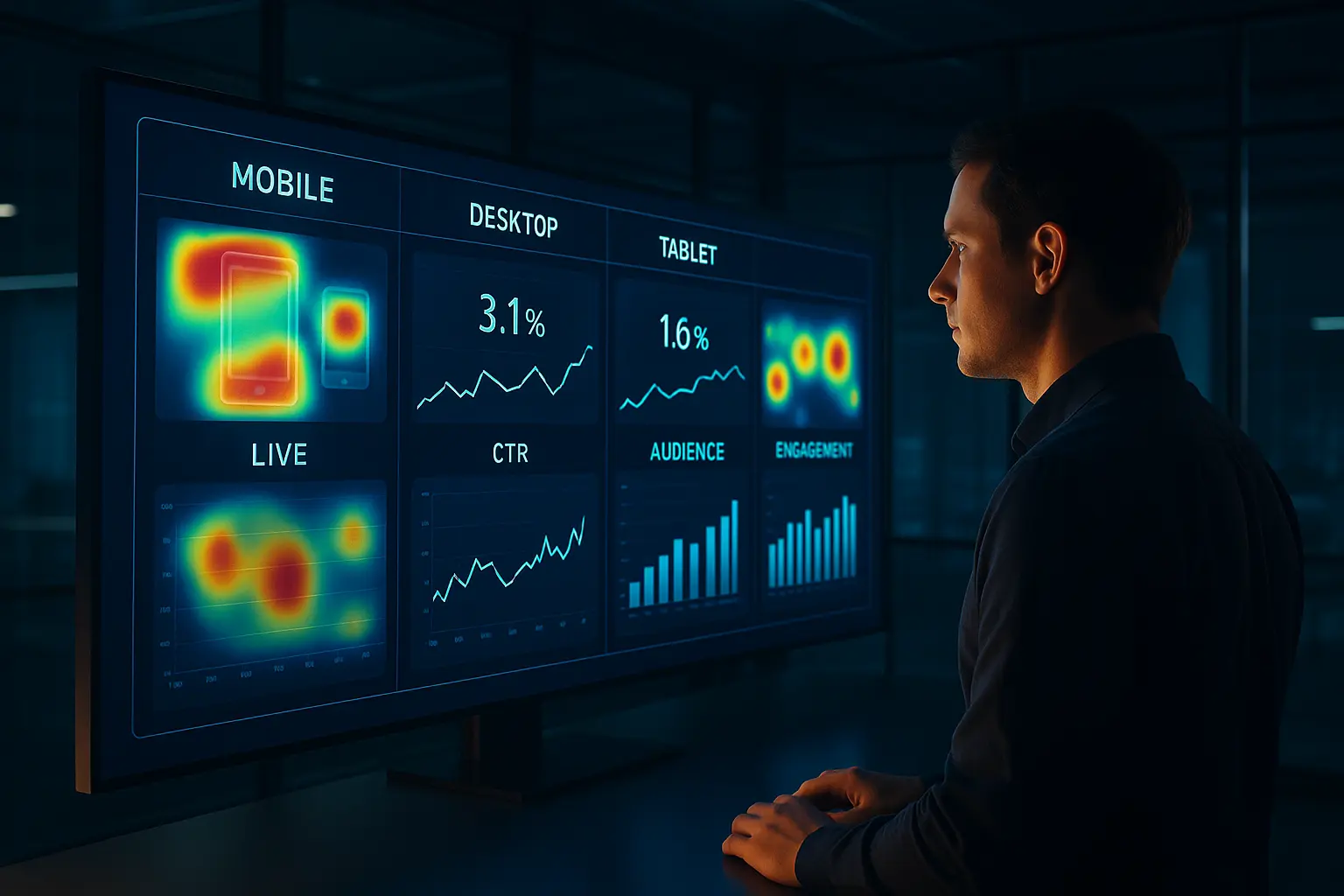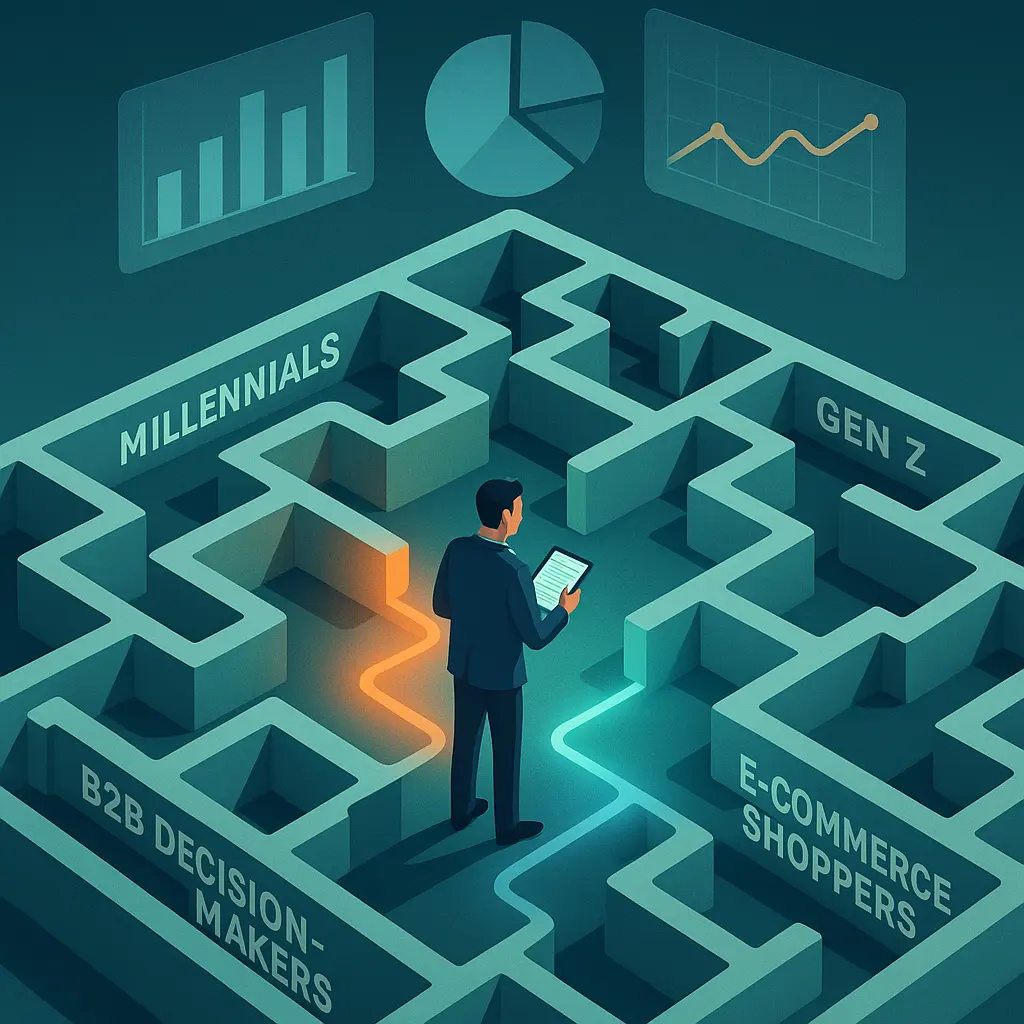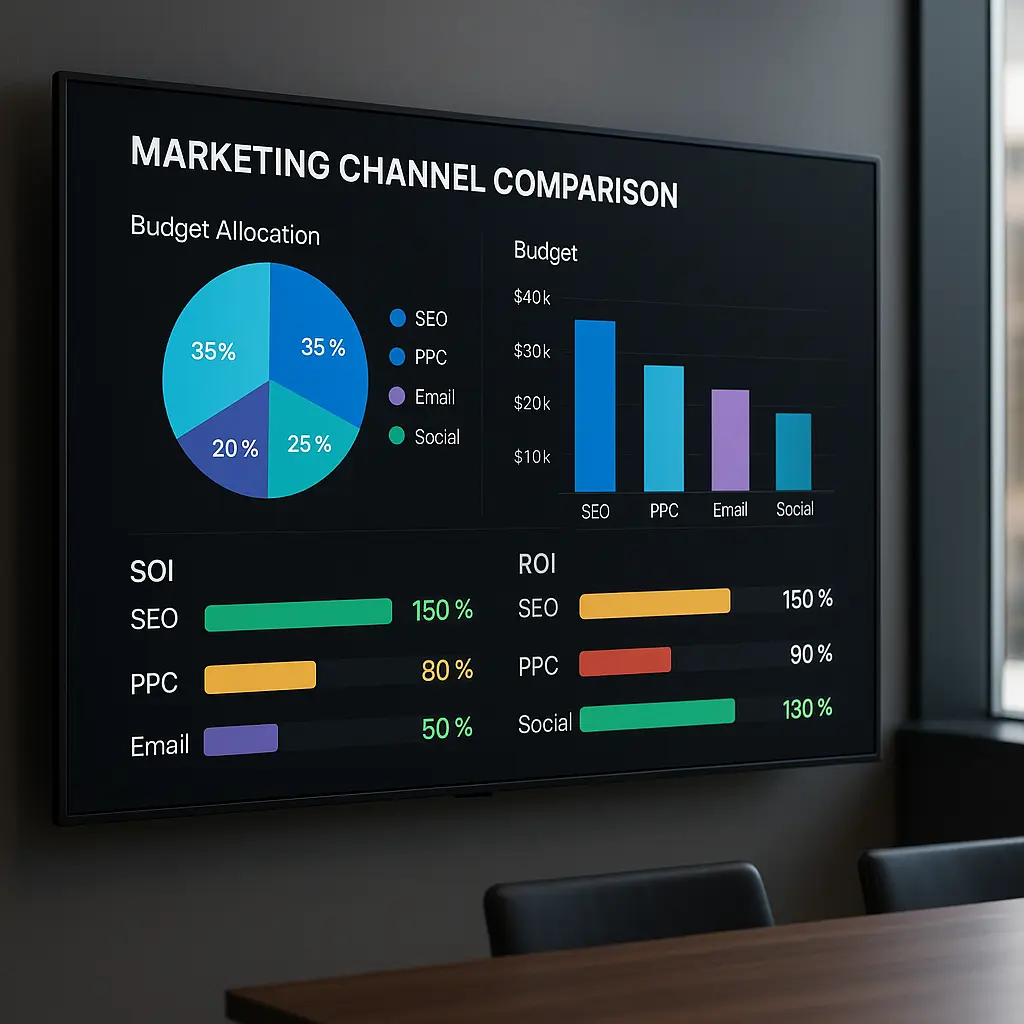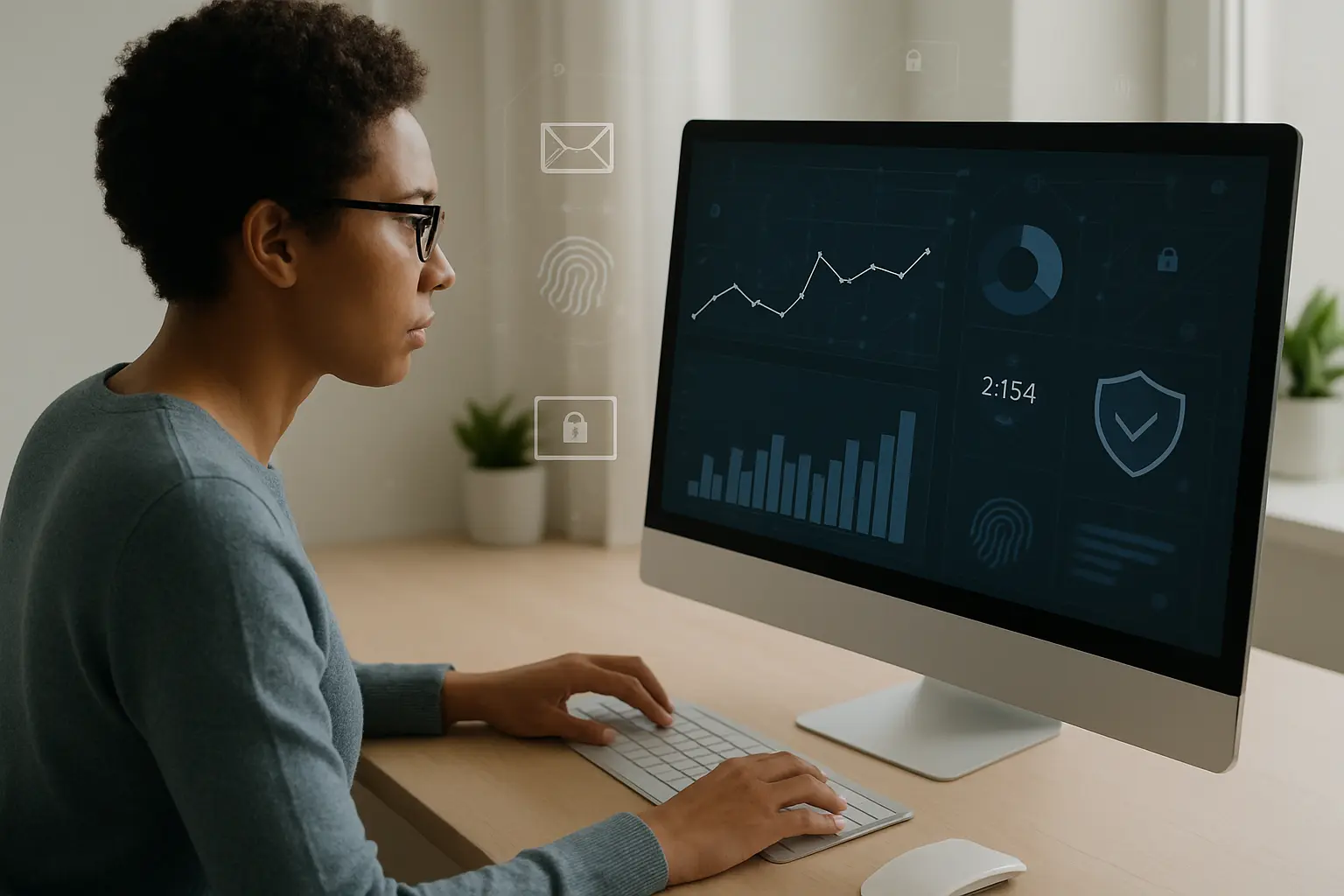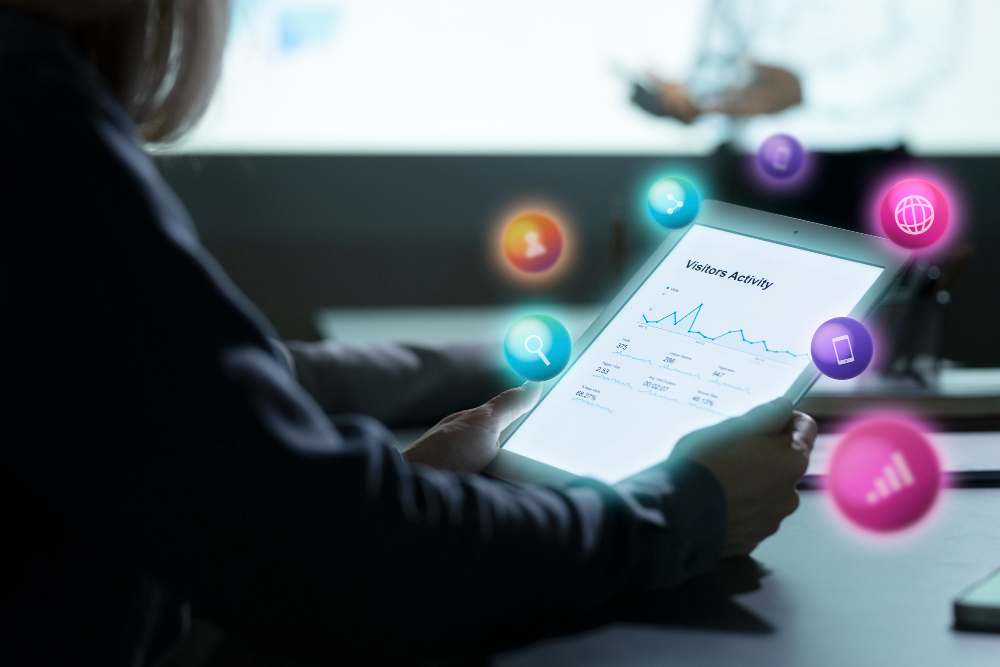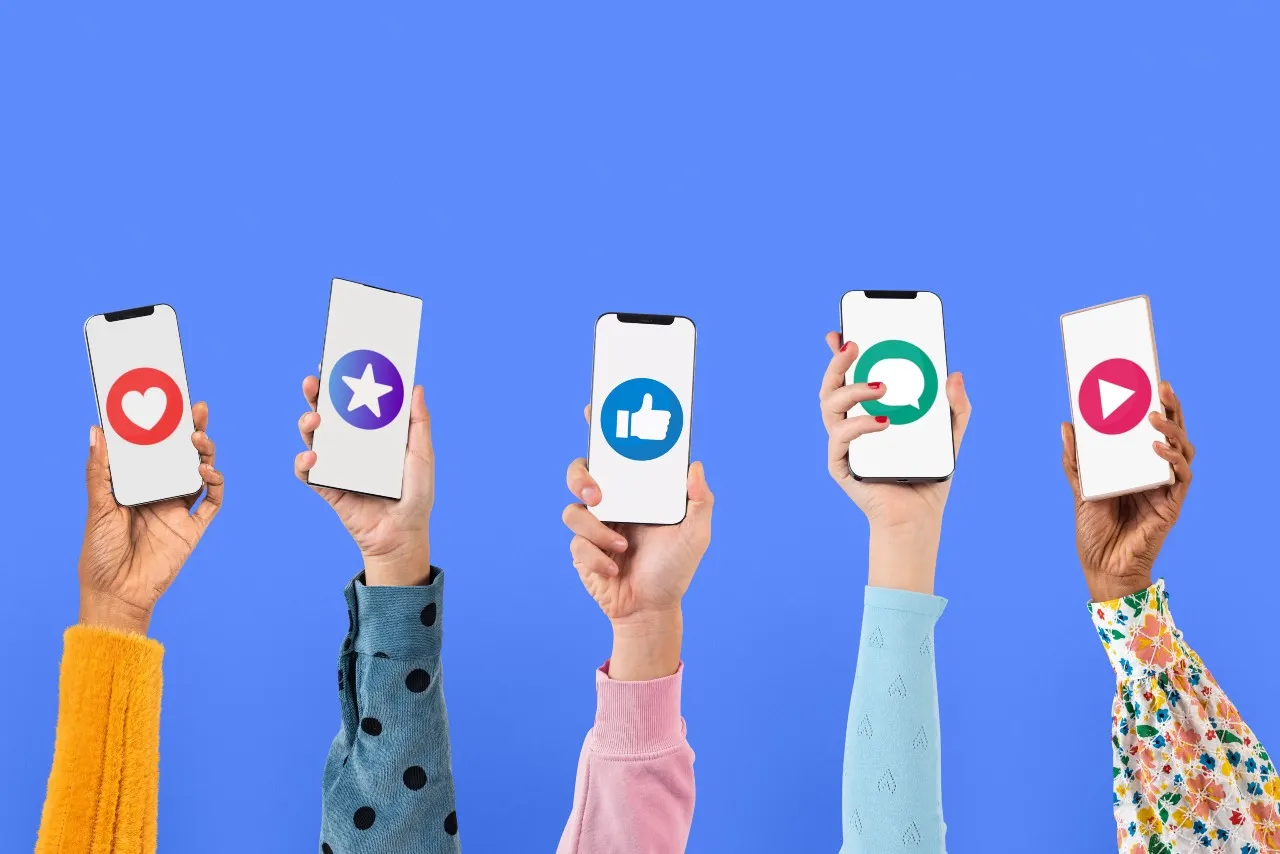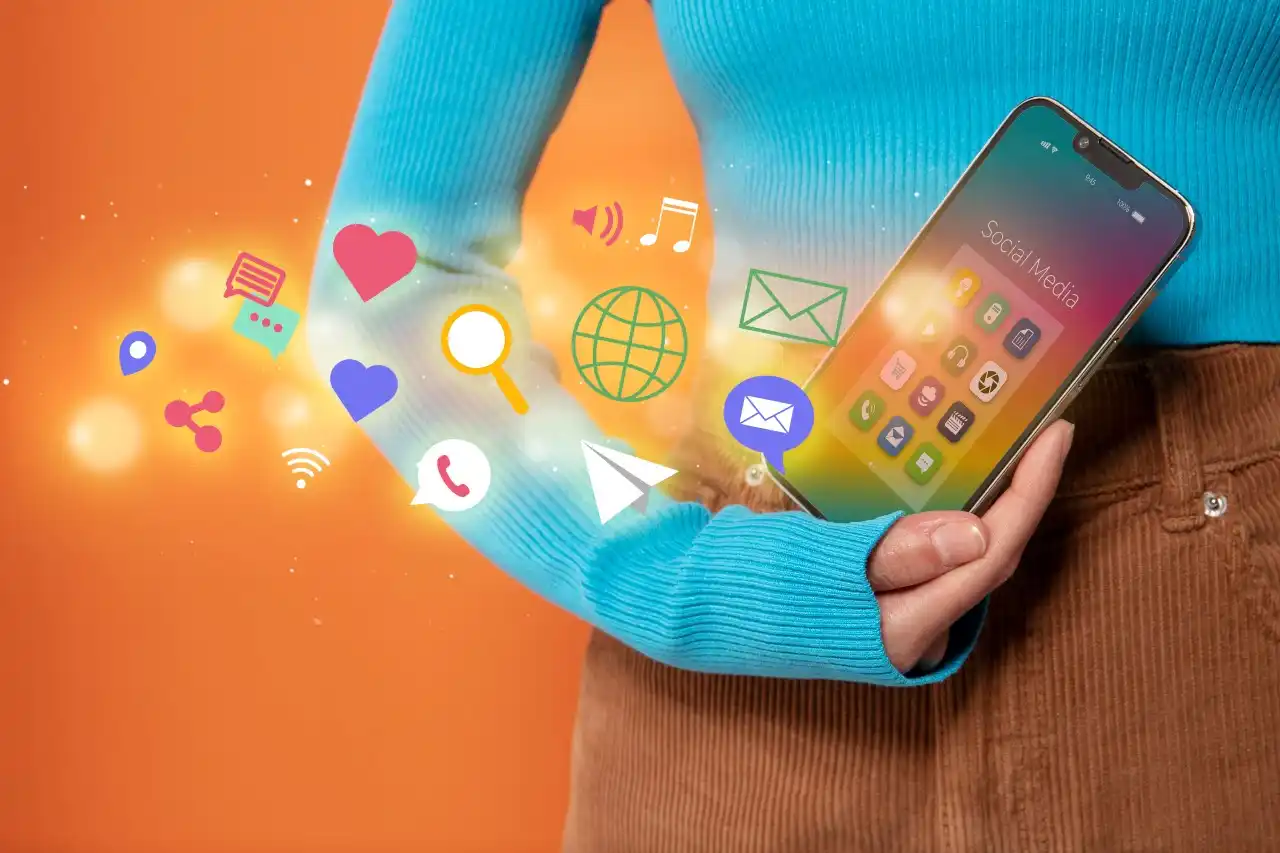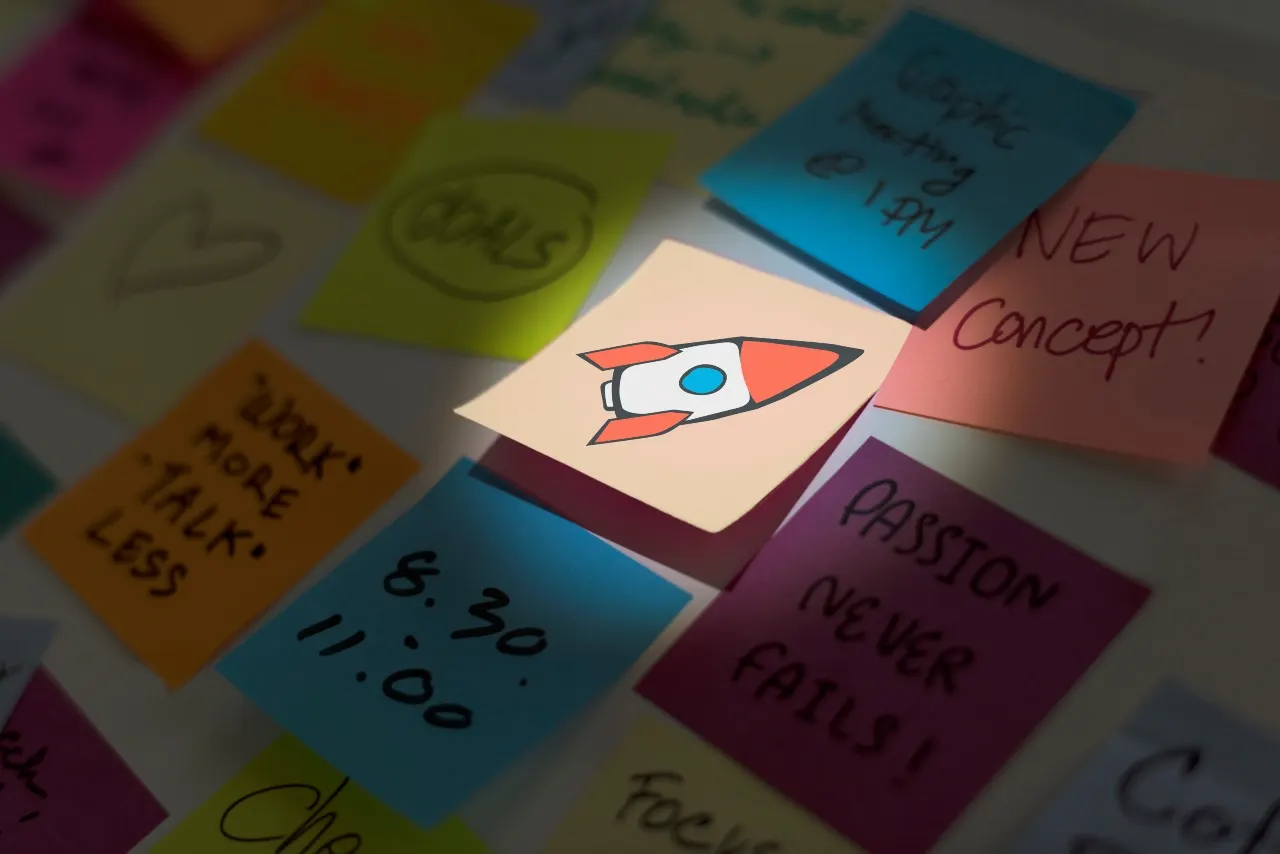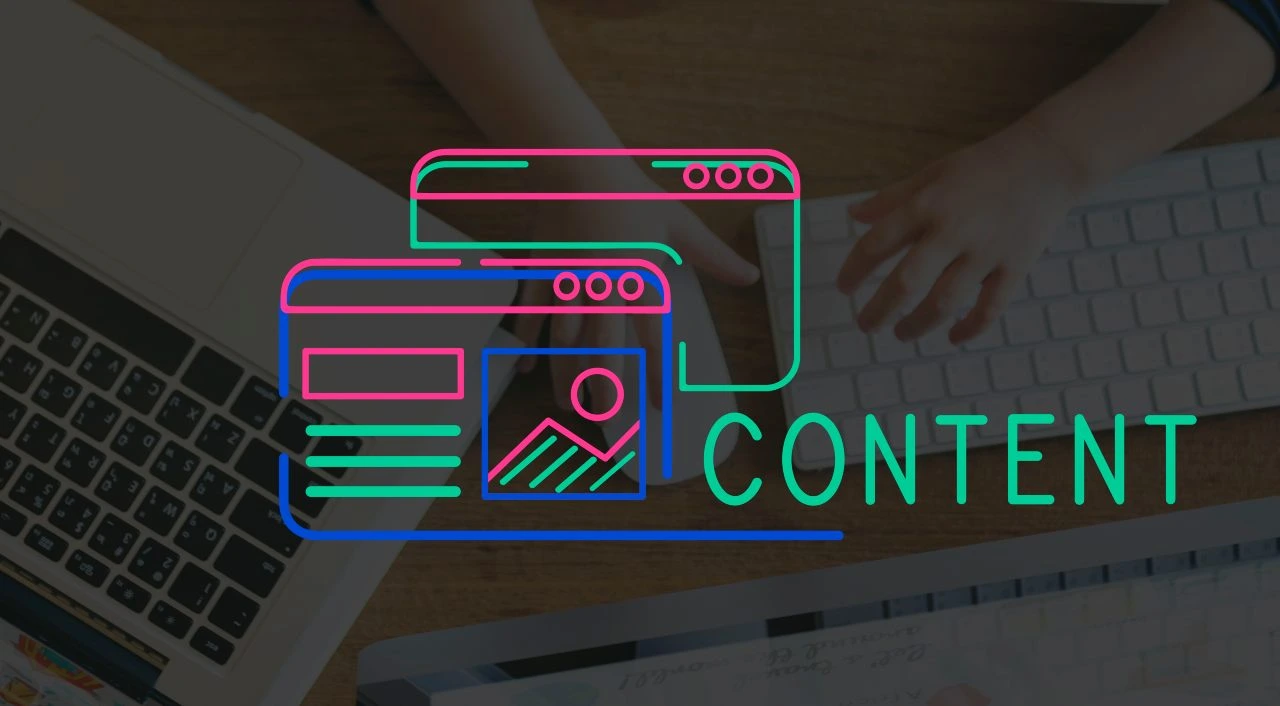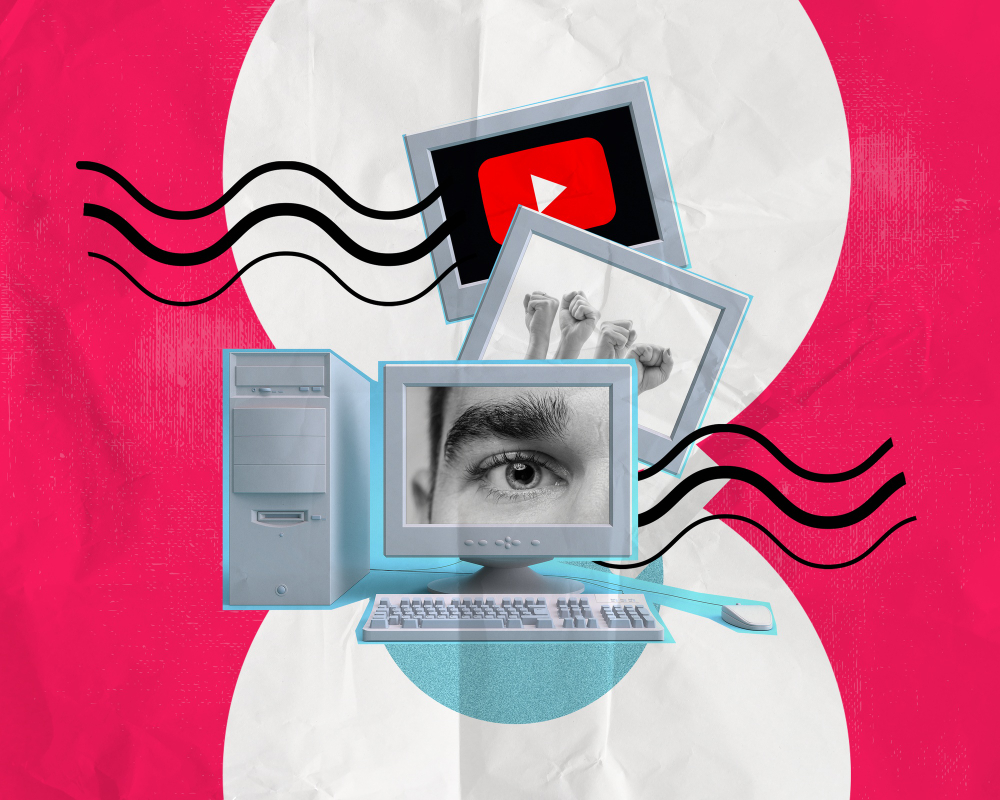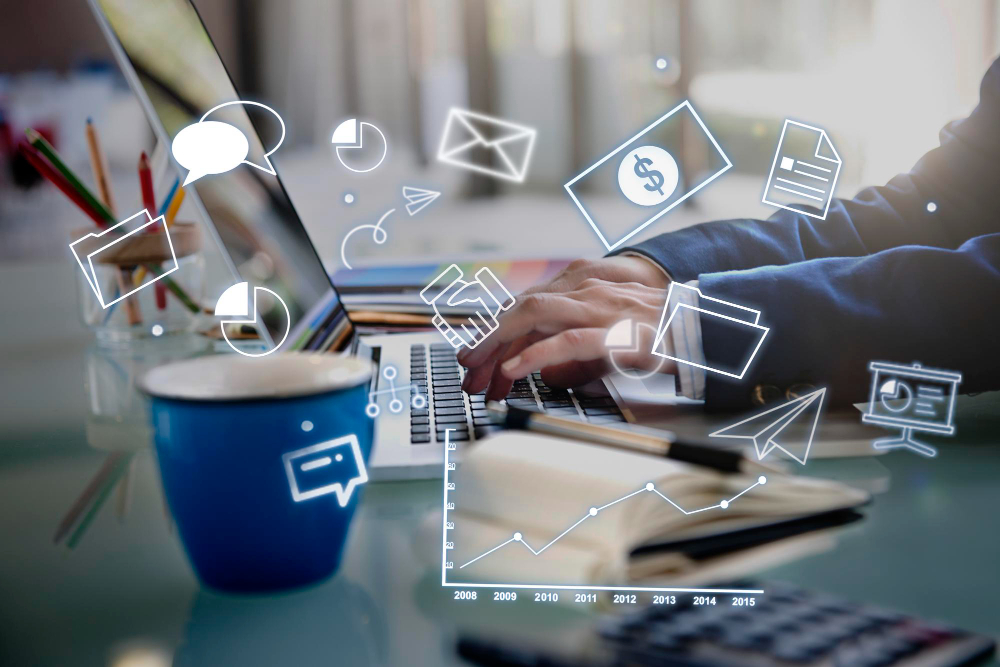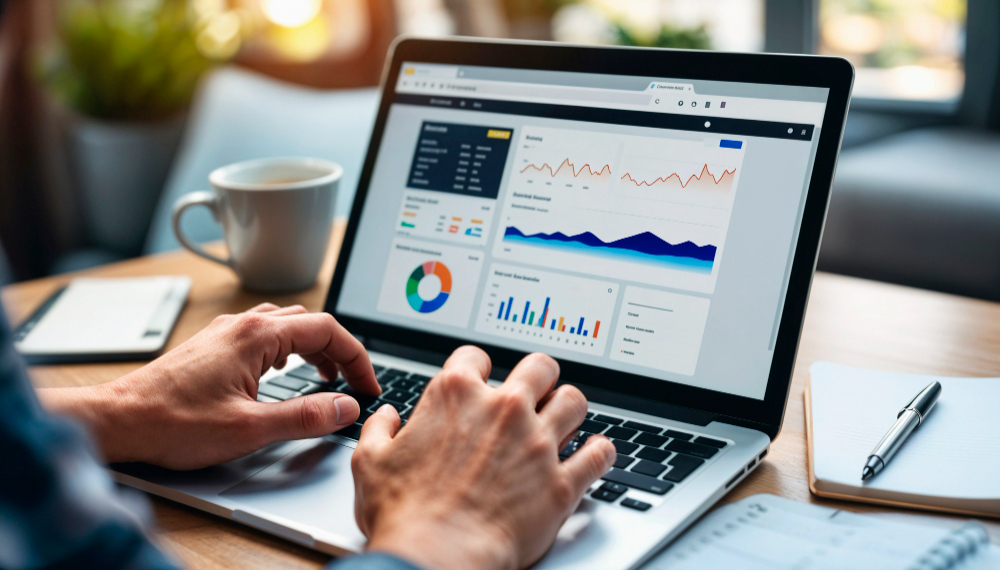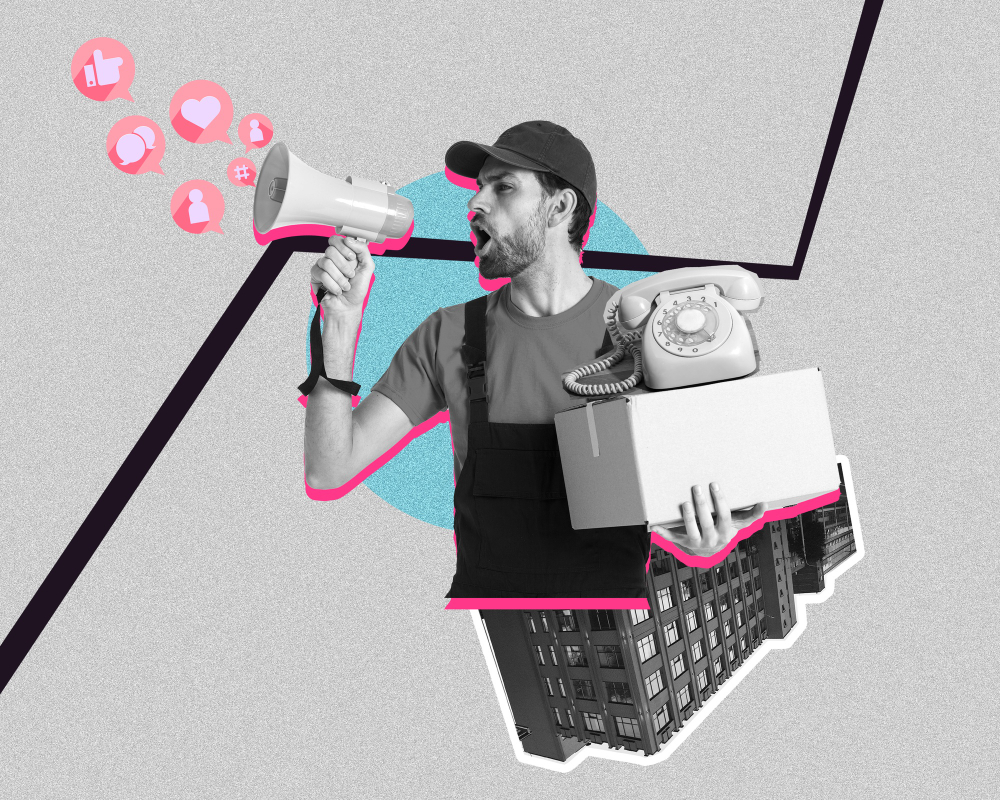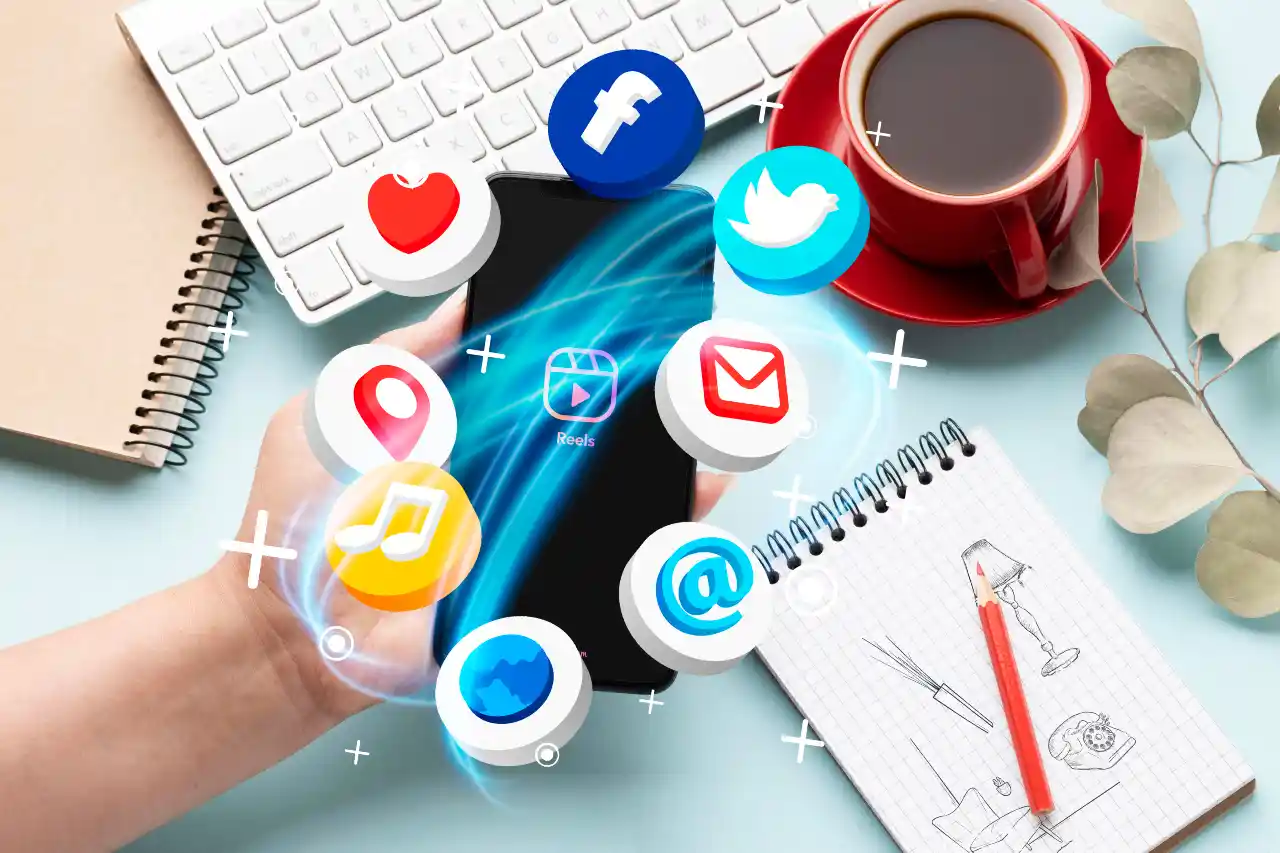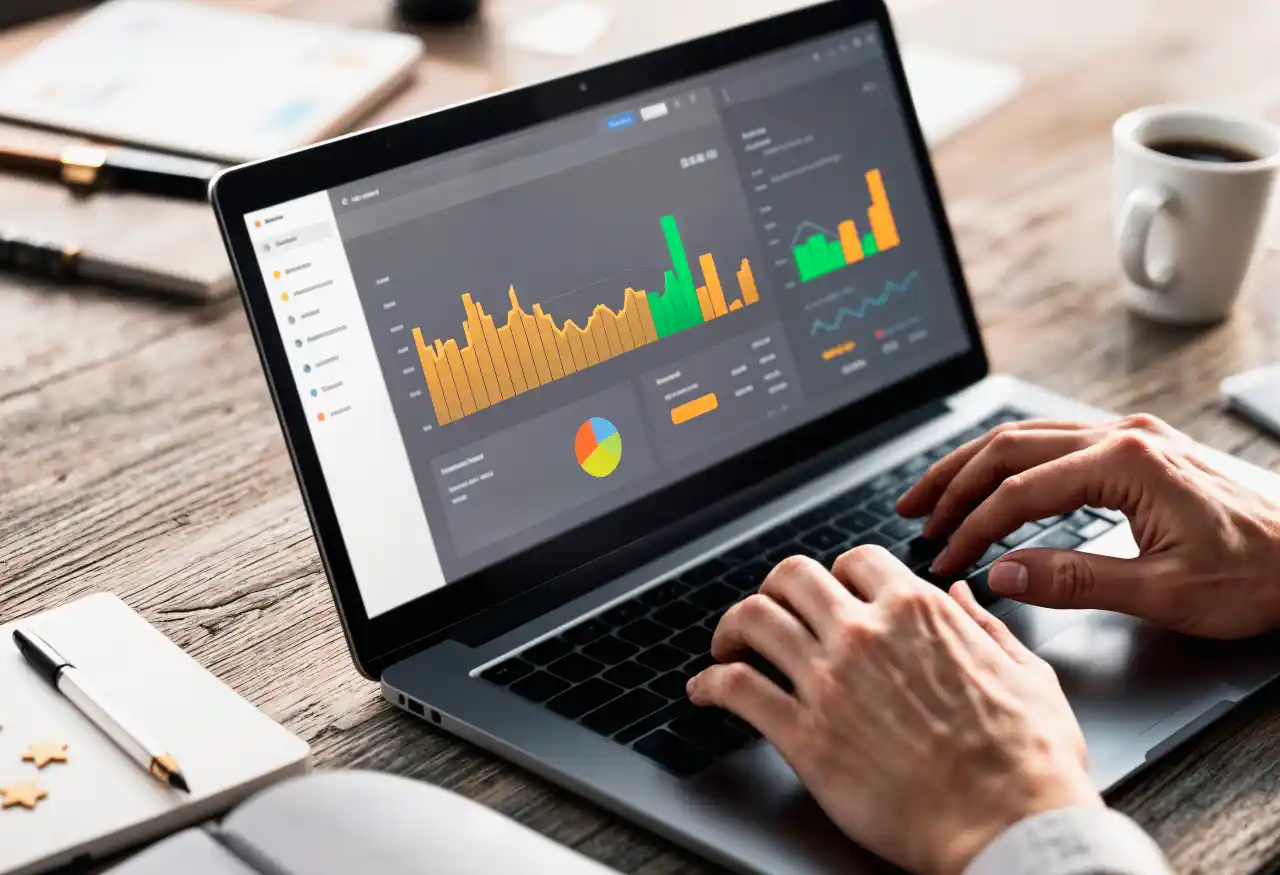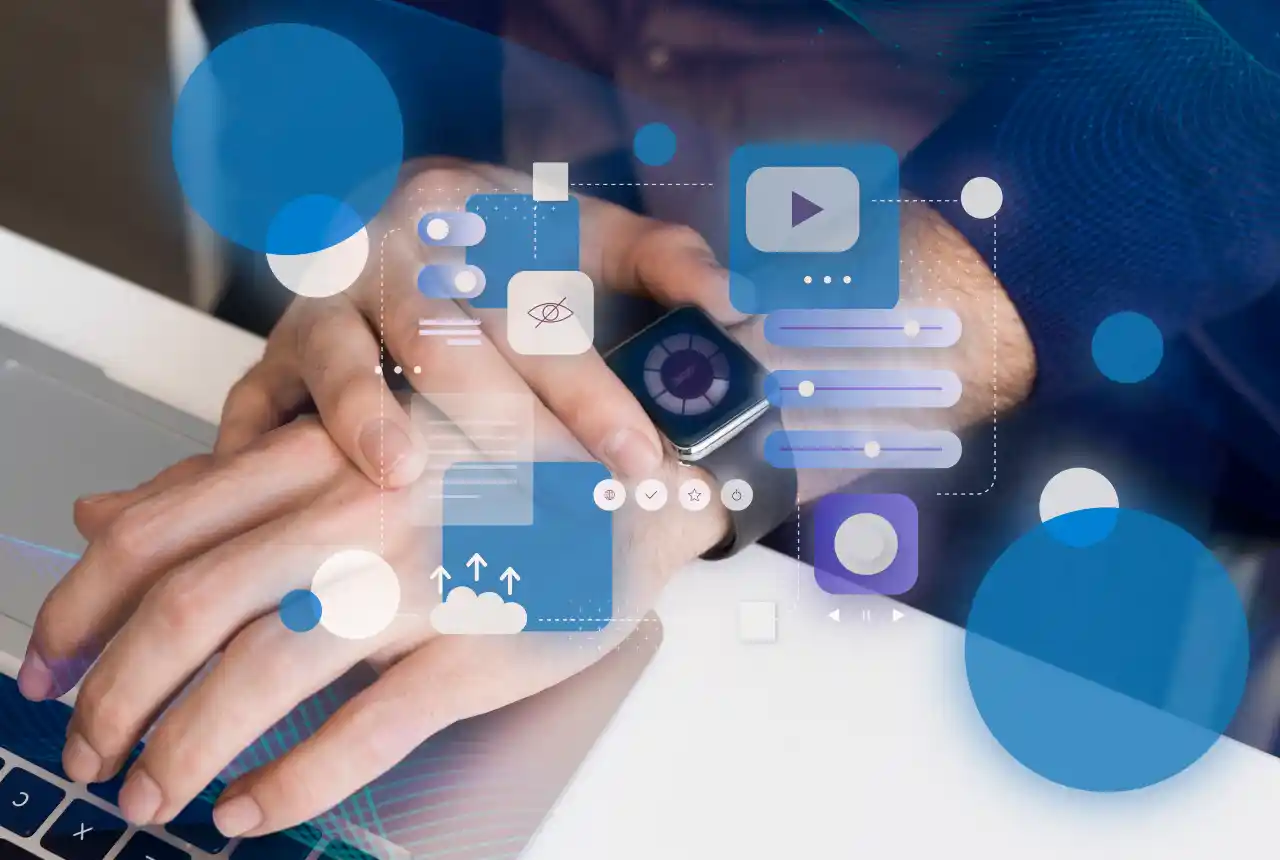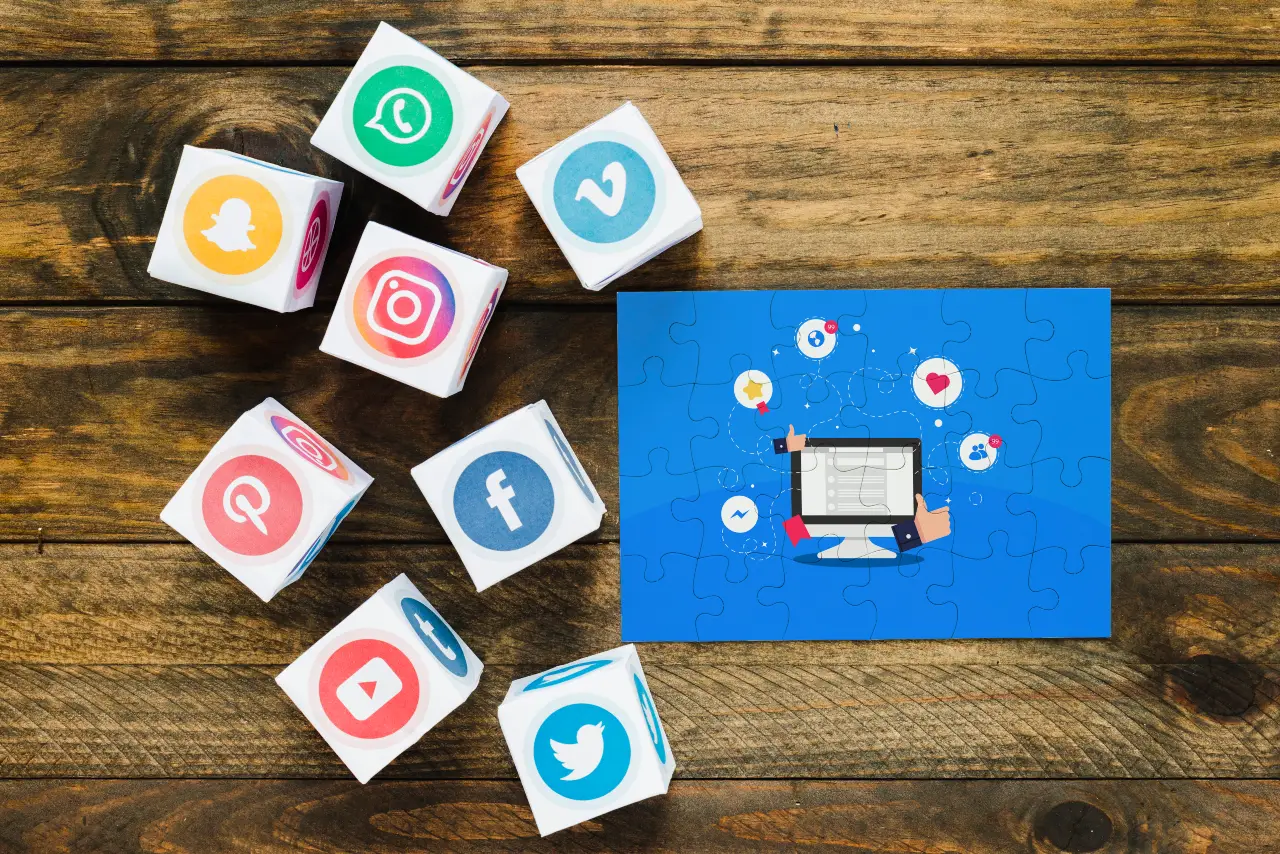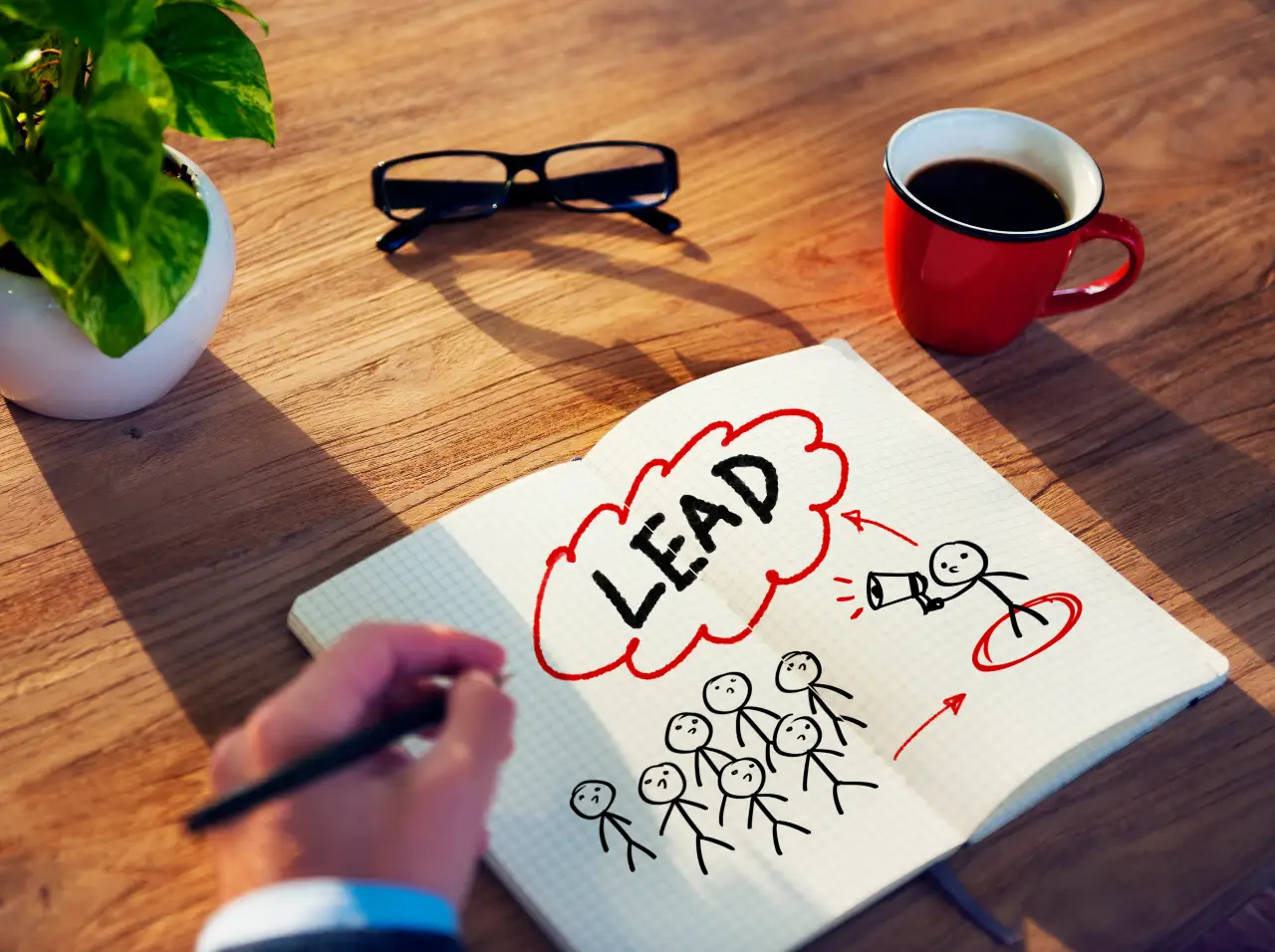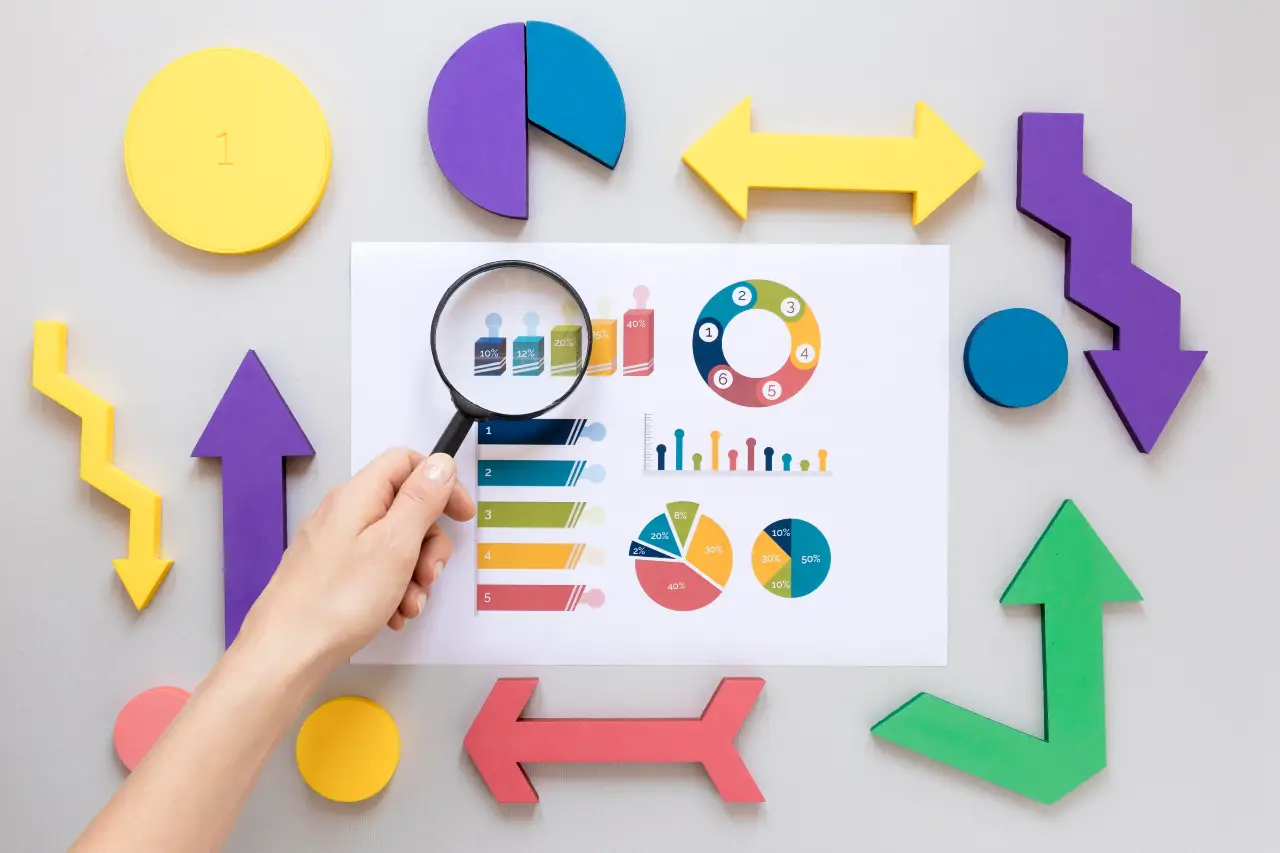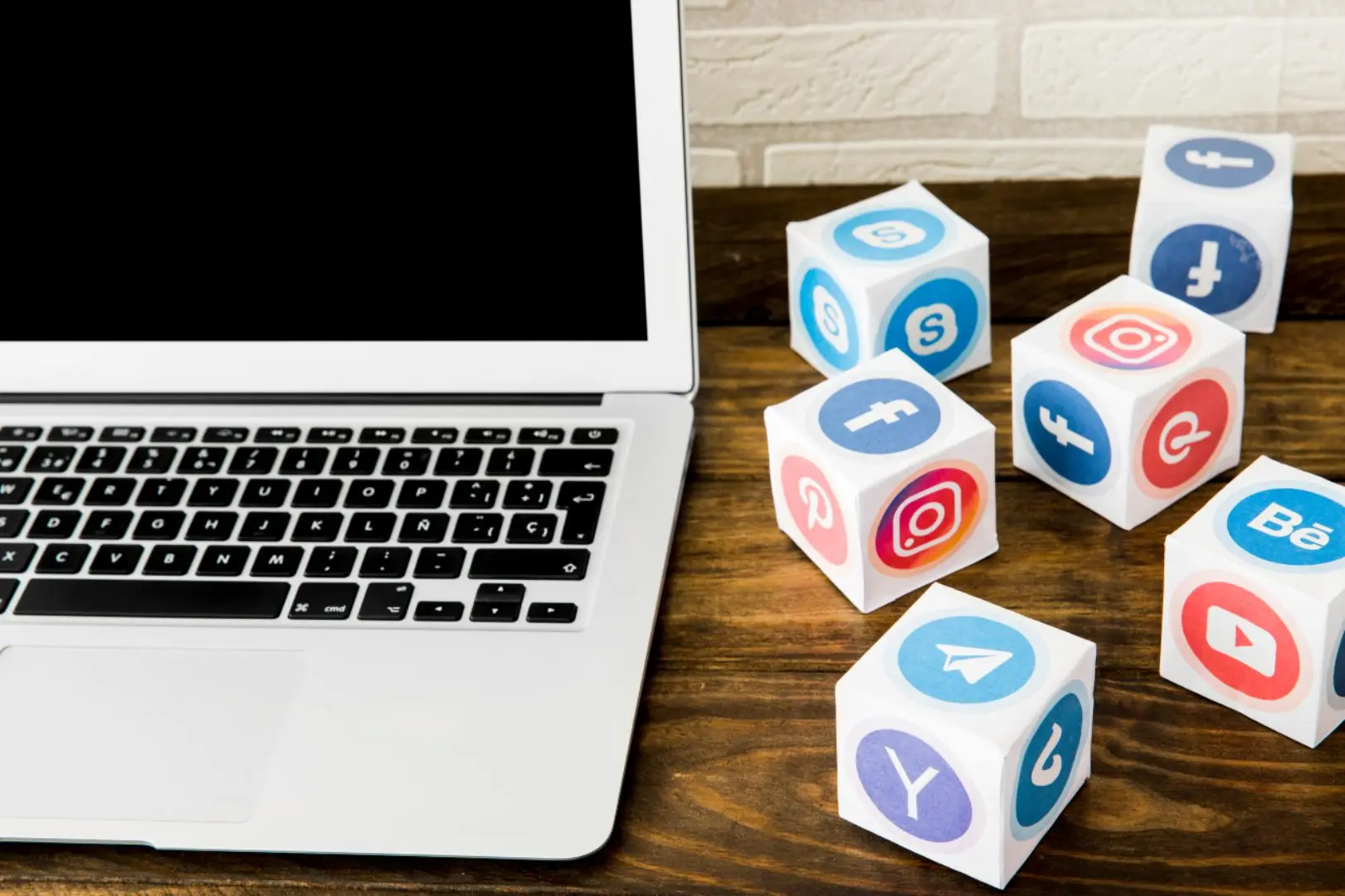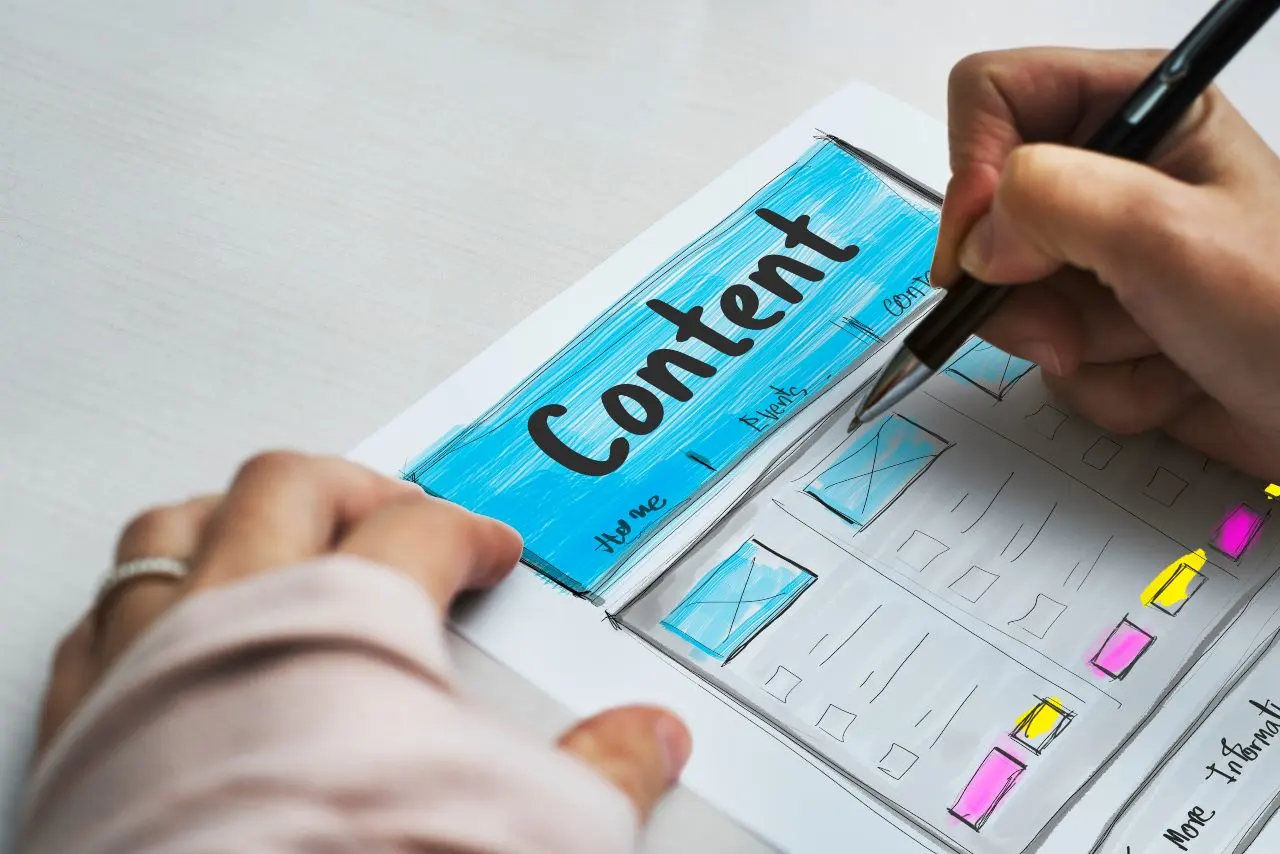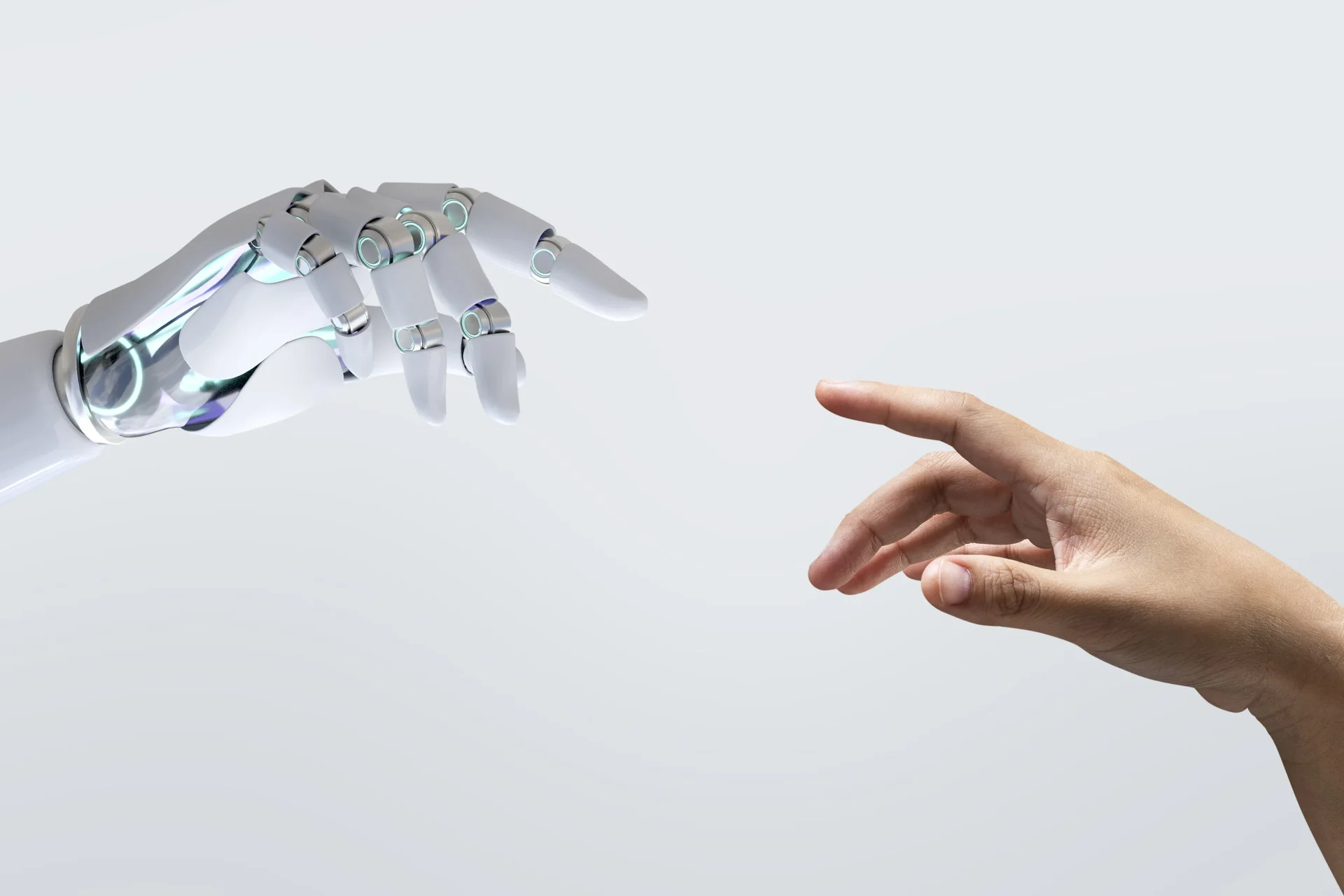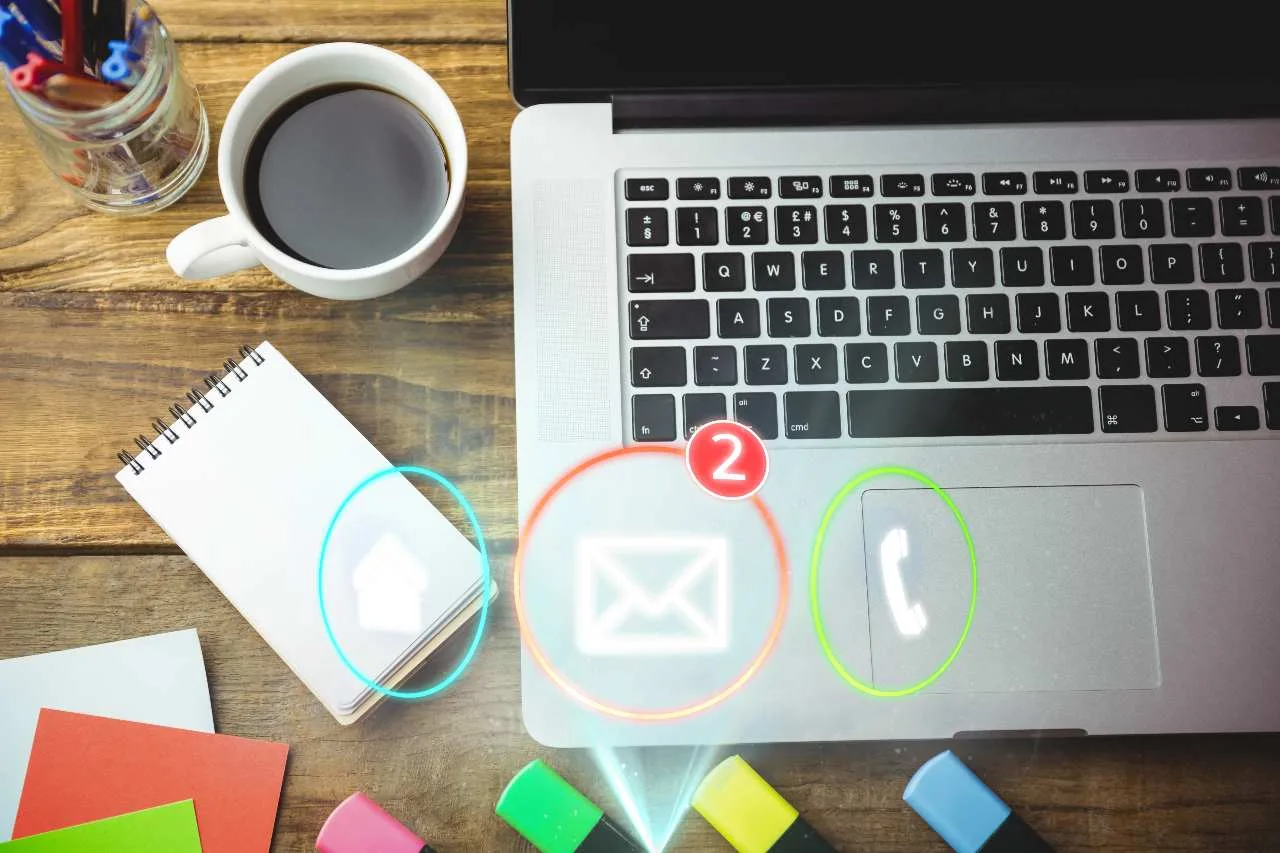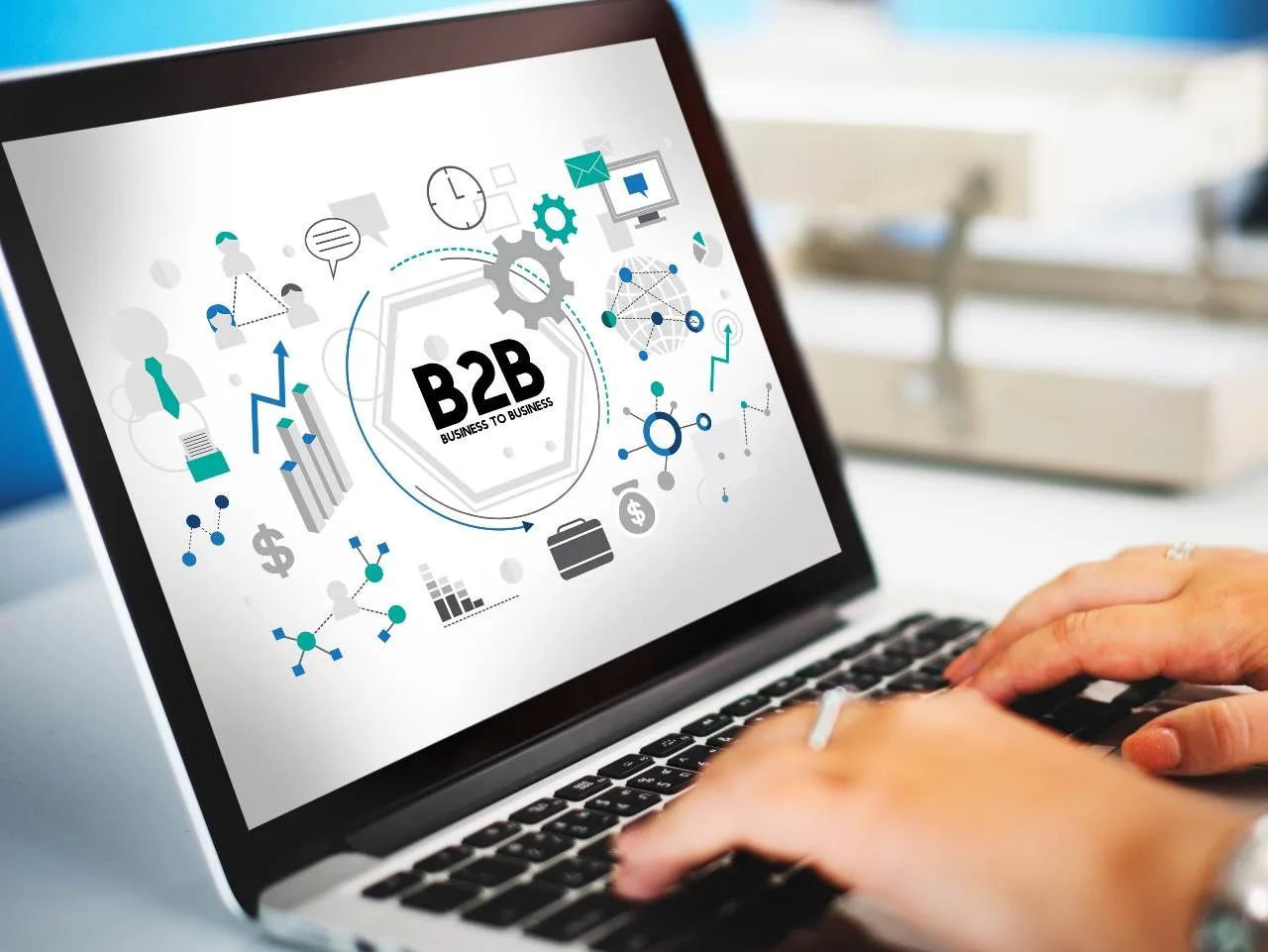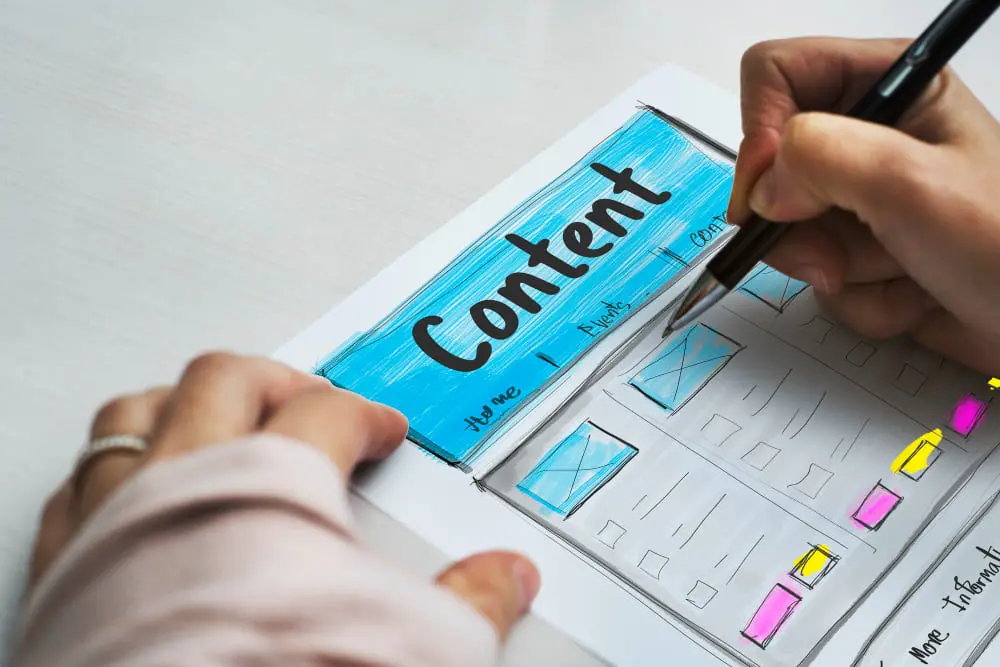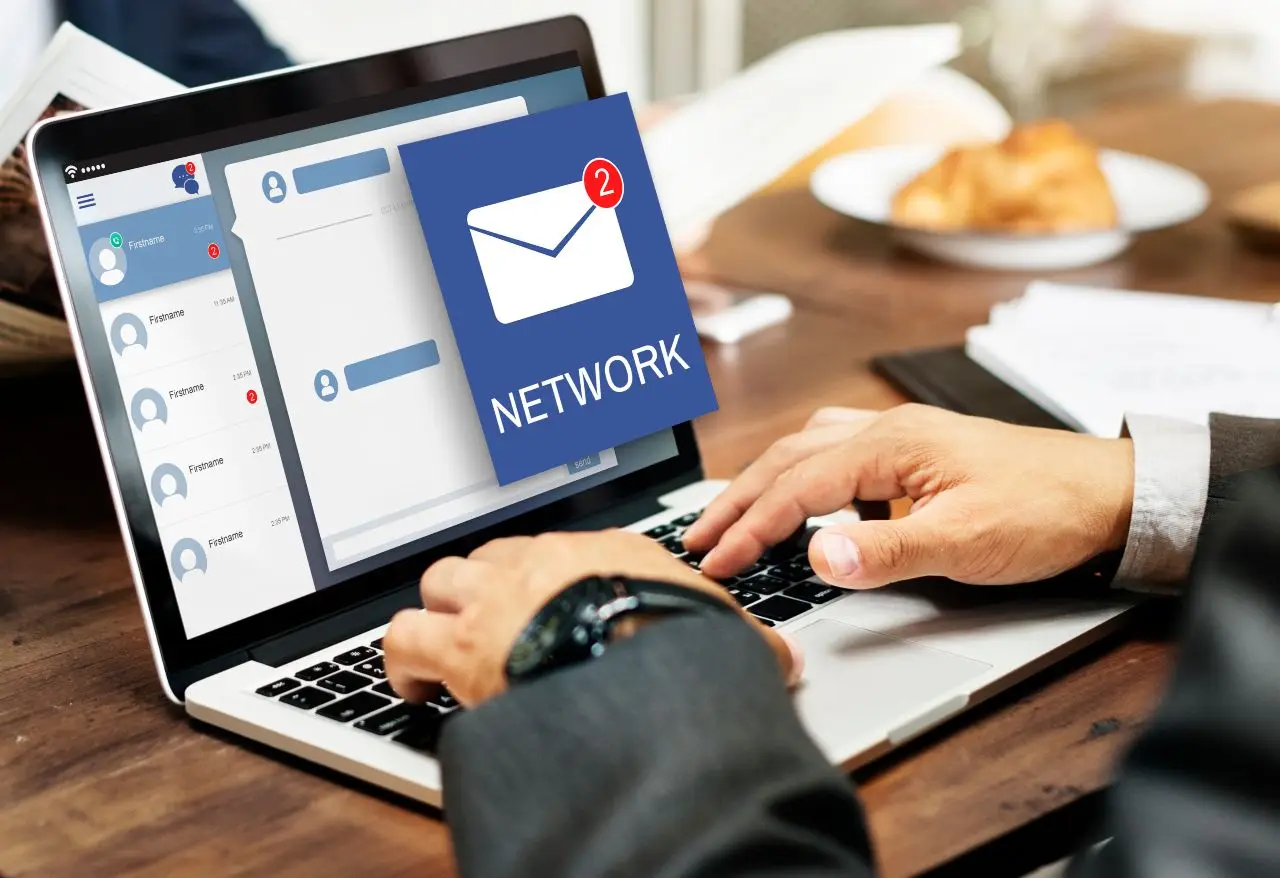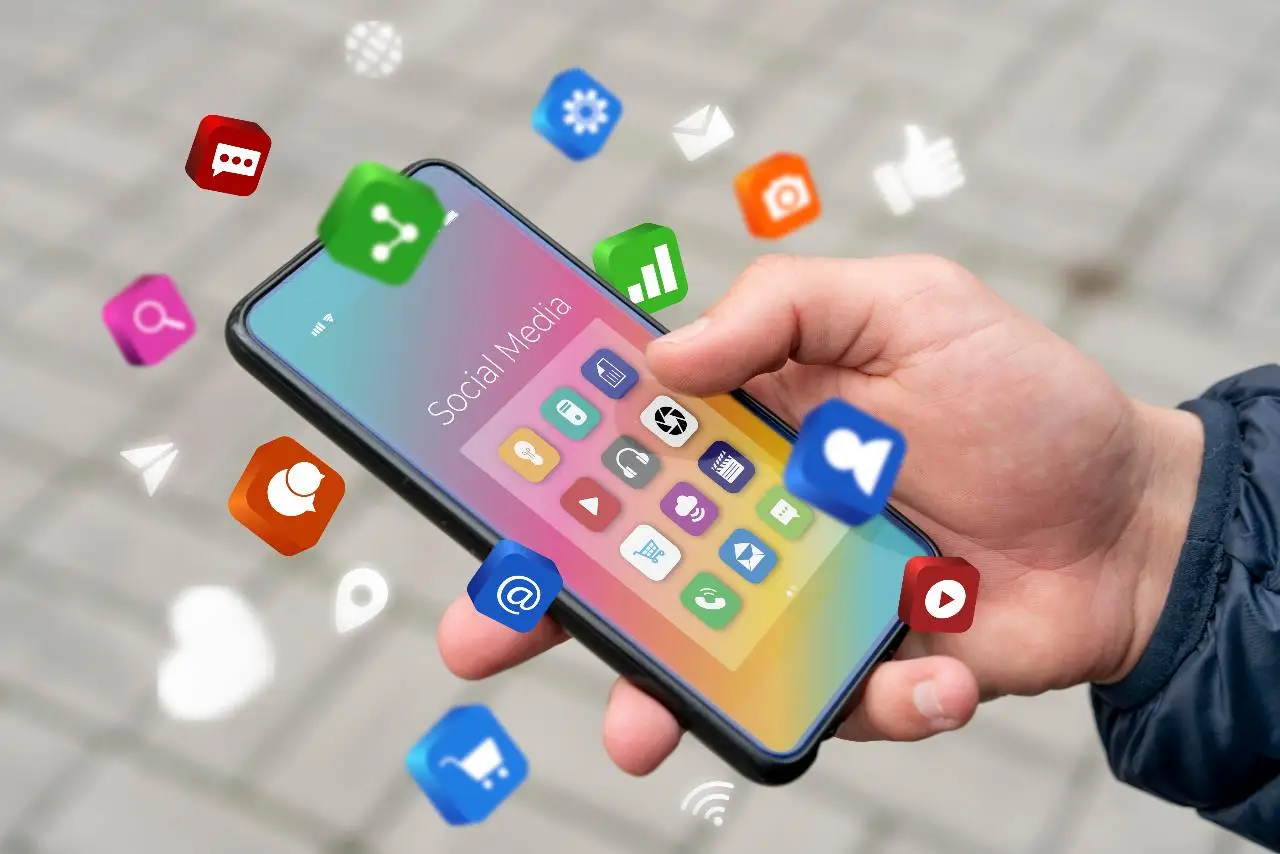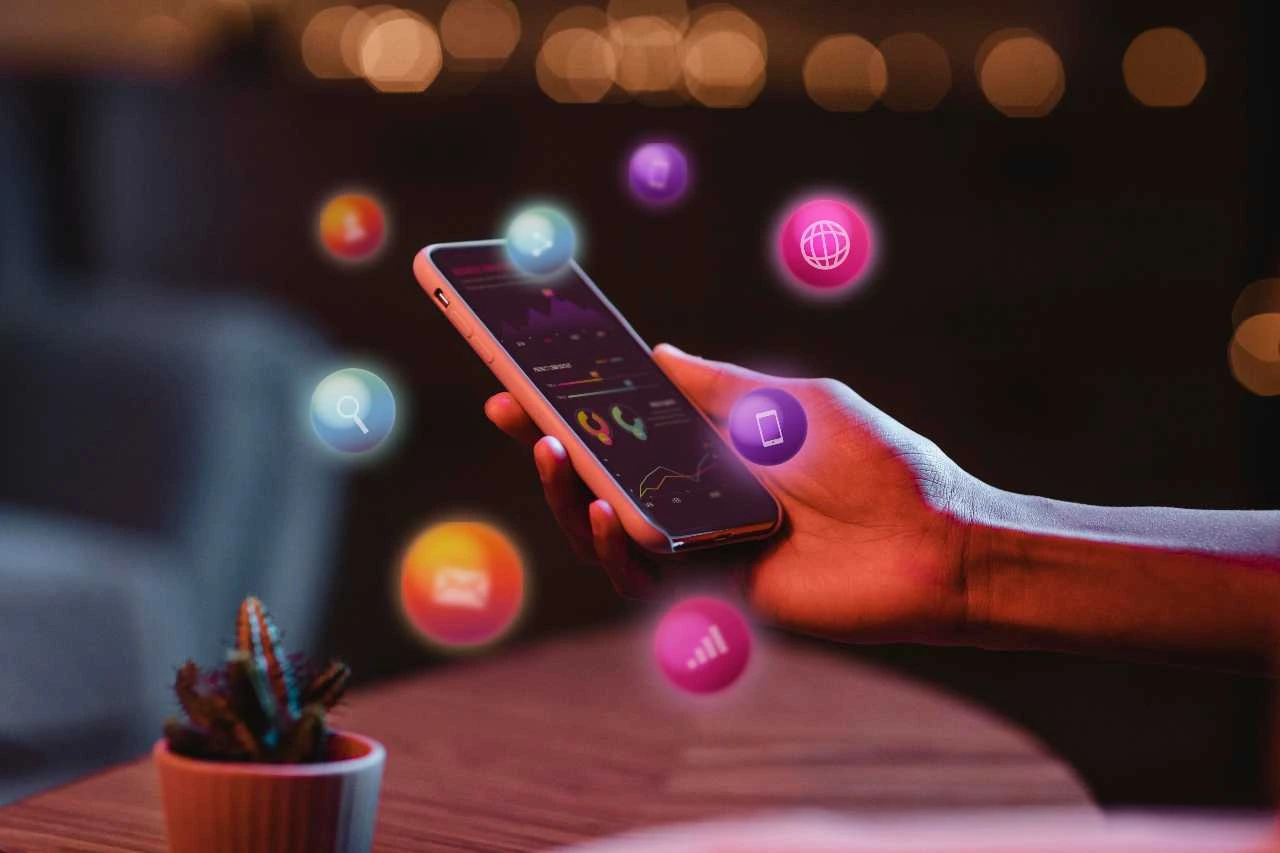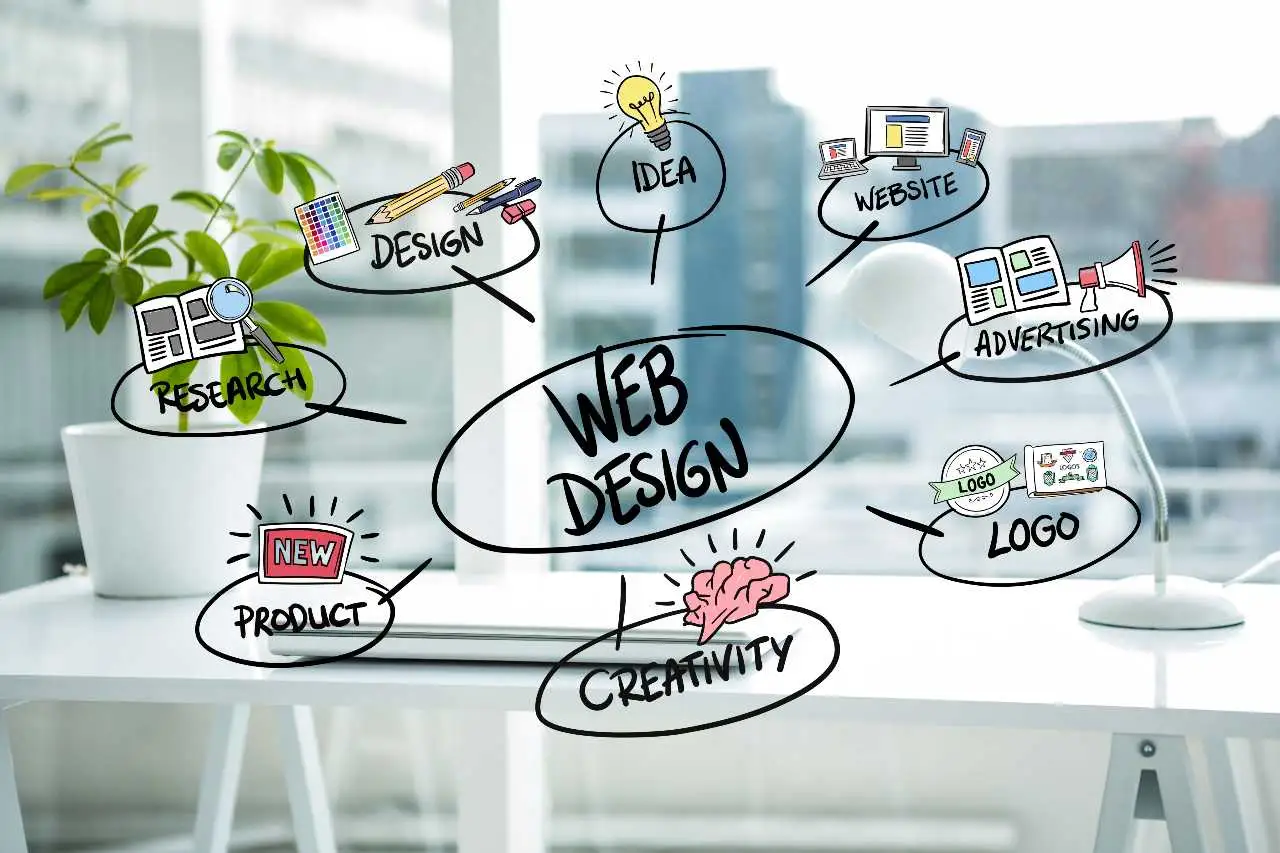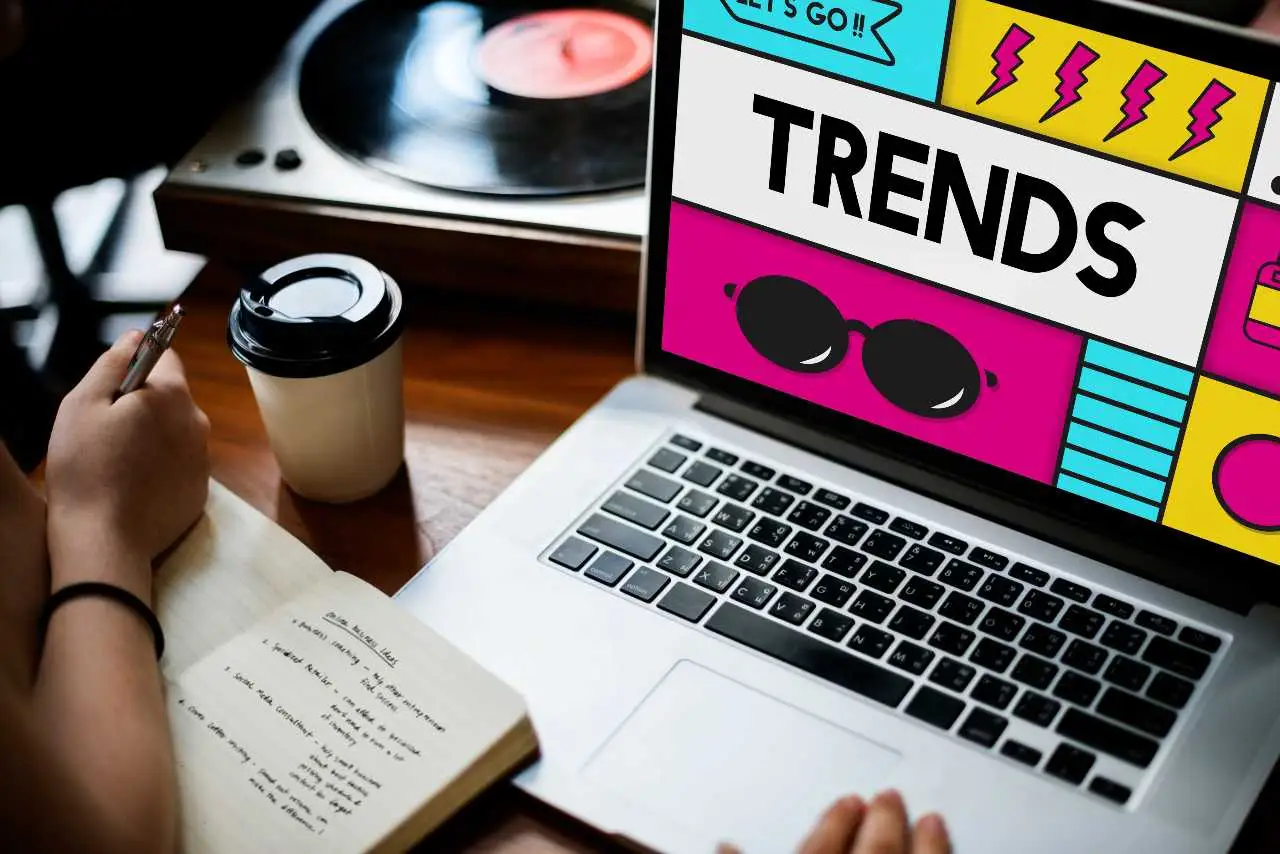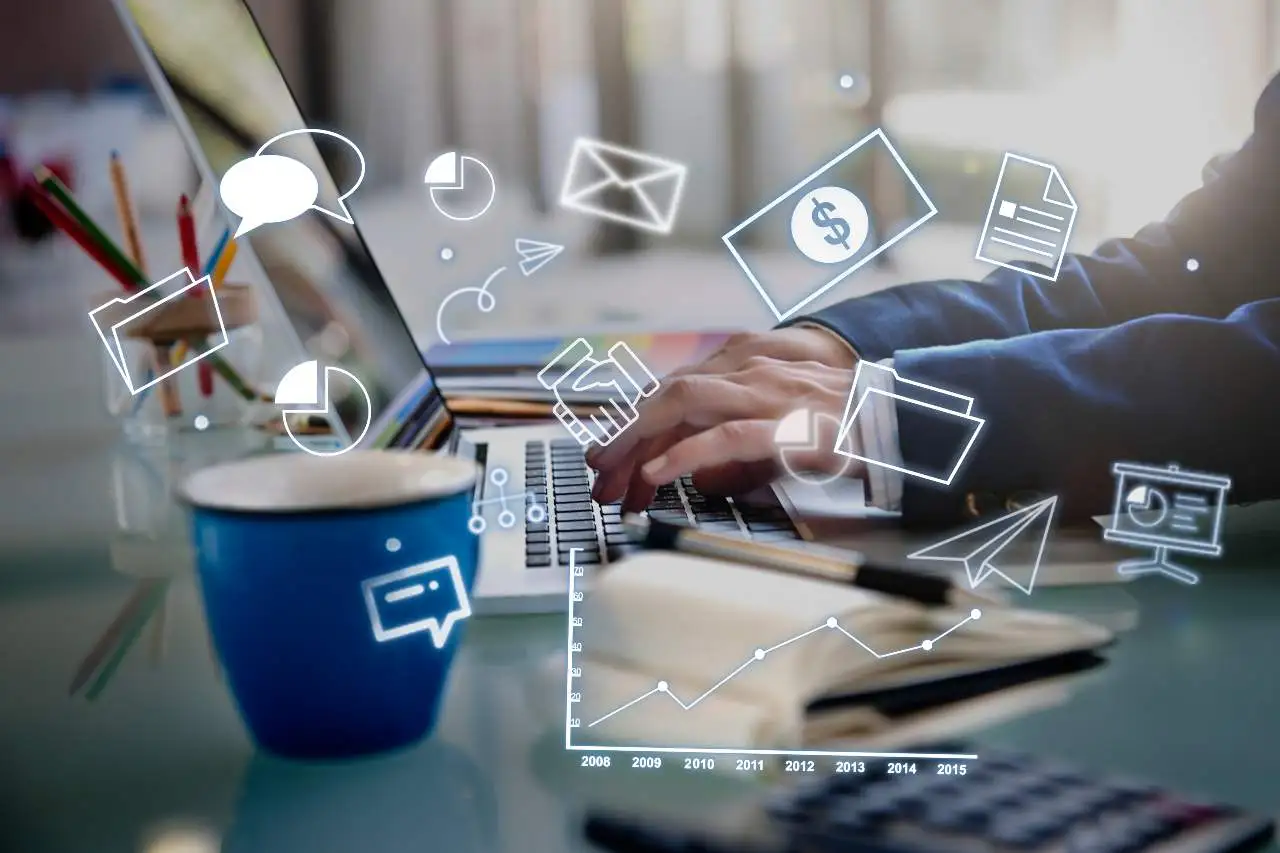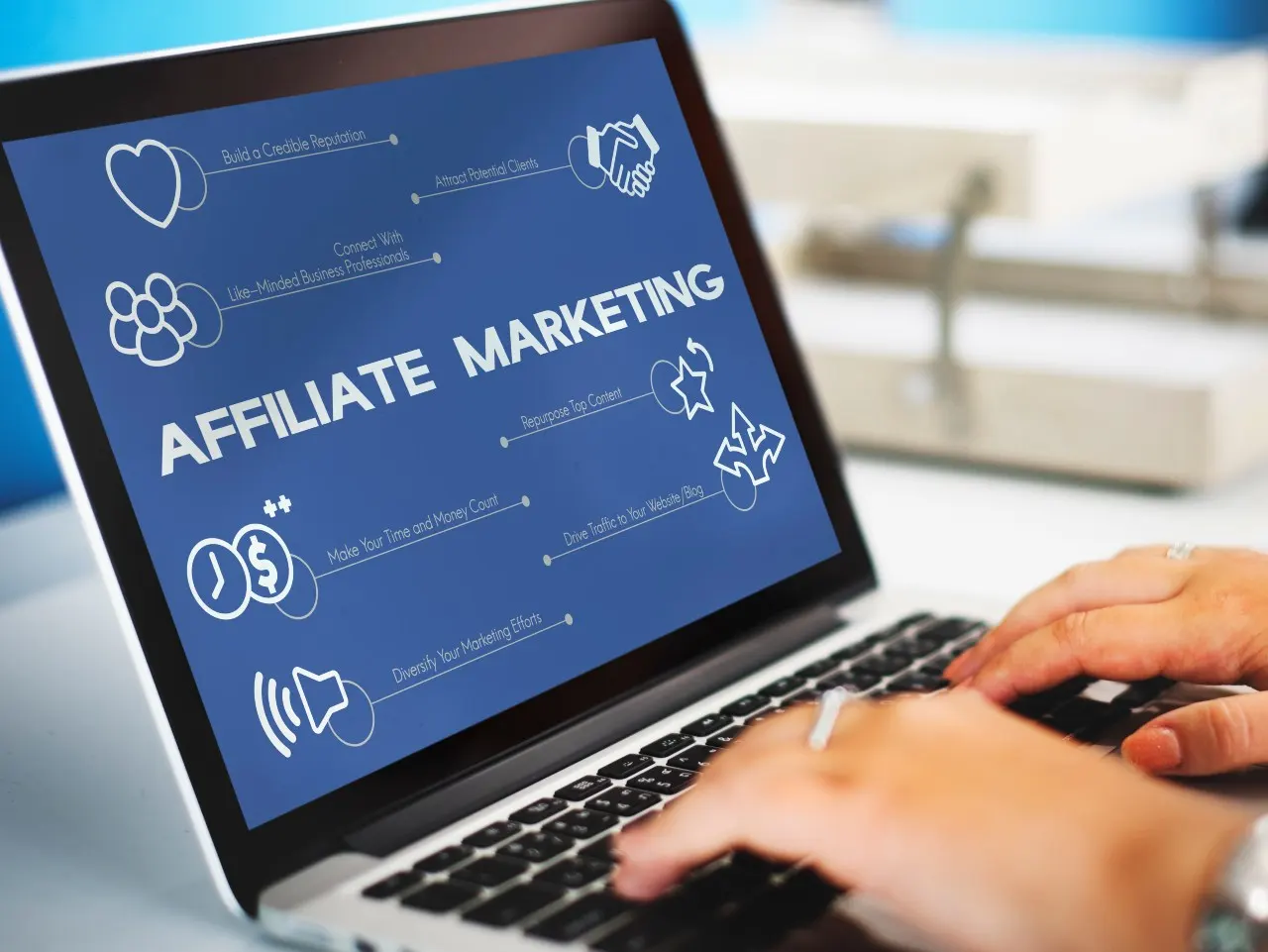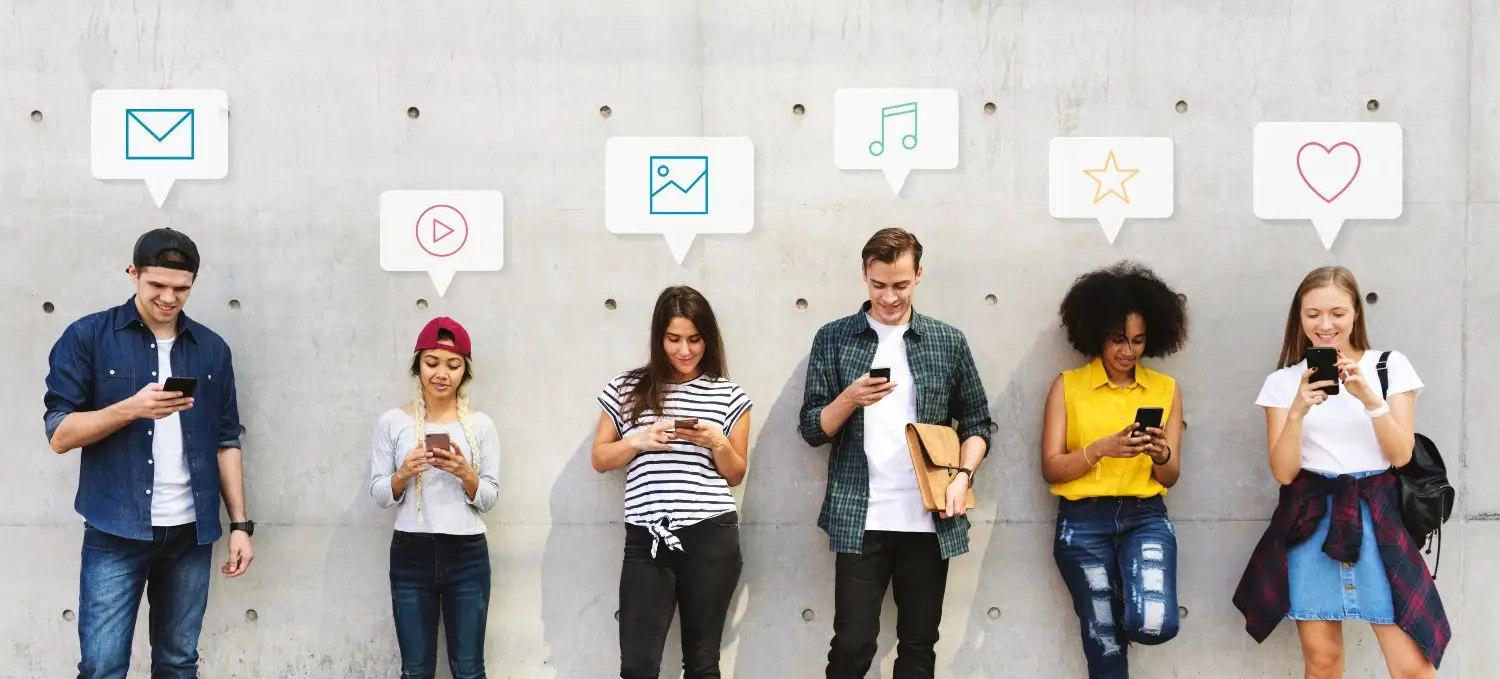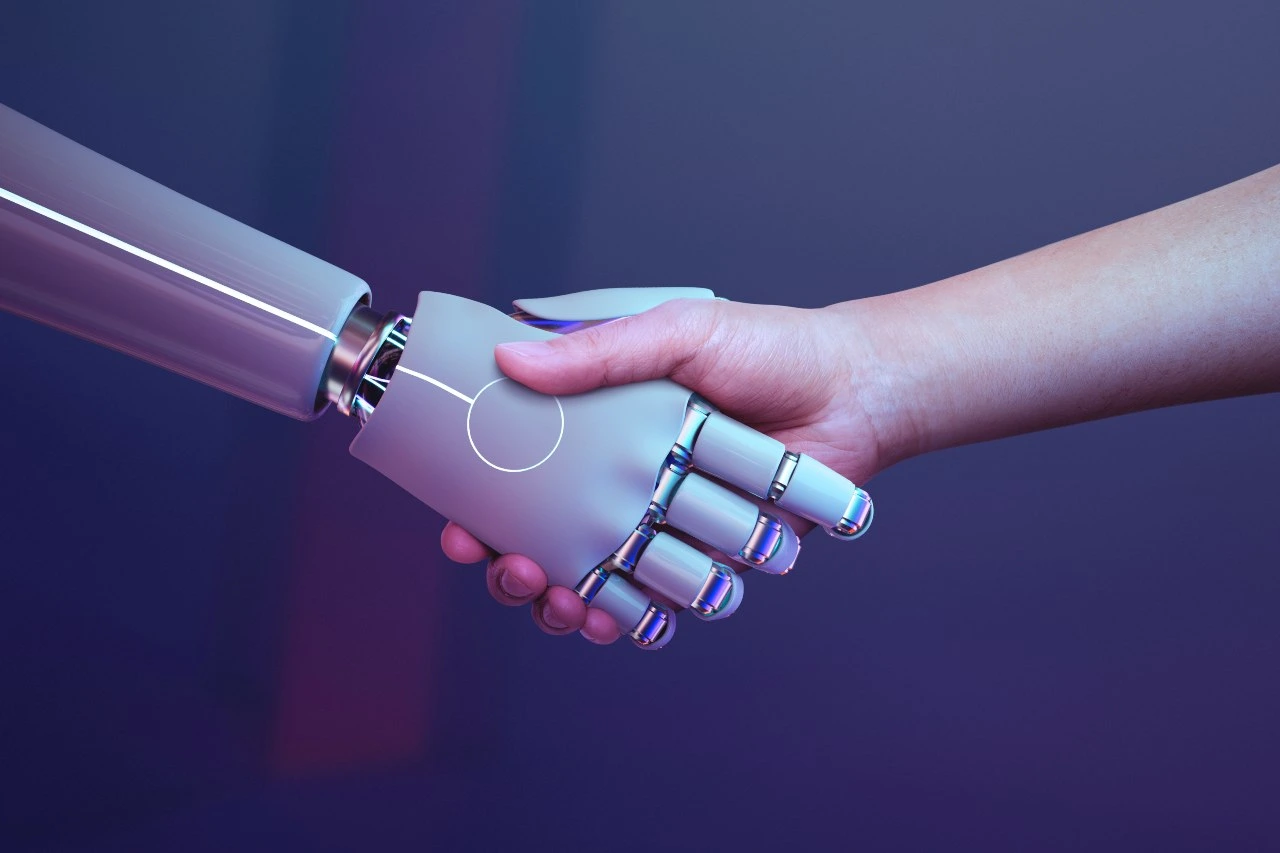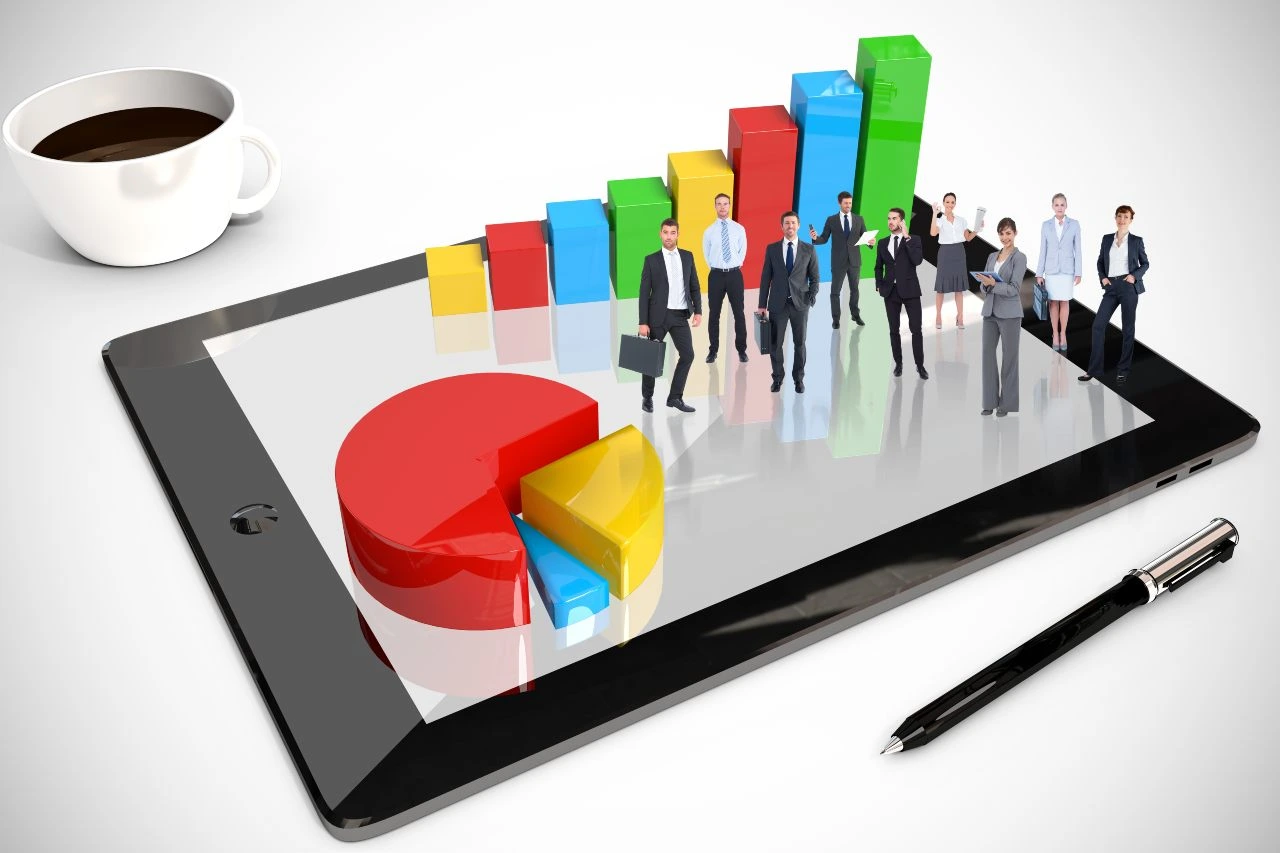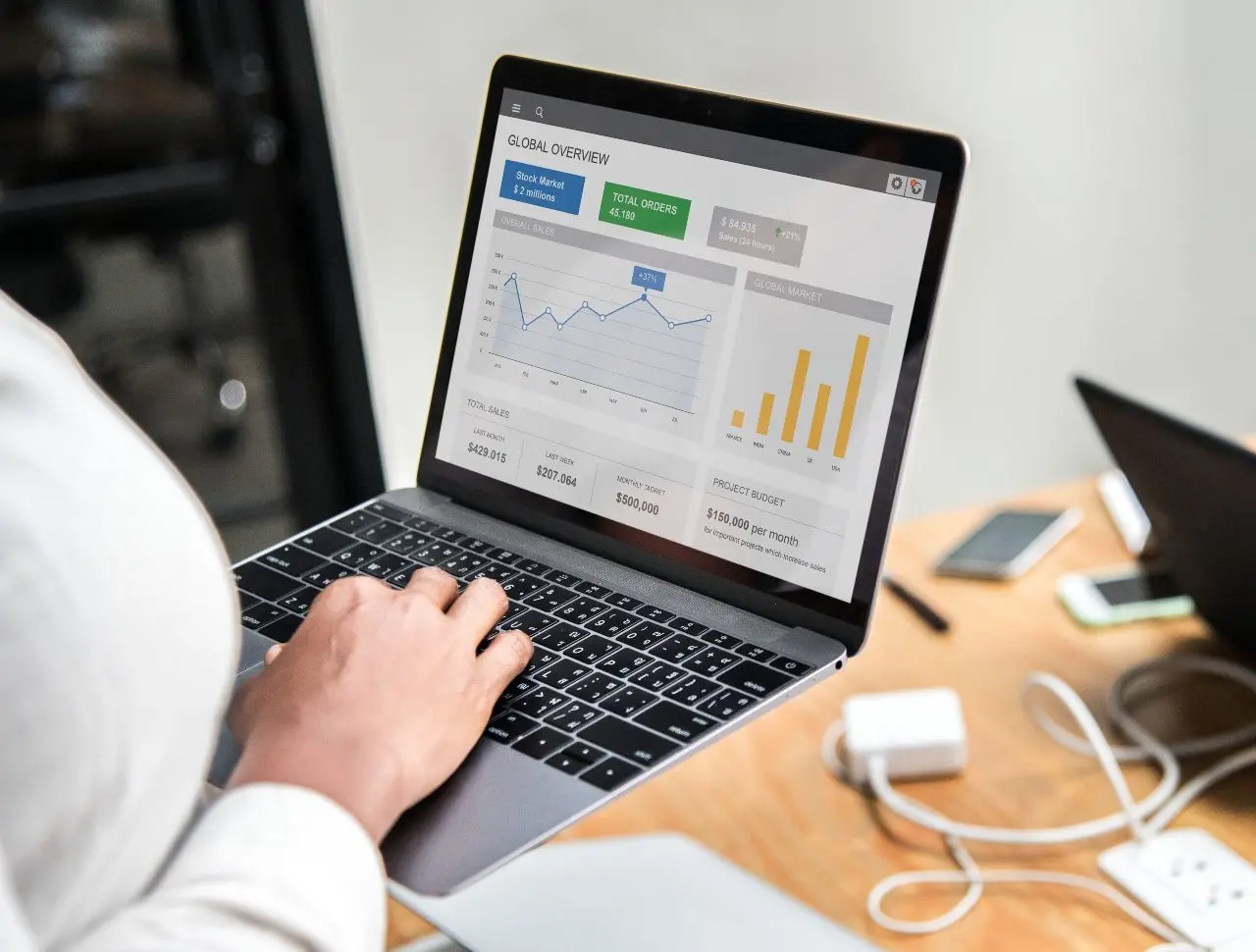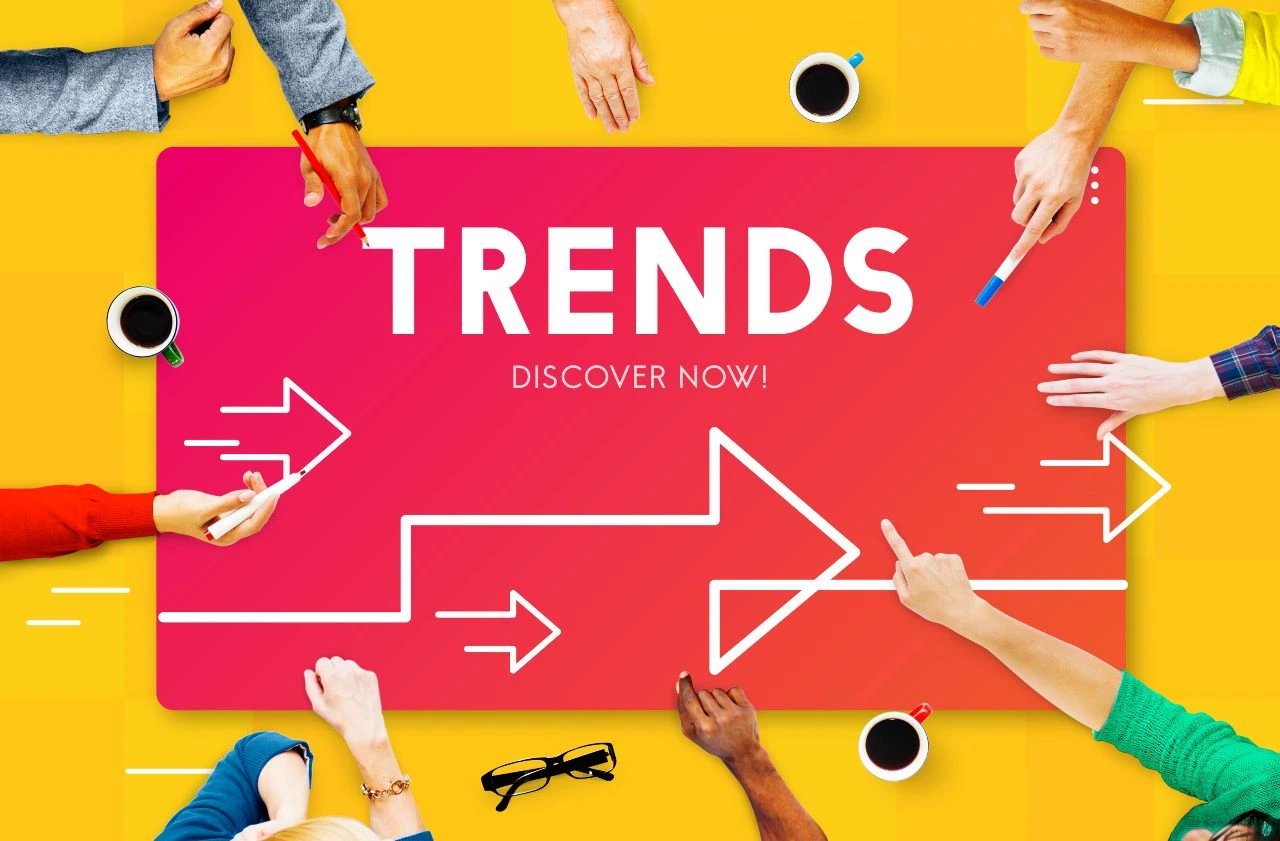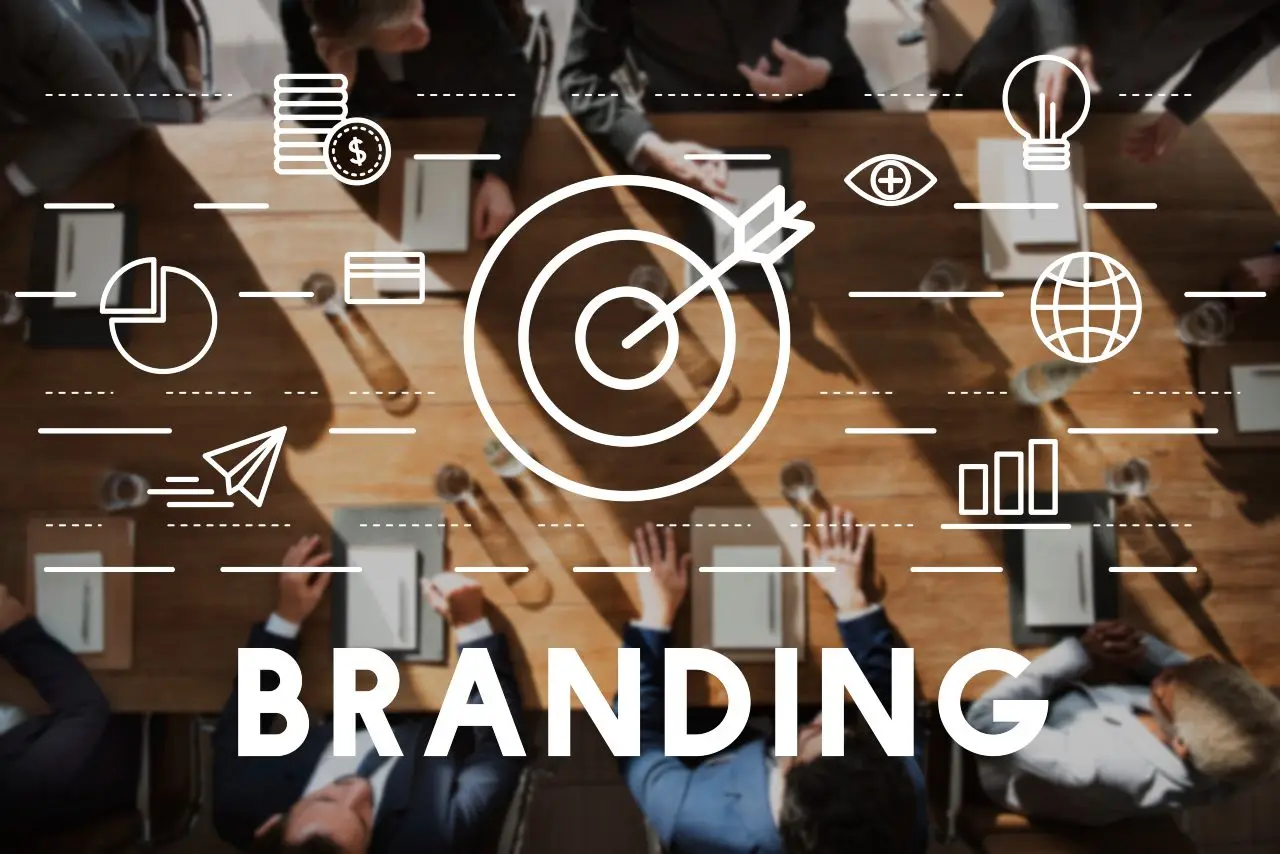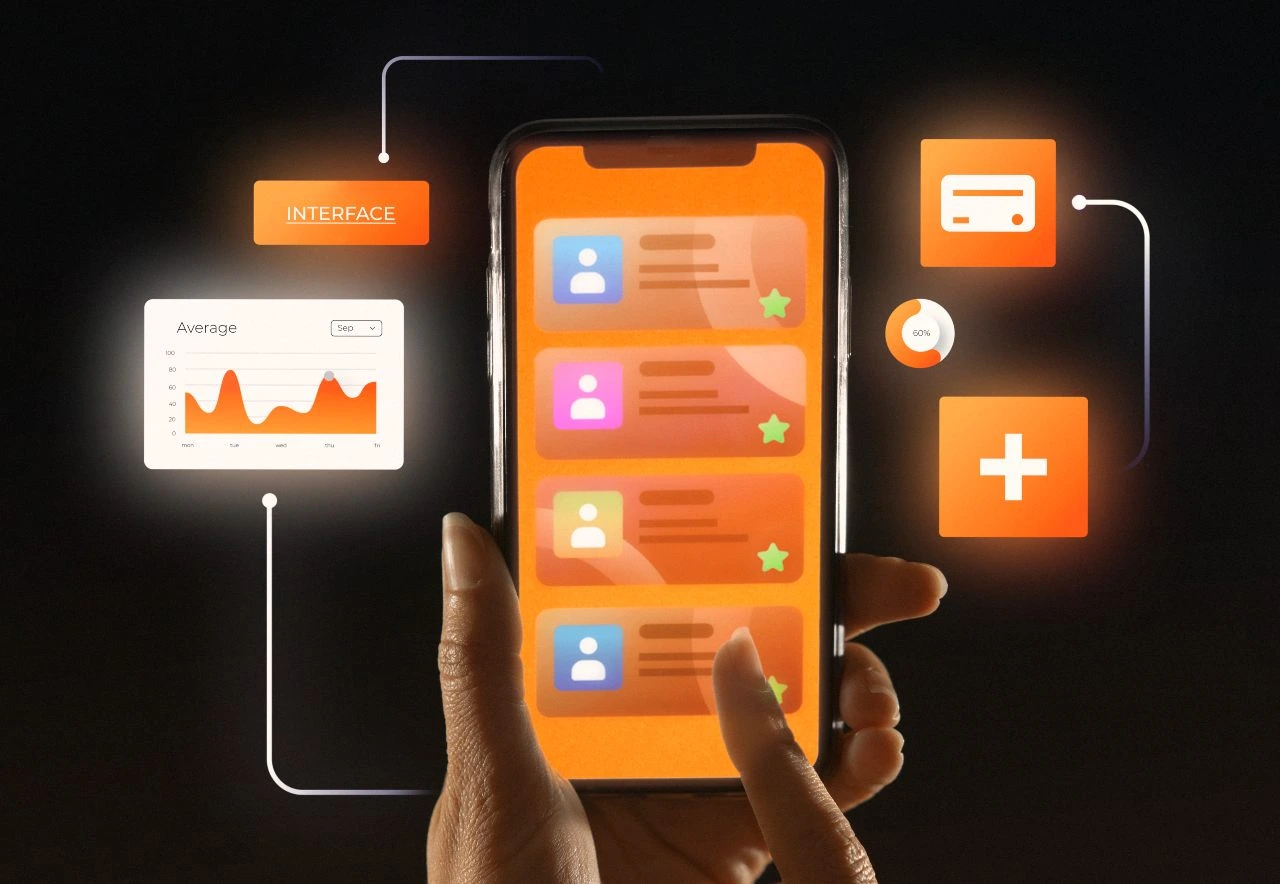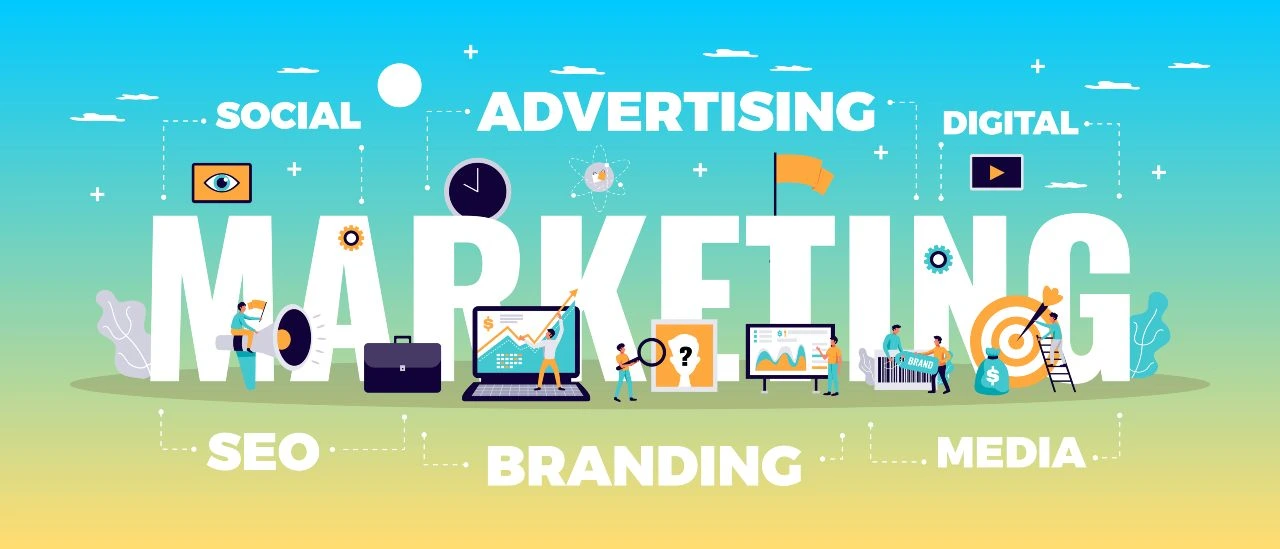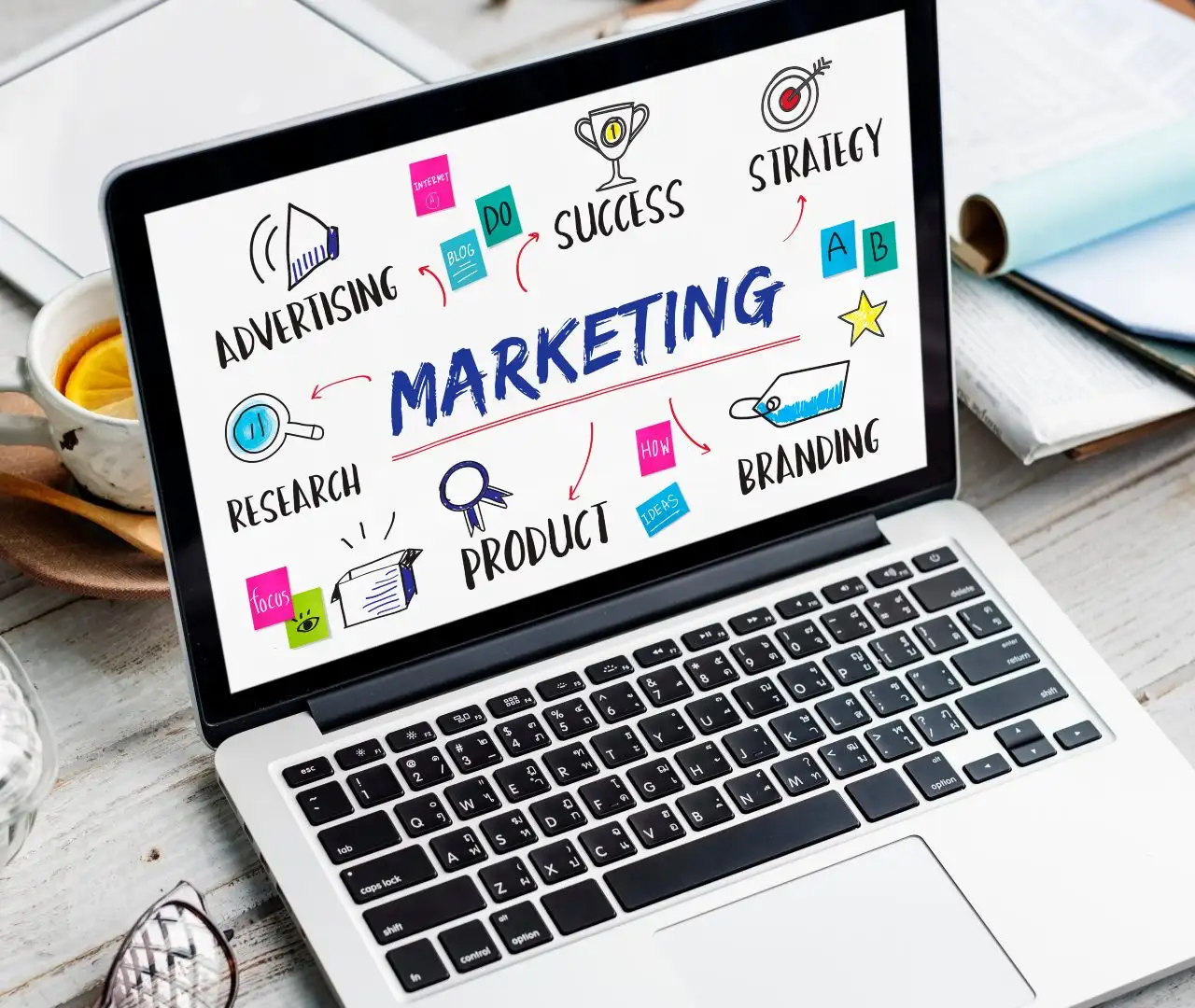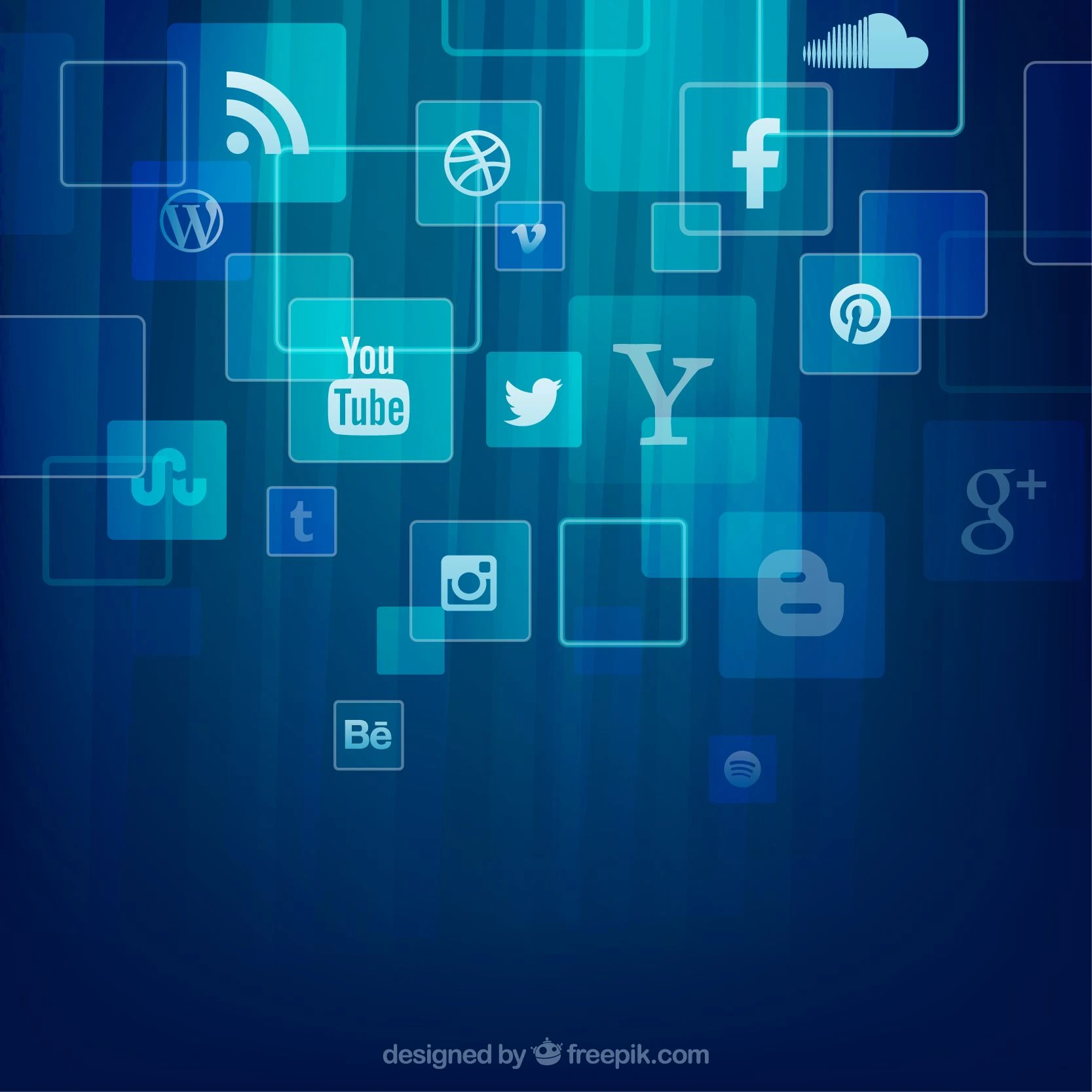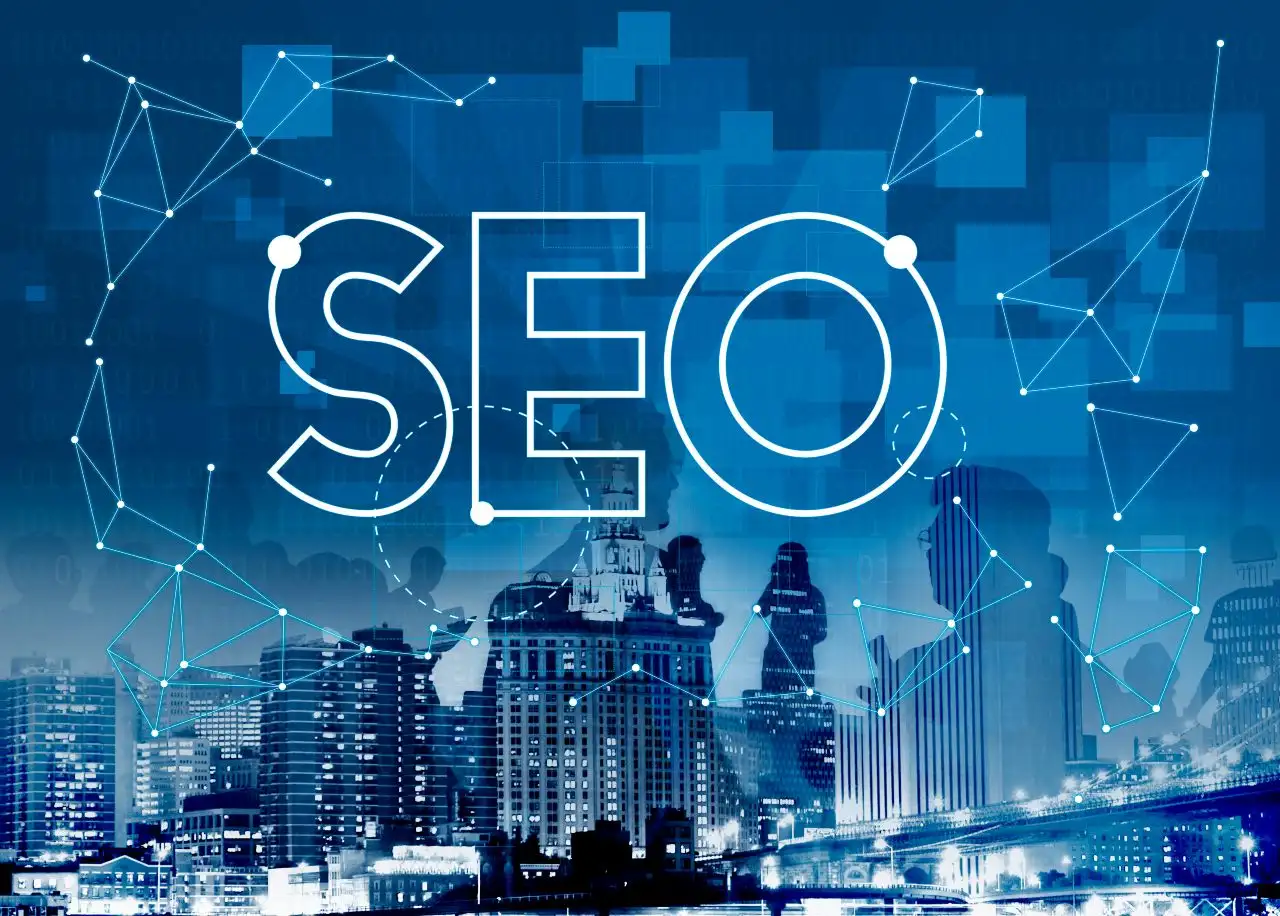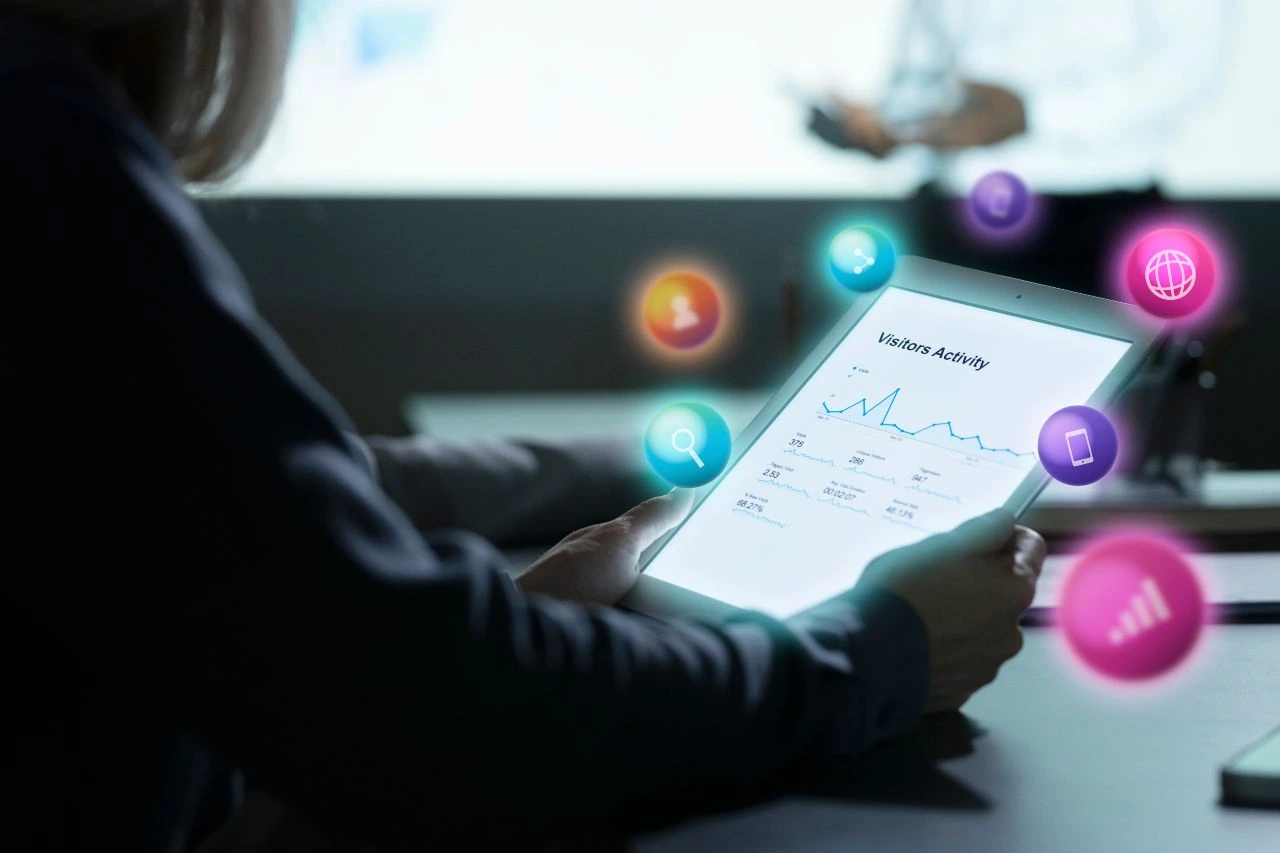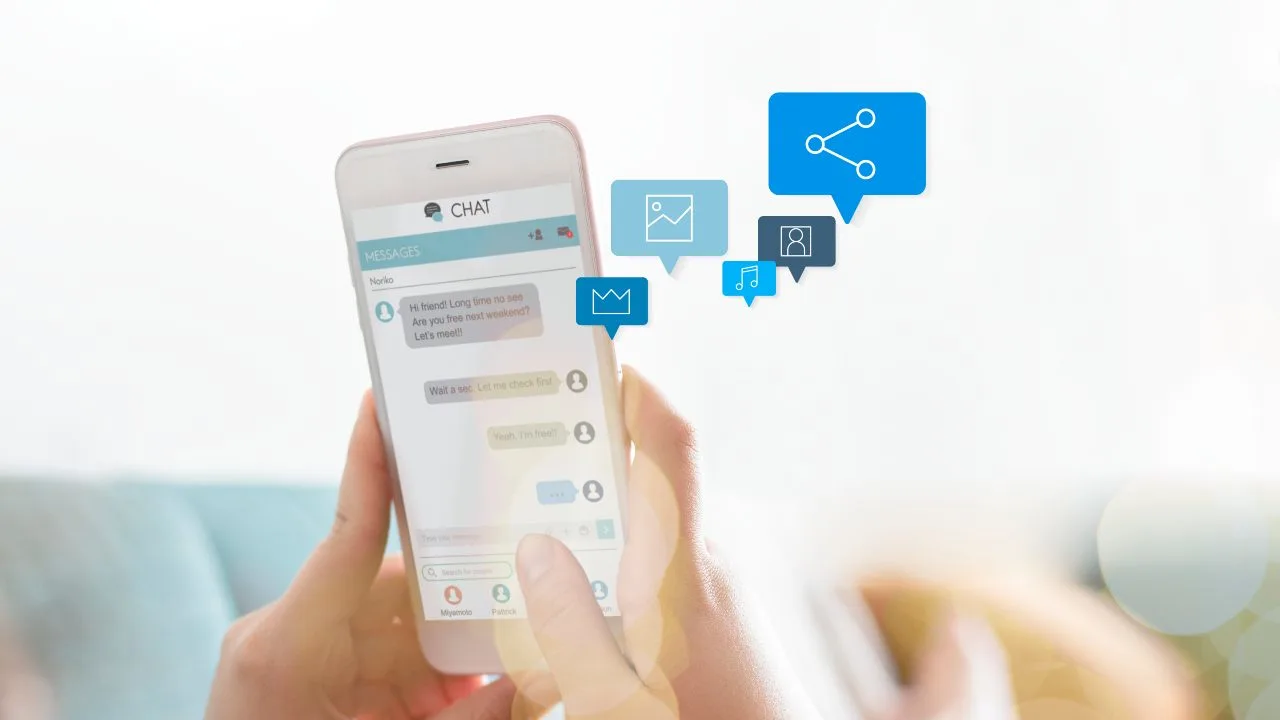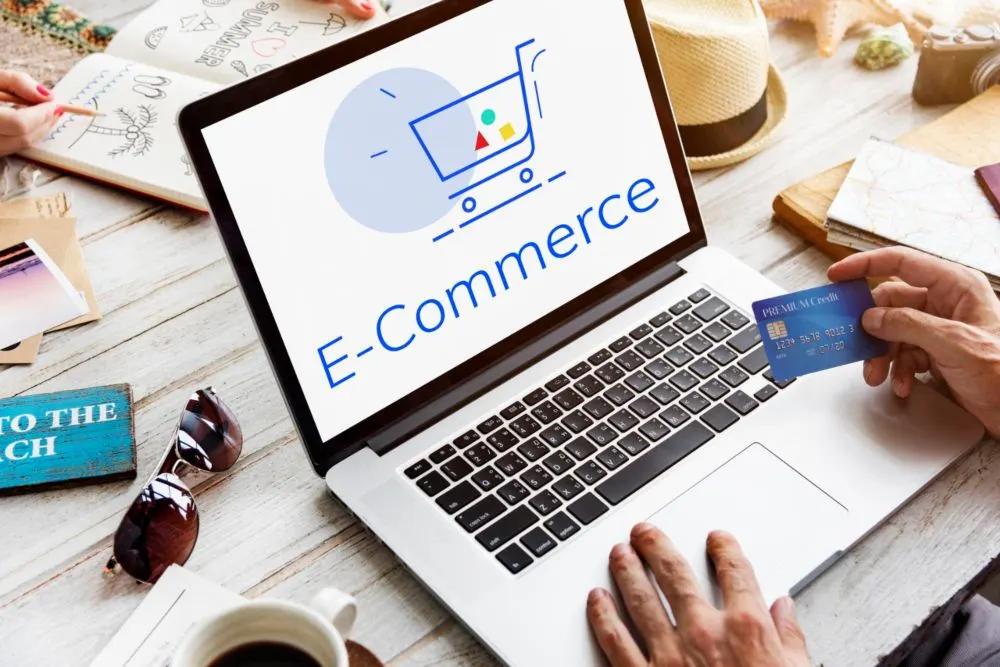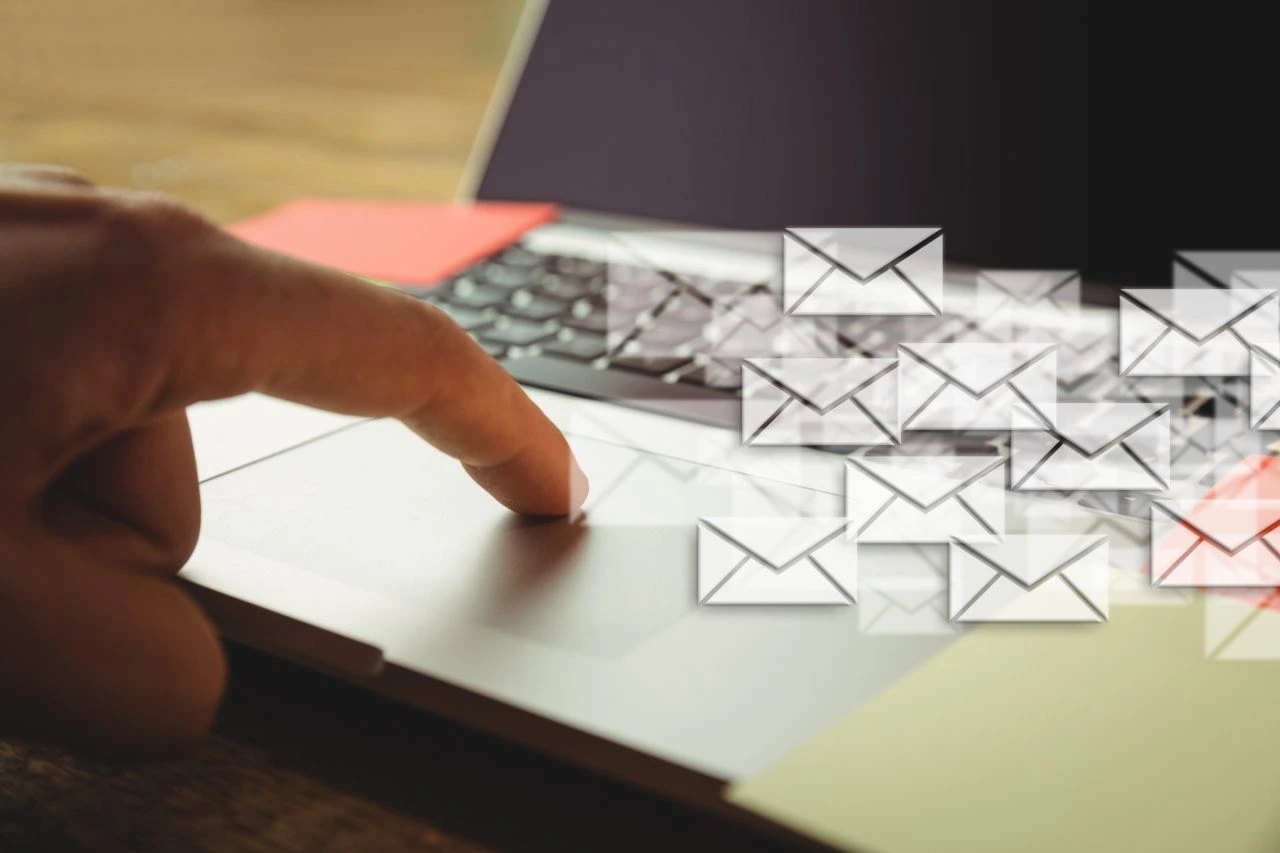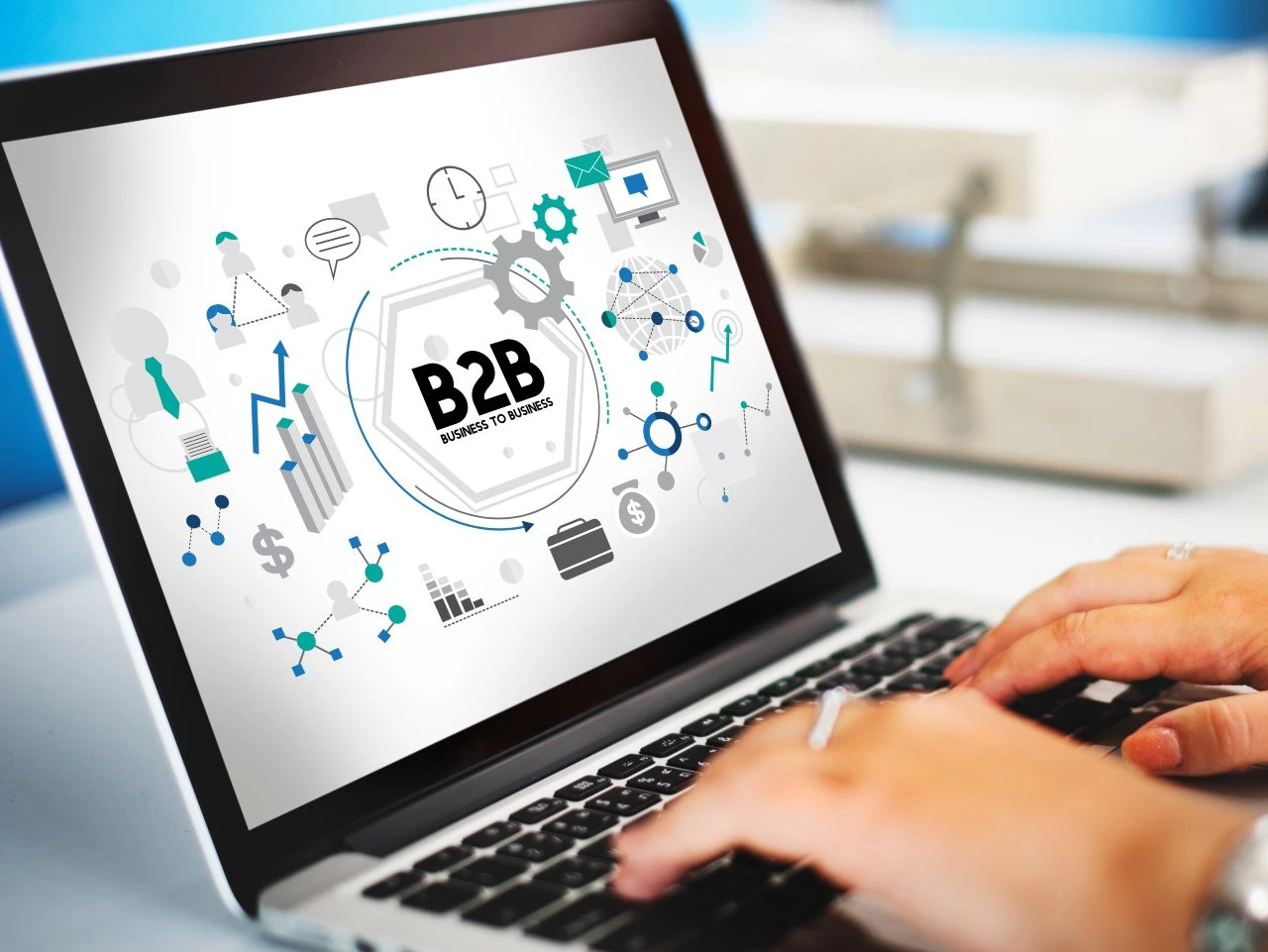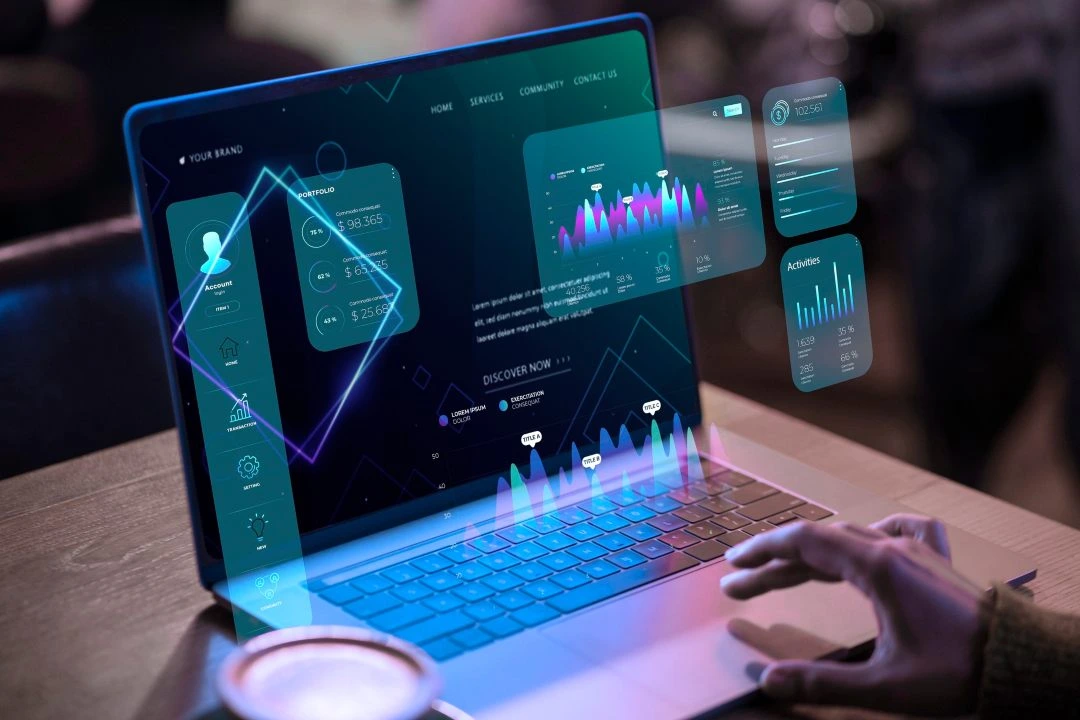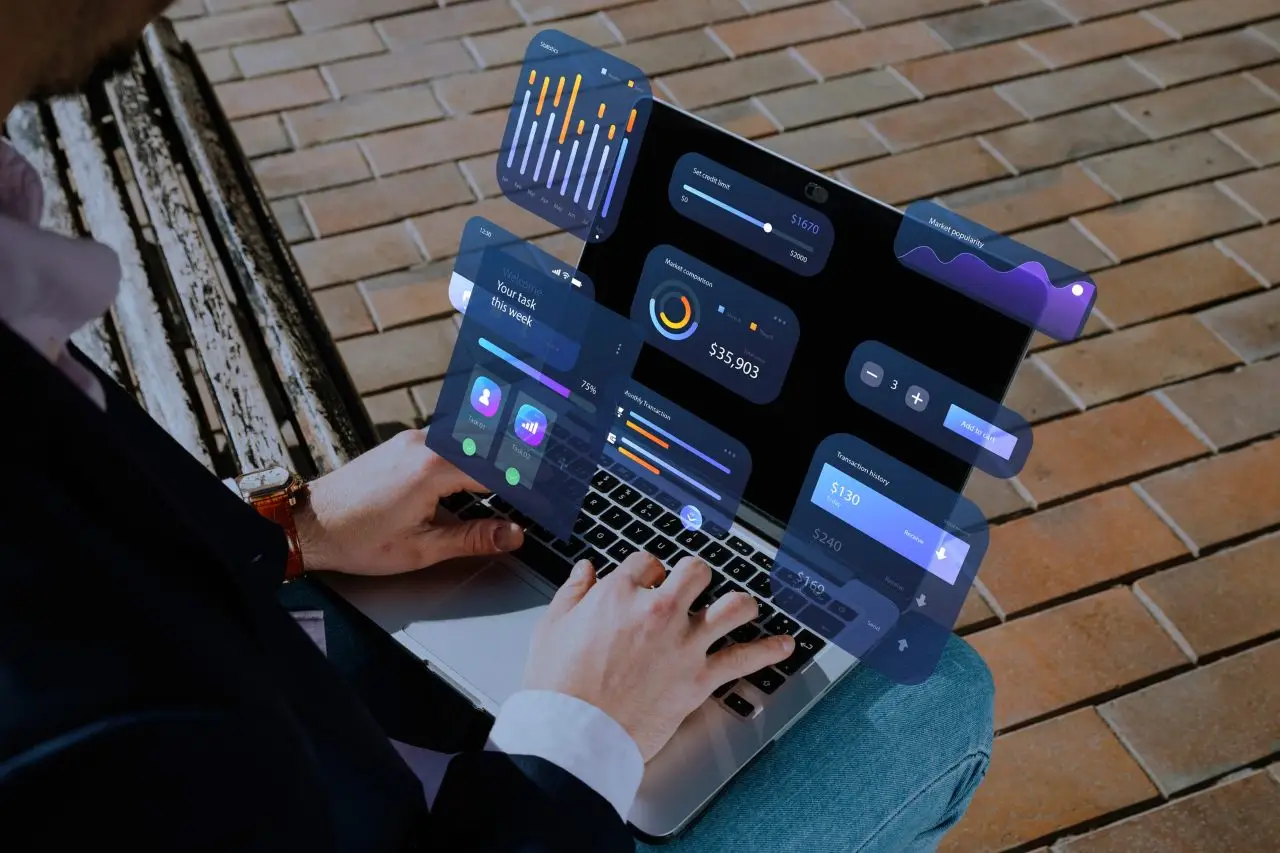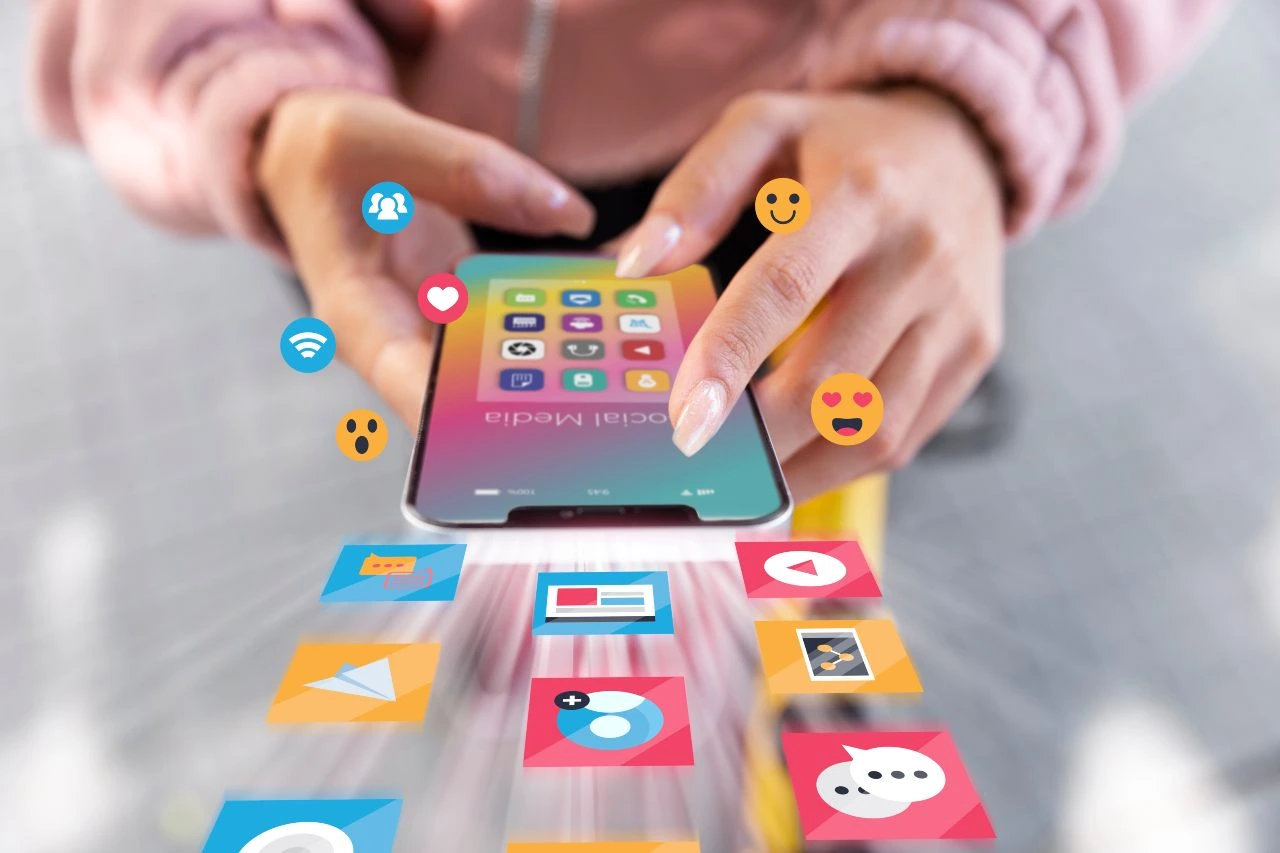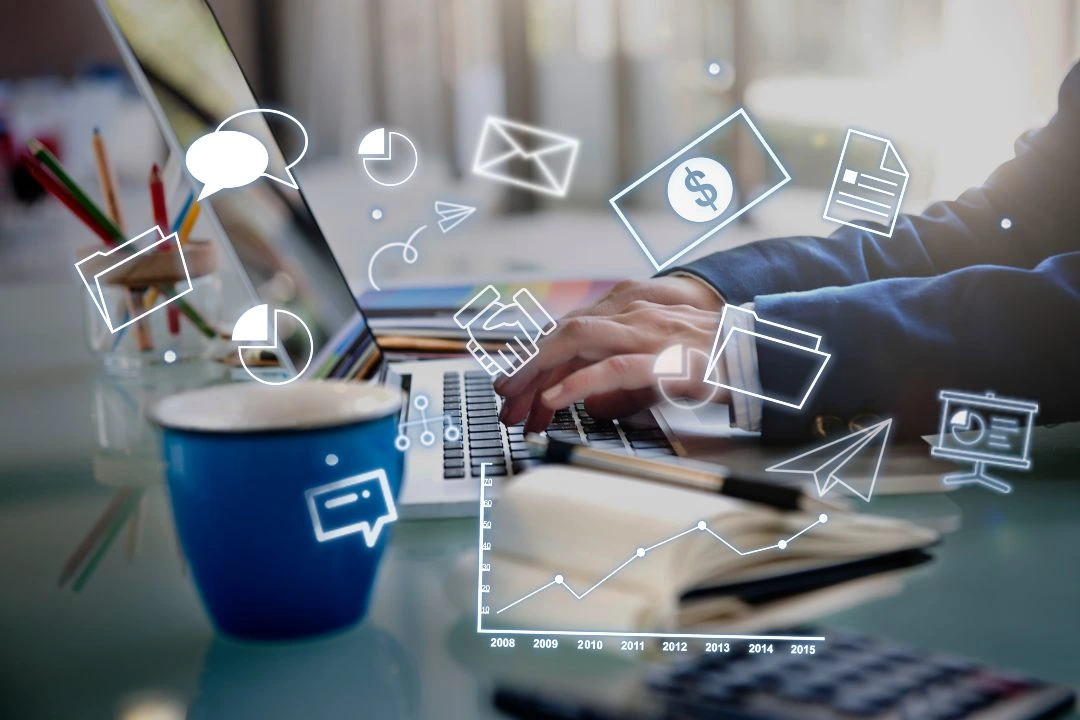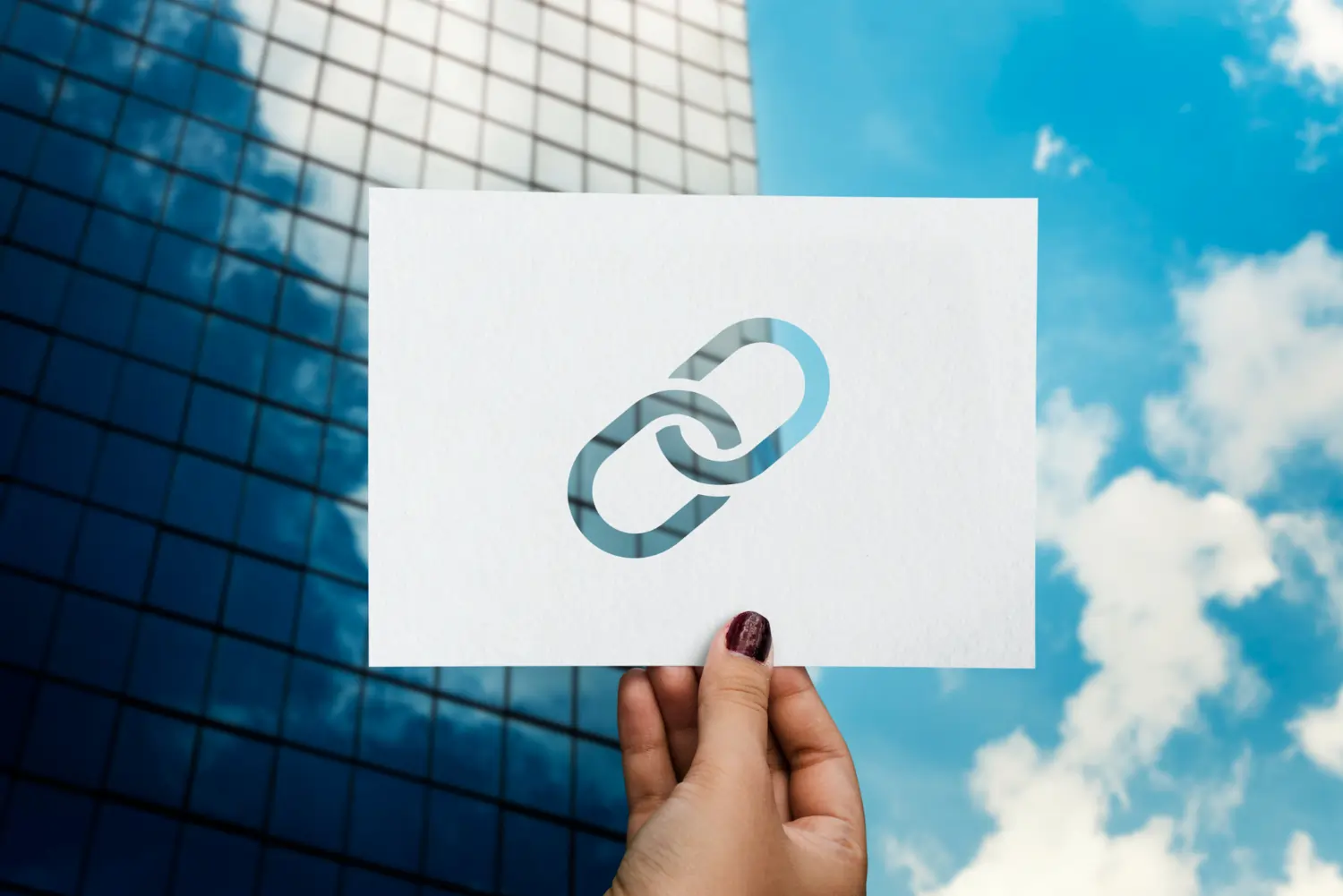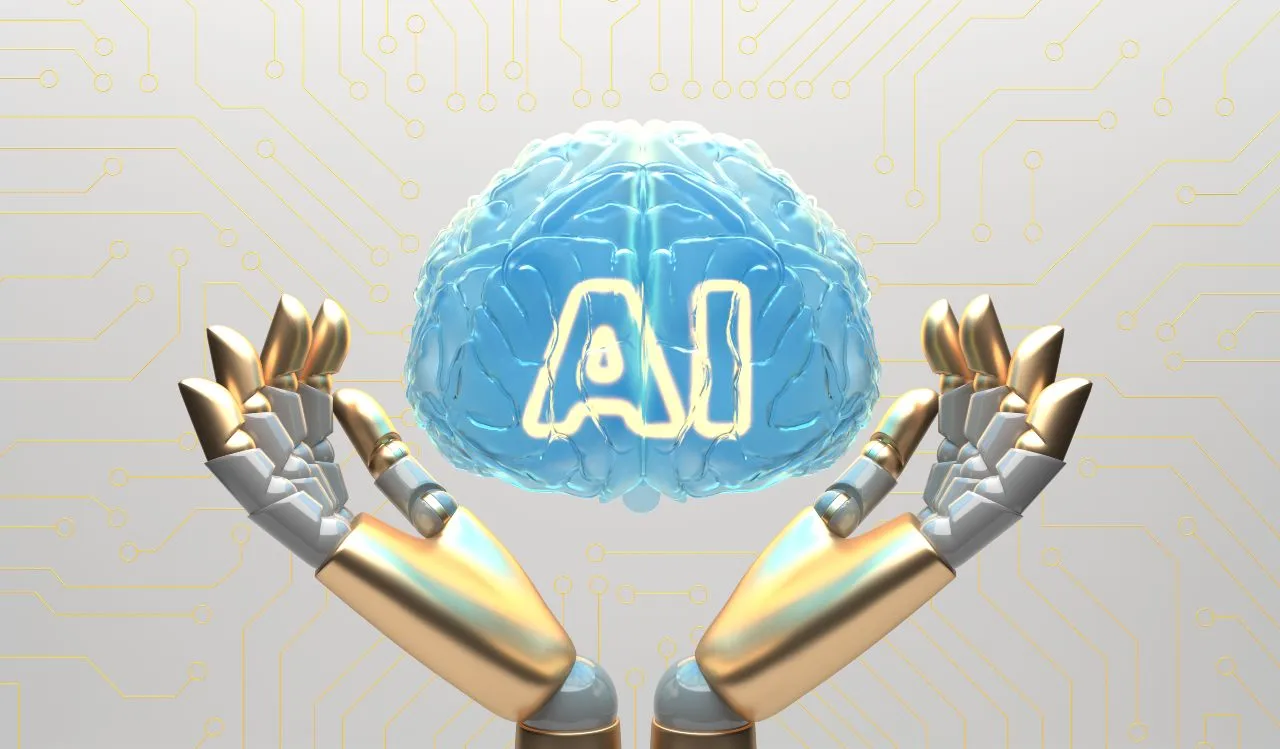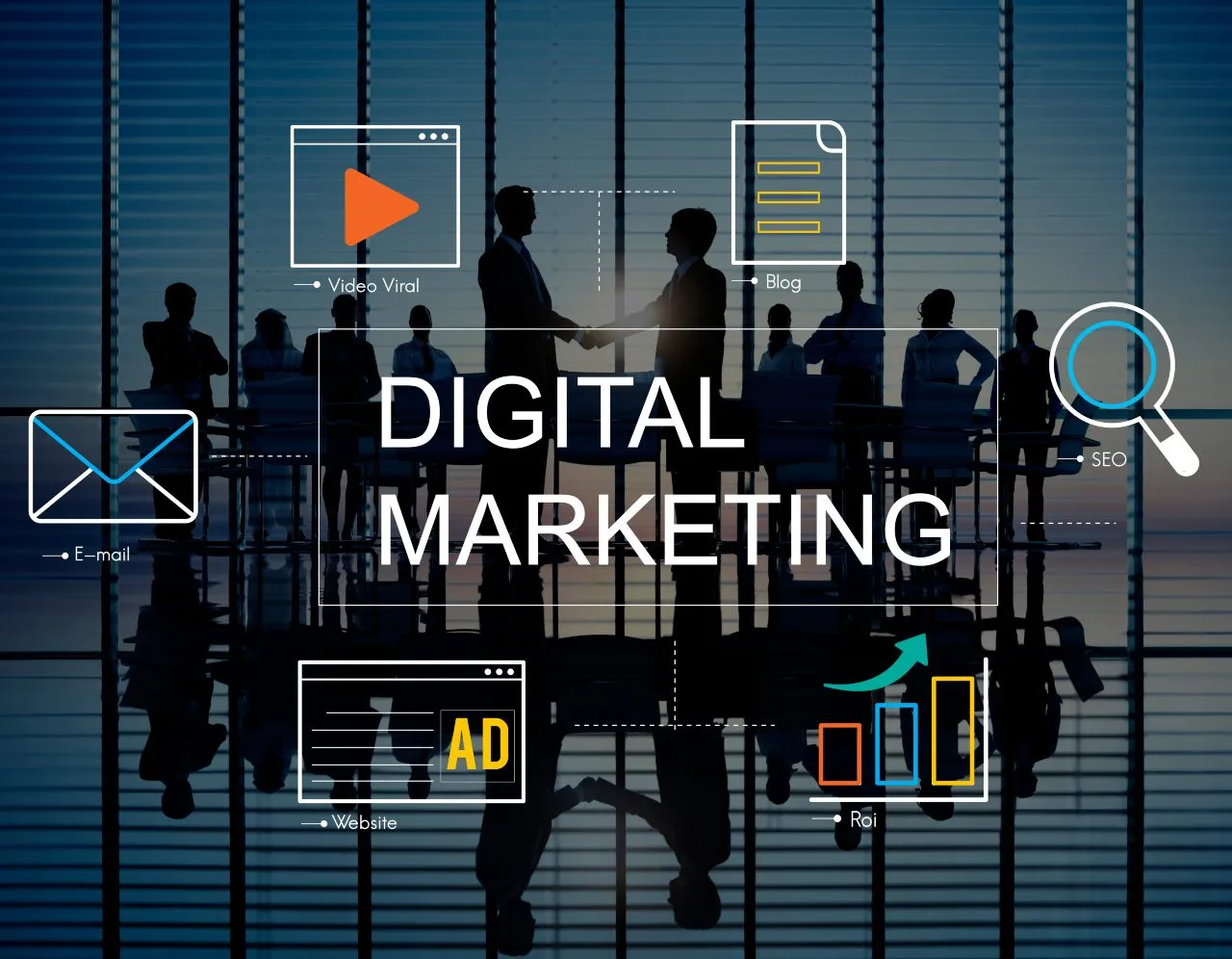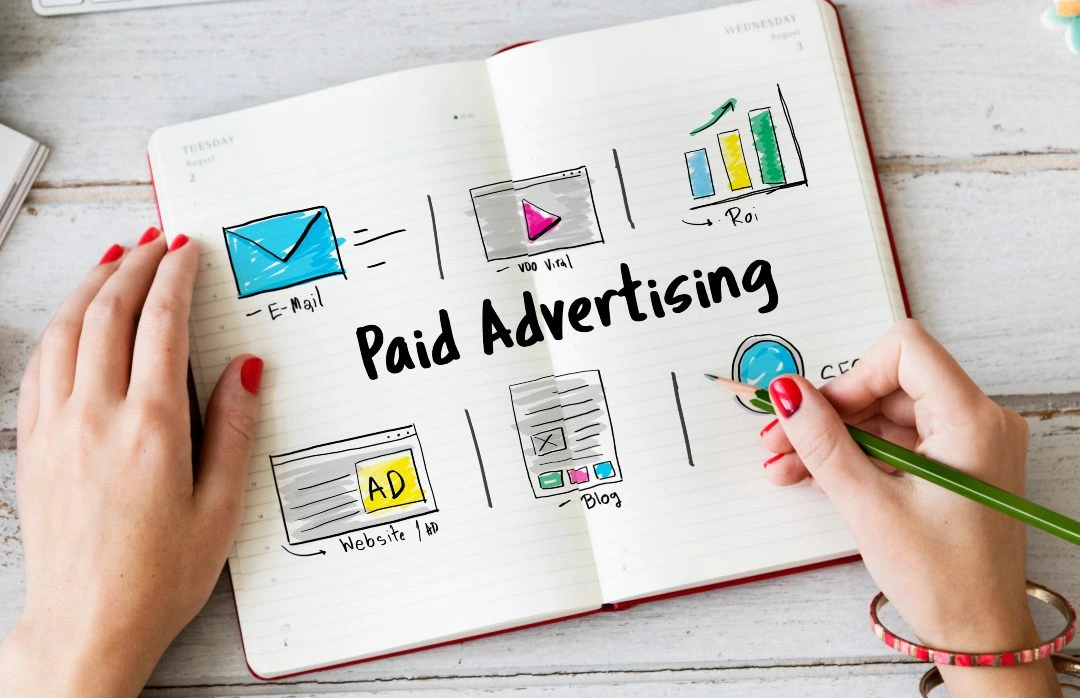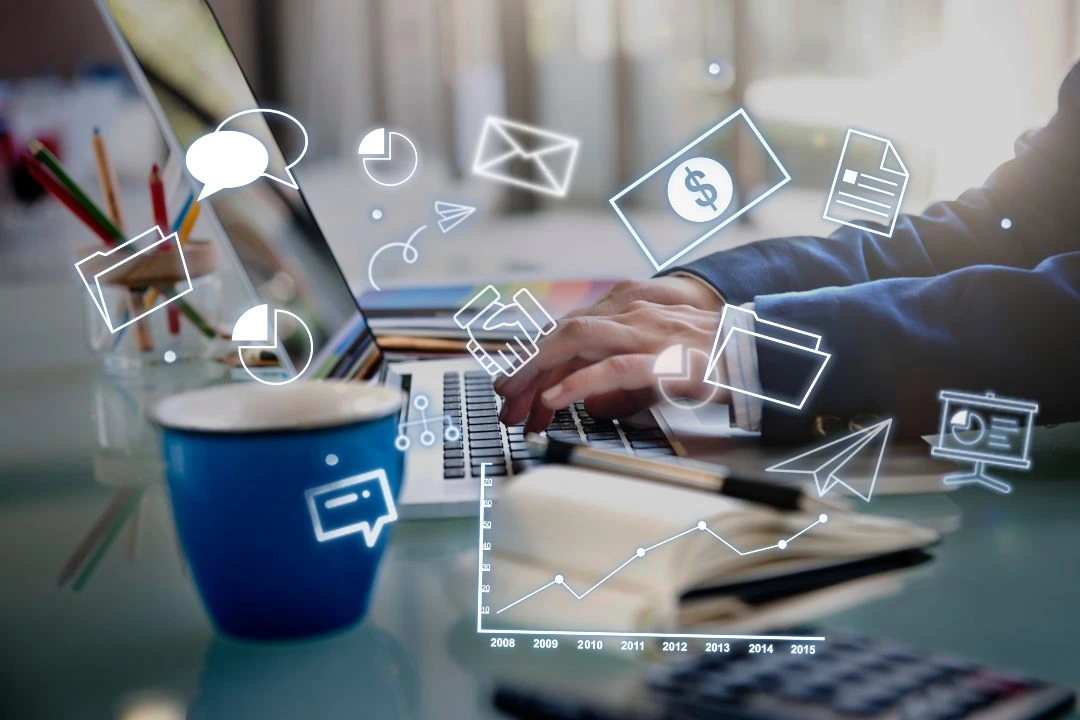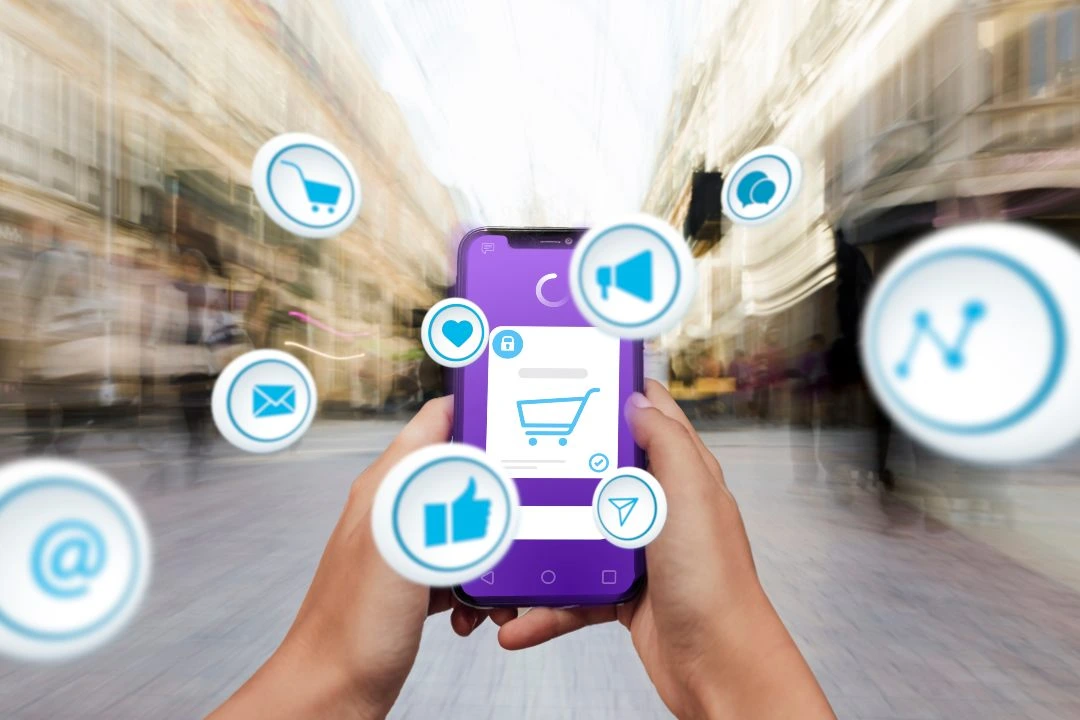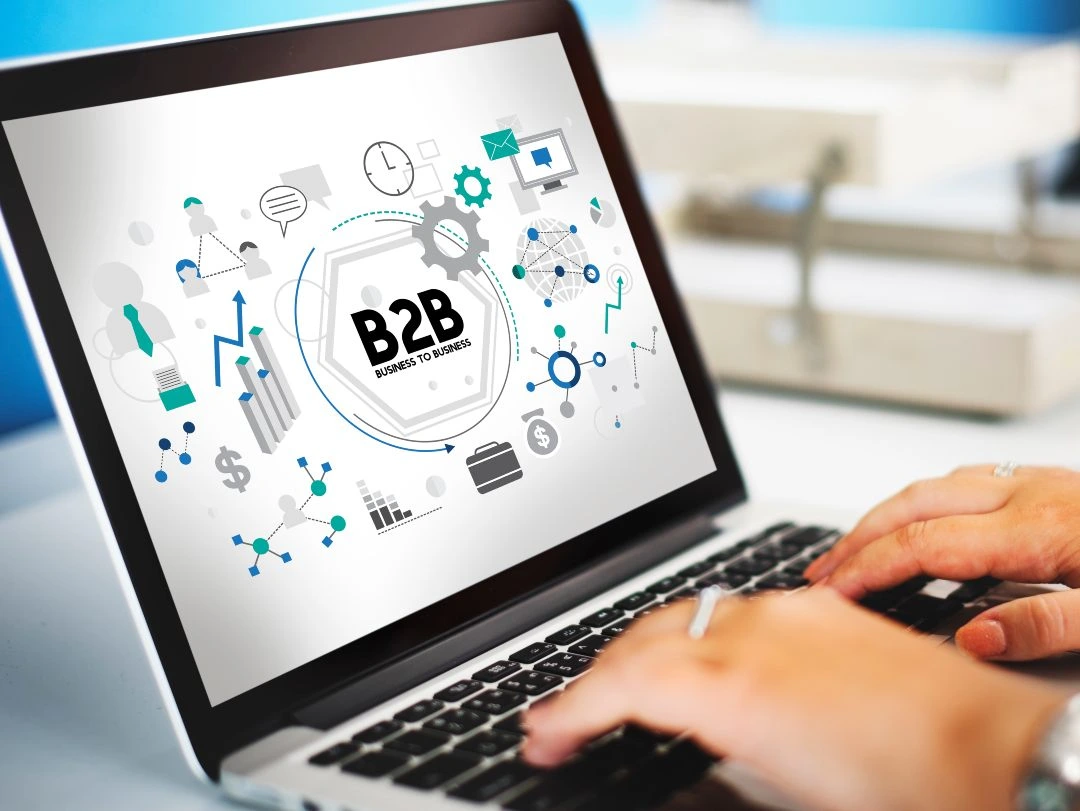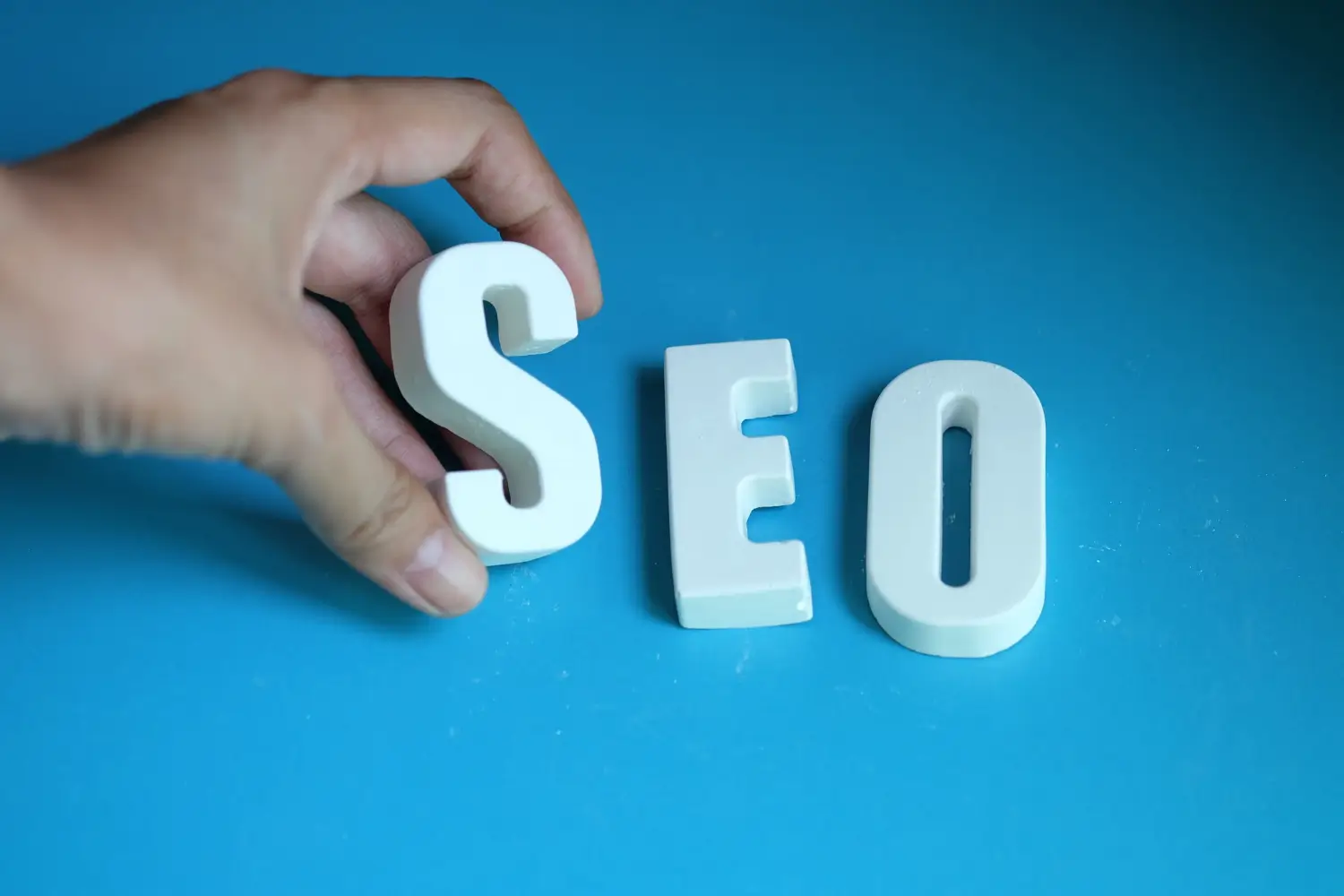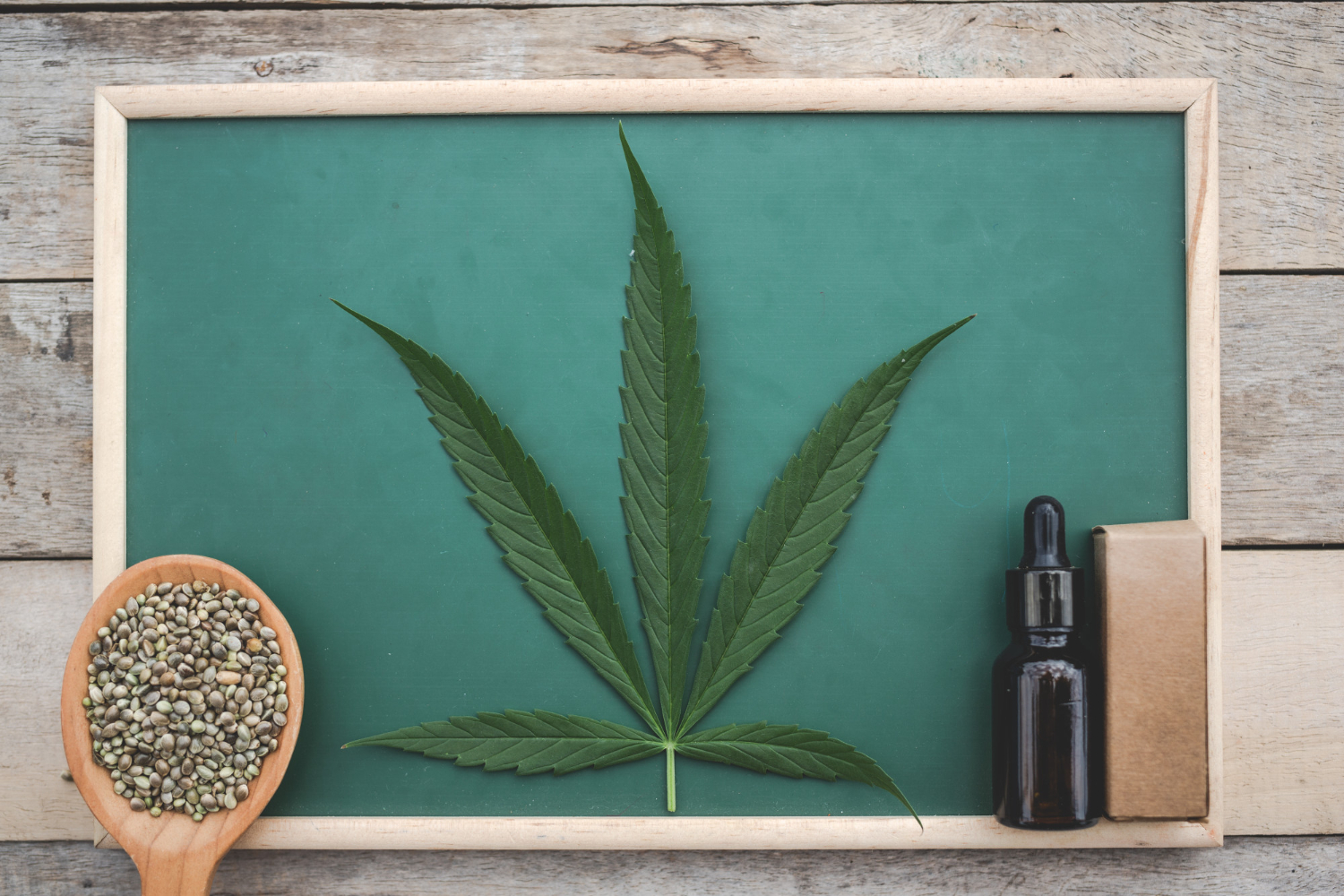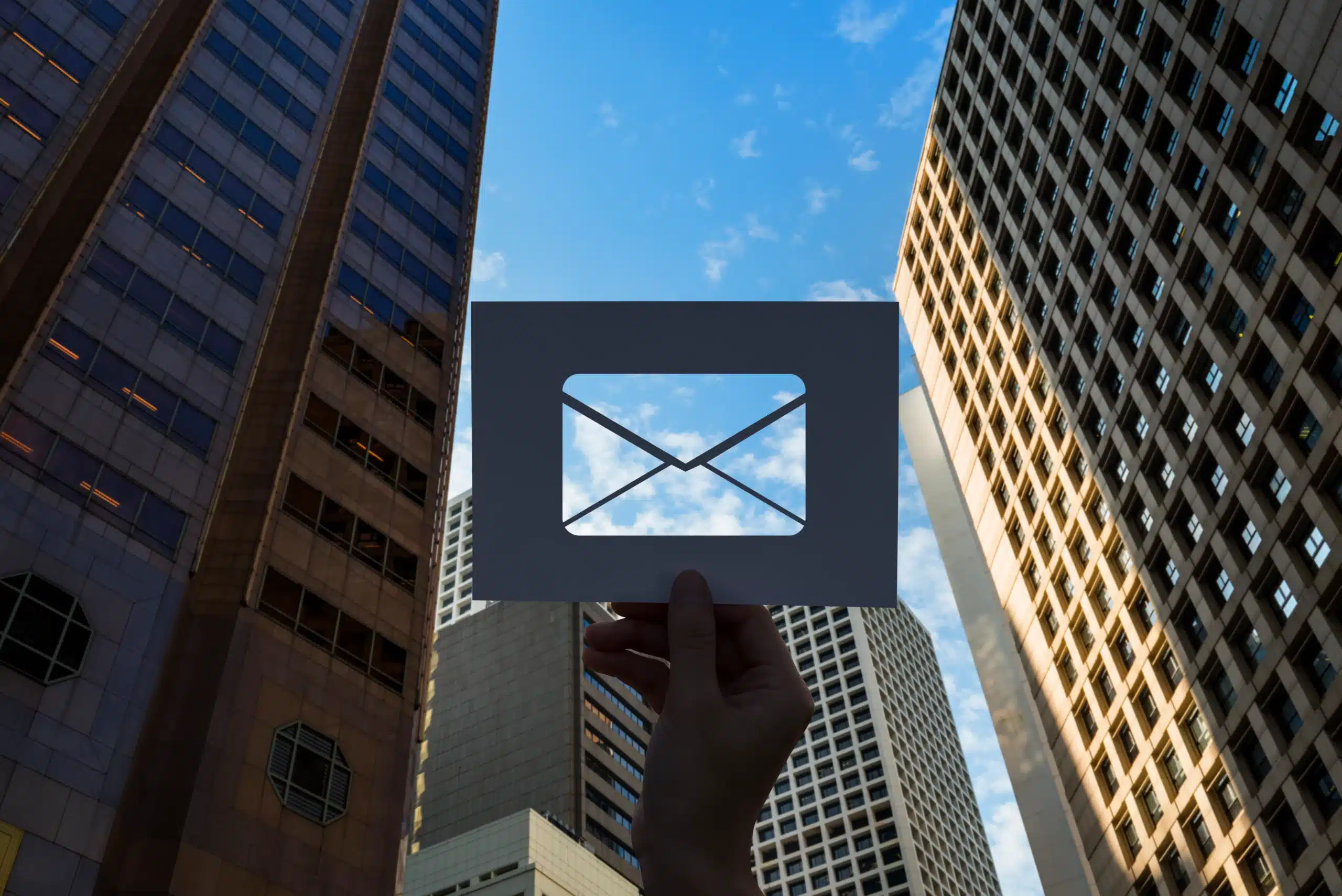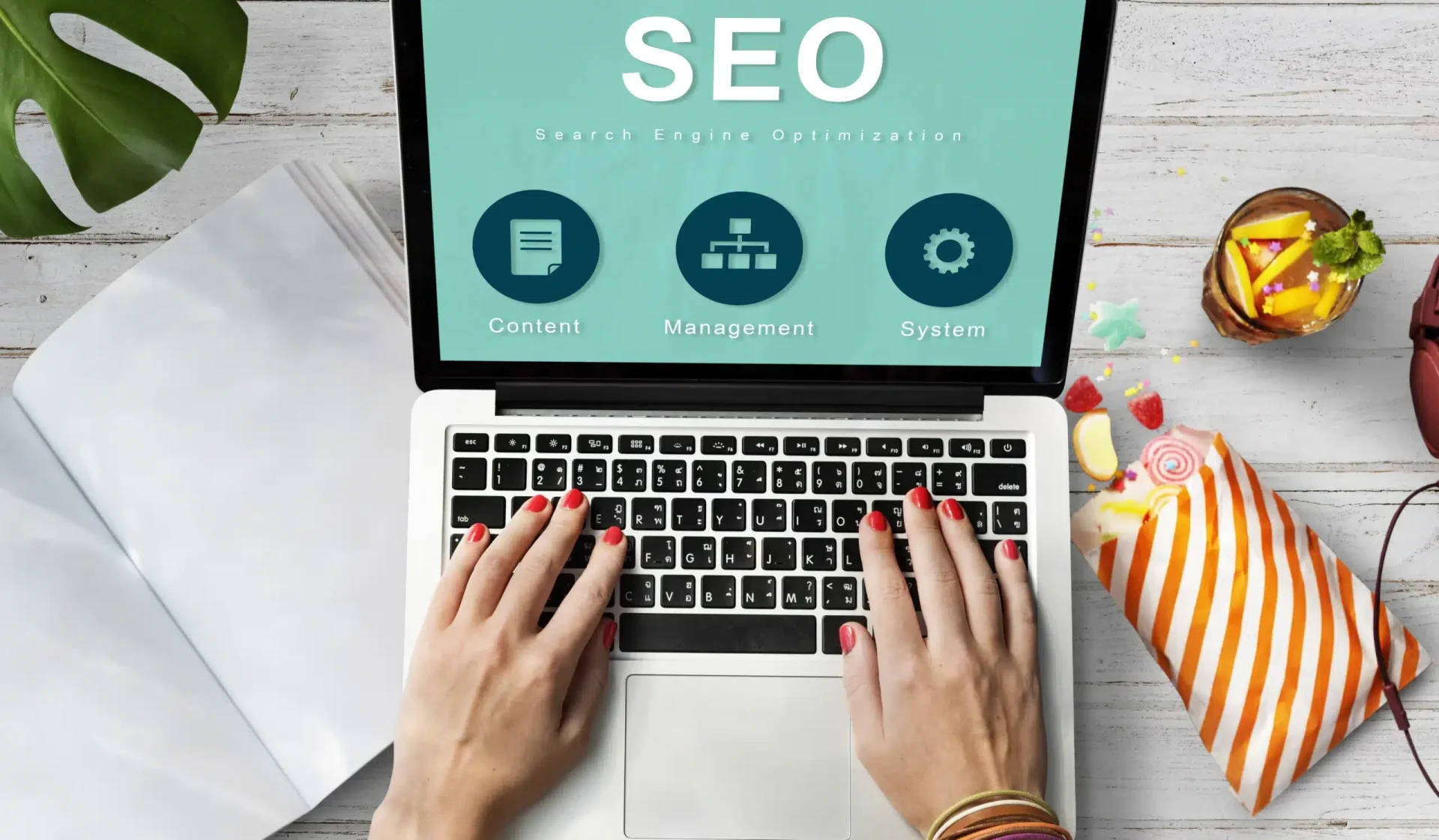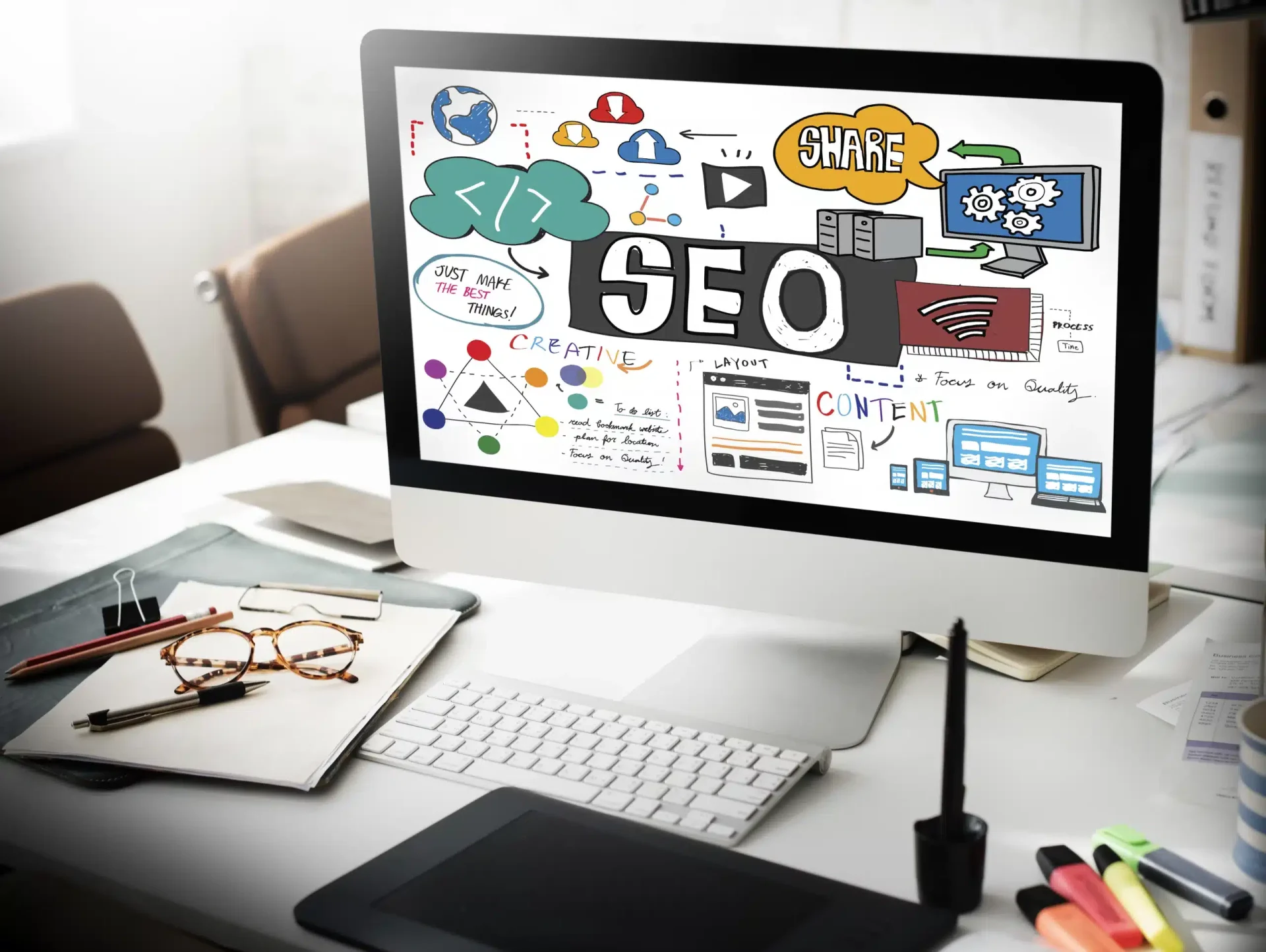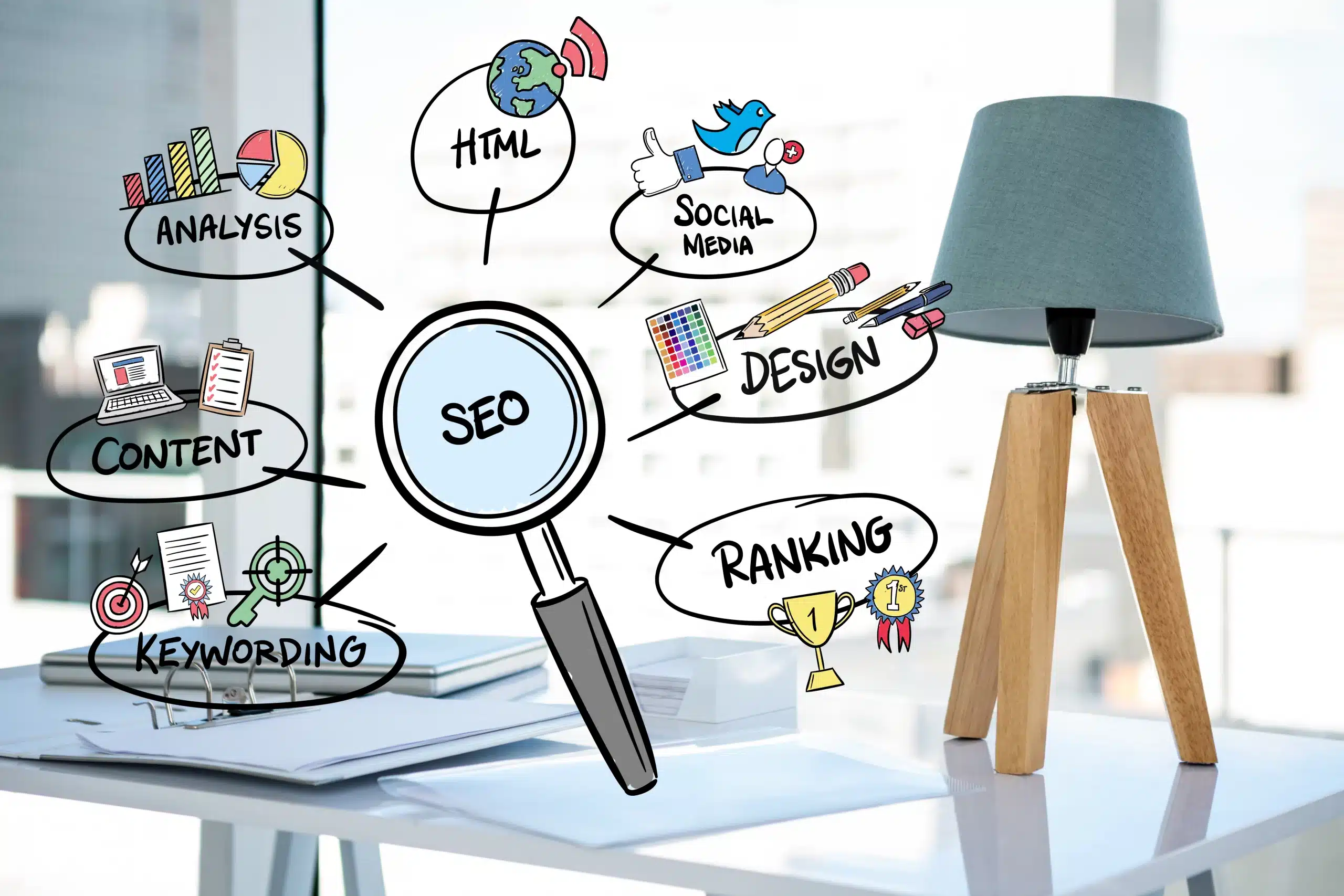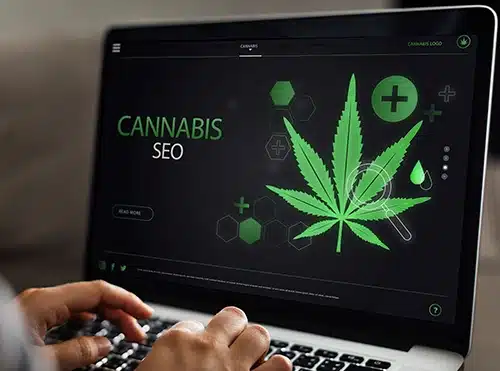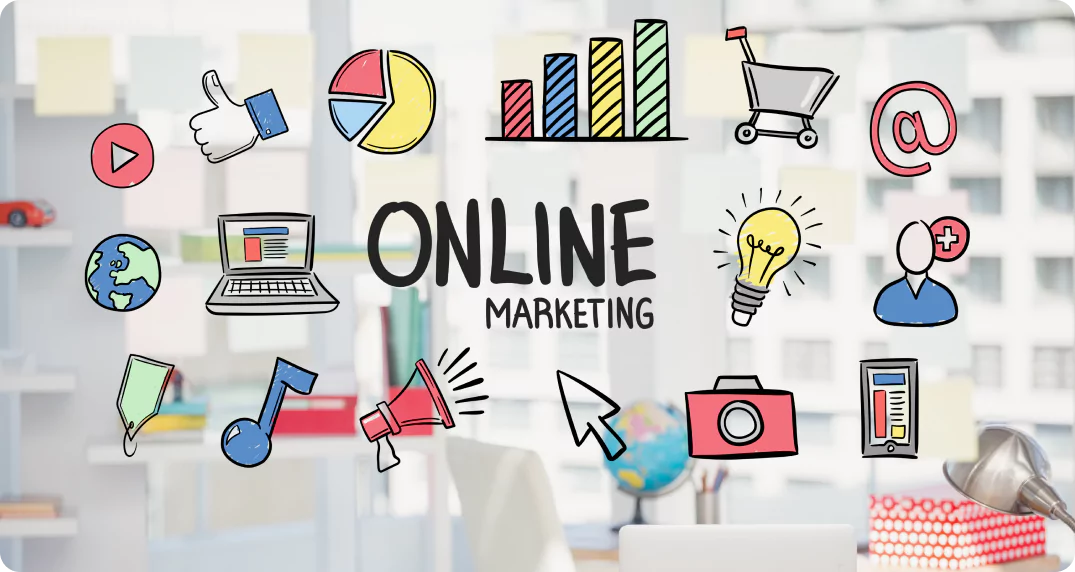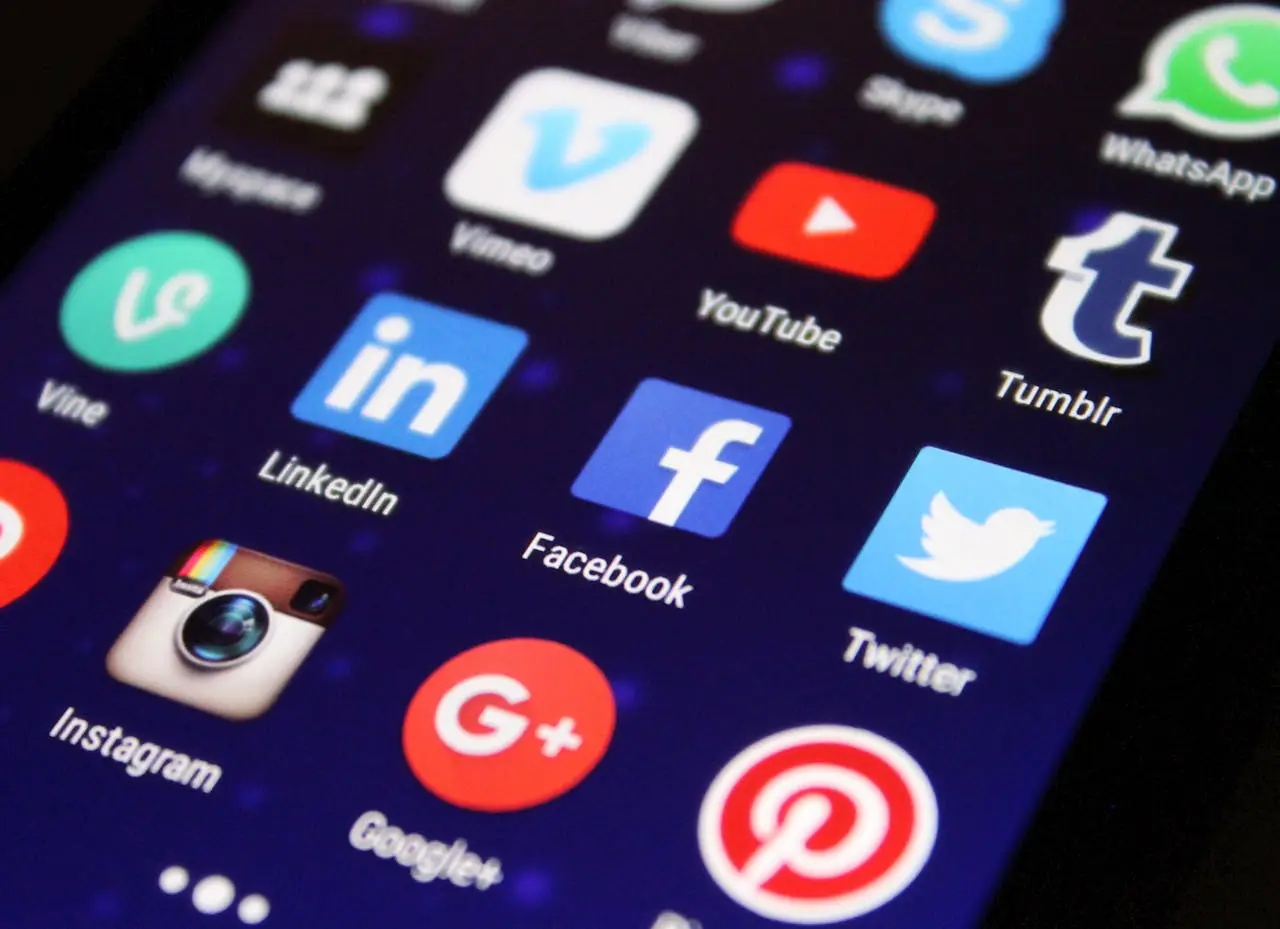Listen to article
Are you still manually crafting every email, analyzing campaign data spreadsheet by spreadsheet, and guessing which content will resonate with your audience? If so, you’re working harder, not smarter.
AI in digital marketing has evolved from a futuristic concept to an essential competitive advantage. Businesses that harness artificial intelligence are scaling faster, personalizing better, and achieving measurable ROI while their competitors struggle with outdated manual processes.
Consider this reality check—80% of marketing executives report that AI has fundamentally changed how they approach customer engagement. The use of AI in digital marketing enables businesses to analyze real-time data, predict behavior, automate workflows, and deliver hyper-targeted experiences that actually convert.
Whether you’re managing campaigns for healthcare compliance, e-commerce personalization, or sustainability initiatives like food waste management, understanding what is AI in digital marketing isn’t just changing the game. It’s rewriting the rules entirely.
What Is AI in Digital Marketing?
At its core, AI in digital marketing refers to the use of easy-to-adopt generative AI tools—like content writers, design assistants, and campaign optimizers—that help marketers streamline tasks without needing deep technical expertise. While machine learning and predictive analytics still play a role, today’s marketers increasingly rely on commercially available tools that simplify complex tasks and eliminate skill-based barriers.
These technologies enhance every aspect of your marketing operations. It’s not just about automation; it’s about intelligent automation that learns, adapts, and improves over time.
Think of AI as your most data-savvy team member—one who never sleeps, processes information at lightning speed, and spots patterns human eyes would miss. This technology analyzes customer behavior across multiple touchpoints, predicts future actions, and optimizes campaigns in real-time without constant manual intervention.
The core components working behind the scenes include:
- Machine Learning: Algorithms that improve campaign performance by learning from historical data and user interactions
- Natural Language Processing: Technology that understands and generates human-like content, powering chatbots, content creation, and sentiment analysis
- Predictive Analytics: Systems that forecast customer behavior, lifetime value, and optimal engagement timing
- Computer Vision: AI that analyzes visual content, enabling image recognition, video optimization, and visual search capabilities
Unlike marketing approaches that rely on periodic analysis and manual adjustments, AI in digital marketing operates continuously. It processes thousands of data points every second, from click-through rates and conversion patterns to social media engagement and email open times, then automatically optimizes your campaigns for maximum impact.
The Key Uses of AI in Digital Marketing Today
AI in digital marketing is no longer a futuristic idea; it’s actively shaping how businesses market smarter, faster, and more efficiently. These tools and systems are being deployed across nearly every aspect of digital marketing, from strategy development to campaign execution.
The use of AI in digital marketing varies by industry, but applications are especially impactful in content-heavy, campaign-focused, and data-driven environments. Here’s how forward-thinking businesses are leveraging AI right now:
AI-Driven SEO Services
Gone are the days of manual keyword research and guesswork-based optimization strategies. SEO services powered by AI have revolutionized how agencies and businesses approach search engine visibility.
Modern AI tools like Surfer, Clearscope, and Semrush’s AI assistants automate technical audits that would typically take hours to complete manually. They analyze search intent patterns across thousands of queries, generate SEO-optimized content briefs, and even predict which keywords will drive the most qualified traffic.
Additionally, technical SEO tools like Screaming Frog have introduced LLM-powered prompt crawling, helping marketers integrate AI directly into their site health audits and large-scale technical reviews.
What makes this particularly powerful? These systems don’t just identify opportunities—they prioritize them based on competitive difficulty, search volume trends, and your specific domain authority. The result is more precise SEO strategies that deliver measurable results faster.
AI-Powered Content Creation
AI-powered content creation has revolutionized how companies maintain content consistency across multiple platforms while dramatically reducing production time.
But here’s what separates smart implementation from basic automation: the best results come from using AI as a creative partner, not a replacement. Successful businesses use AI to generate initial drafts, brainstorm angles, and overcome writer’s block—then add human insight, brand voice, and strategic positioning.
This approach is particularly valuable for businesses managing multiple content streams, seasonal campaigns, or industry-specific messaging that requires both volume and precision.
AI Content Repurposing
One of the most practical applications businesses are implementing today involves transforming existing content into multiple formats automatically. AI tools can convert webinars into blog posts, turn case studies into social media series, and transform video content into email newsletter segments.
Email Marketing with AI
Email marketing has evolved far beyond basic segmentation and scheduled sends. AI now personalizes subject lines based on individual recipient behavior, predicts optimal send times for each contact, and dynamically segments audiences based on real-time engagement patterns. Advanced AI email marketing services analyze open rates, click behaviors, purchase history, and even seasonal patterns to automatically adjust messaging, offers, and frequency.
AI Social Media Marketing
Smart marketers are using AI tools like Hootsuite Insights, Sprout Social, and Buffer to automate content creation and optimize posting schedules. These platforms analyze your audience’s engagement patterns to recommend the best times to post and suggest content topics that drive interaction.
AI-powered tools help you generate multiple caption variations, create visual content at scale, and monitor brand mentions across platforms.
But the evolution doesn’t stop at captions and scheduling—generative AI is now transforming video marketing at scale. According to the IAB’s 2025 Digital Video Ad Spend & Strategy Report, 86% of advertisers are already using or planning to use generative AI to create video ads.
Predictive Analytics & Customer Insights
Marketers are using AI tools like HubSpot’s predictive lead scoring, Salesforce Einstein, and Klaviyo’s predictive analytics to identify high-value prospects before they convert. These platforms analyze customer behavior patterns to predict purchase likelihood, optimal email timing, and churn risk.
Smart marketers leverage these insights in their lead generation services to prioritize sales outreach, personalize product recommendations, and trigger automated retention campaigns.
Chatbots and AI Customer Support
AI-powered chatbots have evolved from simple FAQ responders to sophisticated customer service representatives capable of handling complex inquiries, qualifying leads, and routing conversations to human agents when necessary.
Tools like Drift, Intercom, and HubSpot’s chatbot features can engage website visitors 24/7, collect valuable lead information, and even schedule appointments or demos automatically. This not only improves customer experience but also captures leads that might otherwise be lost during off-hours.
Real-World Examples: How Businesses Are Using AI Effectively
These examples of AI in digital marketing demonstrate that AI isn’t just a theoretical advantage—it’s already being applied across industries to solve real challenges in digital marketing. From compliance-heavy sectors like healthcare and finance to fast-paced verticals like e-commerce and tech, AI in digital marketing is enabling businesses to operate more efficiently, personalize better, and generate measurable results.
Let’s examine practical examples of AI in digital marketing and how different industries are leveraging AI to overcome their unique marketing challenges:
Healthcare
Healthcare marketers use AI to generate compliant content that meets regulatory standards while remaining engaging. AI automatically flags potential compliance issues before content goes live, reducing legal risk.
In healthcare, AI lead scoring tools help identify patients most likely to engage based on symptoms, location, and insurance compatibility—streamlining the patient acquisition process while maintaining compliance. These tools enable healthcare providers to allocate resources more effectively and personalize outreach strategies.
E-Commerce
E-commerce businesses use AI to personalize product recommendations based on browsing history and purchase patterns. AI crafts personalized cart abandonment emails with relevant product suggestions and optimal send timing.
Inventory triggers automatically promote products when stock is low or seasonally relevant. It’s plain and simple: AI helps you sell more by showing the right products to the right customers at the right time.
SaaS & Tech
B2B tech companies use AI to identify accounts showing buying intent before competitors recognize the opportunity. AI analyzes website behavior and content engagement to score leads and trigger targeted nurture sequences.
Sales teams receive AI alerts when prospects hit engagement thresholds, enabling timely outreach that feels helpful rather than pushy.
Finance
Financial marketers use AI to create targeted campaigns that reach qualified prospects while maintaining regulatory compliance. AI analyzes creditworthiness and eligibility to ensure marketing focuses on prospects who can actually qualify.
Automated compliance monitoring reviews marketing materials for violations before deployment. Unlike manual reviews, AI catches potential issues 24/7.
Education
Educational institutions use AI to personalize student recruitment based on academic interests and engagement behavior. AI predicts enrollment likelihood and optimizes follow-up timing.
Scholarship matching systems identify students who qualify for specific programs. If you’re managing multiple recruitment campaigns, AI ensures each prospect receives relevant program information.
Real Estate
Real estate professionals use AI for hyperlocal targeting that reaches prospects researching specific neighborhoods. AI distinguishes serious buyers from casual browsers based on search behavior.
CRM automation delivers personalized market updates and property suggestions based on buyer preferences. This consistent nurturing approach generates more qualified leads than sporadic outreach.
Benefits of Using AI in Digital Marketing for Businesses
Understanding the benefits of AI in digital marketing helps businesses make informed decisions about implementation. Companies today are looking for smarter ways to scale their marketing, connect with the right audience, and cut through the noise. AI in digital marketing makes all of that possible—not by replacing marketers, but by empowering them to make better decisions faster.
Here are the most significant benefits of AI in digital marketing for modern marketing operations:
- Eliminate repetitive tasks like writing variations, analyzing data, and audience segmentation so you can focus on strategy
- Boost campaign performance through automated optimization and smarter budget allocation across your highest-converting audiences
- Deliver personalized experiences at scale with tailored content, product recommendations, and responsive customer service
- Scale effortlessly without hiring additional team members or increasing operational overhead
- Make data-driven decisions based on predictive insights and AI marketing statistics instead of guesswork
To understand the broader context of marketing investment returns, consider how hiring a digital marketing agency with AI capabilities can amplify these results.
Trends to Watch: The Future of AI in Digital Marketing
The AI in digital marketing landscape is evolving rapidly, with new capabilities reshaping how businesses connect with audiences. Here’s what’s happening right now:
Content optimization tools are getting smarter at predicting what will rank. They analyze user intent and competitor strategies in real-time, helping marketers create content that actually performs in search results.
Voice search is changing how people find businesses. Smart marketers are adapting their content to sound more conversational and answer the questions people actually ask their devices.
AI video creation is making professional content accessible to everyone. What once required expensive production teams can now be done with AI tools that generate scripts, visuals, and even voiceovers automatically.
Hyper-personalization goes beyond basic demographics. AI now adapts your messaging and offers based on what someone’s doing right now, not just what they did last month.
Compliance and ethics are becoming non-negotiable. As privacy regulations tighten, businesses are building AI systems that respect customer data while still delivering results. It’s plain and simple: responsible AI use isn’t just good practice—it’s becoming required practice.
The bottom line? AI isn’t just changing marketing tactics—it’s rewriting the entire playbook for how businesses build relationships with customers.
Conclusion
AI in digital marketing goes beyond automation—it’s about creating smarter, faster, and more personalized connections between businesses and their audiences. The technology has matured from experimental to essential, delivering measurable results across every industry and business size.
Whether you’re managing healthcare campaigns, scaling e-commerce personalization, or building growth in emerging sectors like food waste management, the benefits of AI in digital marketing provide the tools to achieve your goals more effectively.
Scopic Studios brings a tailored, data-driven approach to AI digital marketing, designed to deliver measurable impact and scalable growth. Our team understands that effective AI in digital marketing implementation requires both technical expertise and strategic marketing insight, as demonstrated through our proven records across diverse industries.
Whether you need full-service marketing solutions or specialized AI implementations, we help businesses harness the complete potential of artificial intelligence.
Ready to discover how AI in digital marketing can transform your results? Contact us to explore which AI applications will drive the greatest impact for your business.
About AI in Digital Marketing: Tools, Trends, and Real-World Examples
This guide was written by Mikheil Kandaurishvili and reviewed by Araksya Hakobjanyan, SEO Lead at Scopic Studios.
Scopic Studios delivers exceptional and engaging content rooted in our expertise across marketing and creative services. Our team of talented writers and digital experts excel in transforming intricate concepts into captivating narratives tailored for diverse industries. We’re passionate about crafting content that not only resonates but also drives value across all digital platforms.
Note: This blog’s images are sourced from Freepik.
FAQs
Can small businesses use AI in their digital marketing?
Yes. Many AI marketing tools are designed for small businesses with affordable pricing and user-friendly interfaces. Tools like AI-powered email platforms, social media schedulers, and content creation assistants can improve efficiency without large budgets or technical expertise.
What are the benefits of AI for digital marketing teams?
AI eliminates repetitive tasks, improves campaign performance through data-driven optimization, provides better customer insights, and enables personalization at scale. Teams can focus on strategy and creativity instead of manual analysis.
What industries benefit most from AI digital marketing?
All industries benefit, but those with complex customer journeys, strict compliance requirements, or high-volume interactions see particularly strong results. Healthcare, financial services, e-commerce, real estate, and B2B technology companies are leading adoption.
Are there risks to using AI in digital marketing?
Primary risks include over-reliance on automation without human oversight, potential privacy concerns with customer data handling, and creating generic content that lacks authentic brand voice. These are easily mitigated through proper implementation and regular monitoring.
What's the best way to get started with AI in digital marketing?
Start by identifying your biggest marketing challenge—content creation, email personalization, or campaign optimization. Choose one AI tool that addresses that specific problem, implement it properly, and measure results before expanding to additional applications.
How is AI changing the future of marketing?
AI is shifting marketing from reactive to predictive, from generic to hyper-personalized, and from manual to intelligently automated. The most significant change is democratizing advanced marketing capabilities, making sophisticated strategies available to businesses of all sizes.

